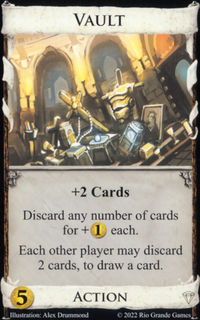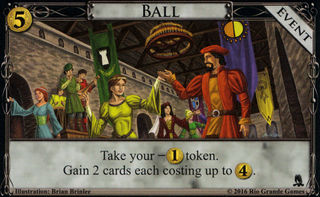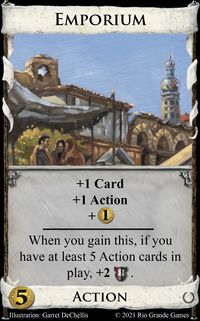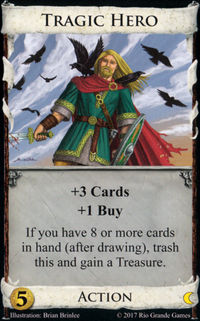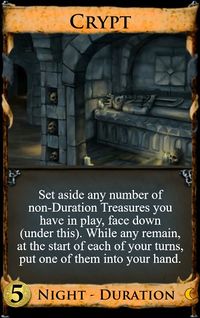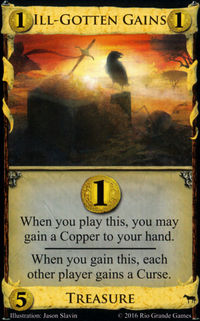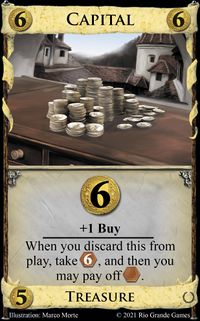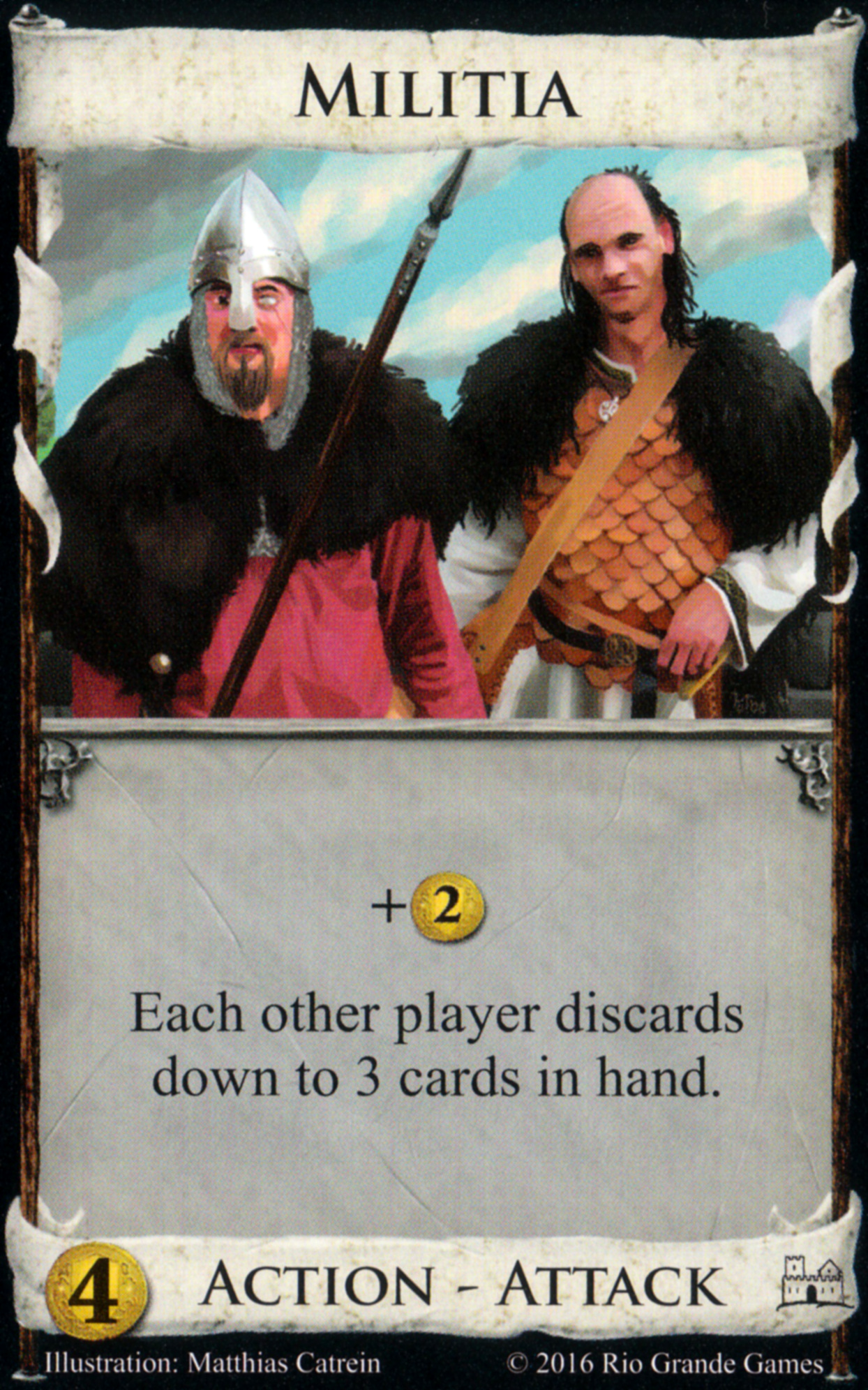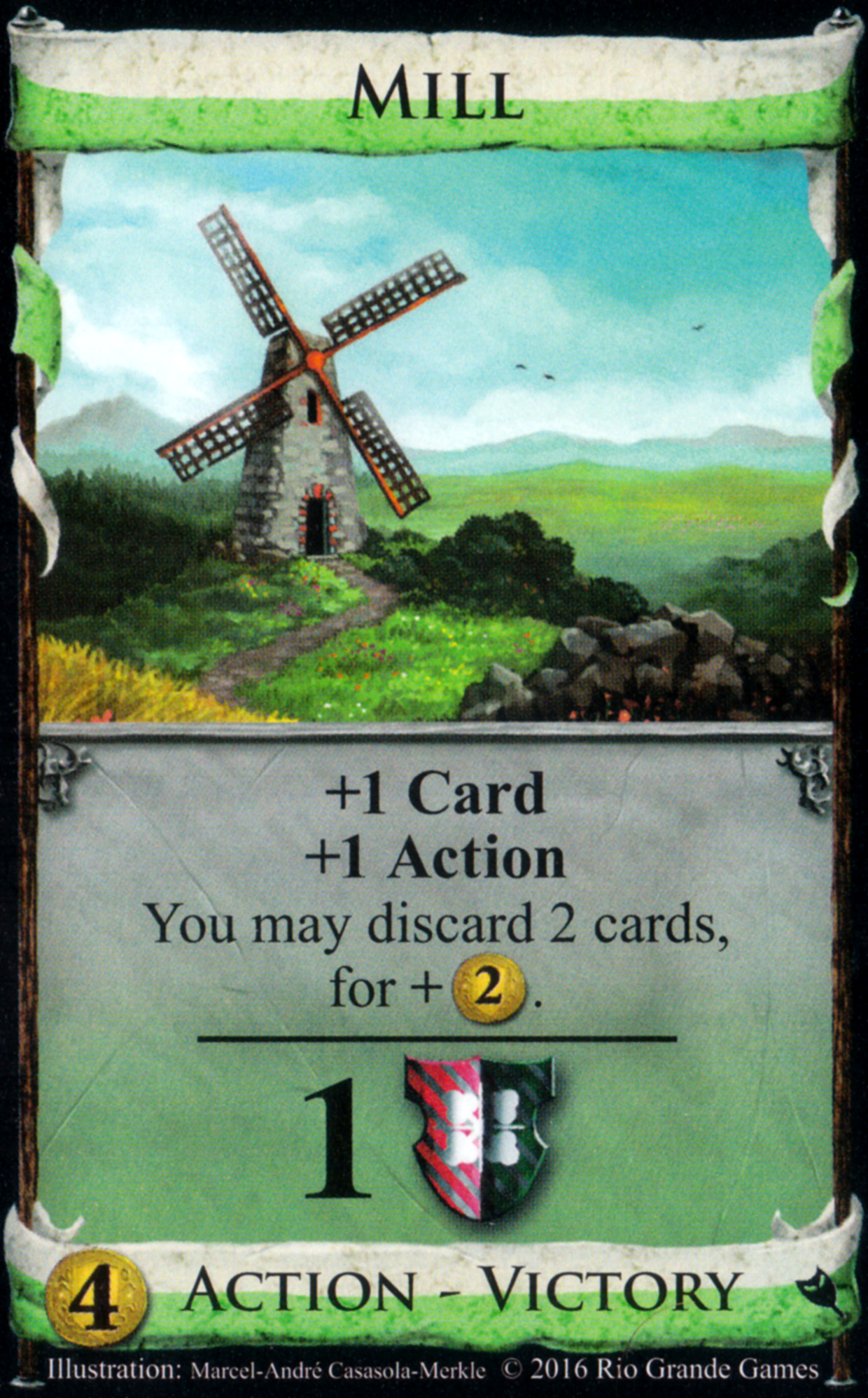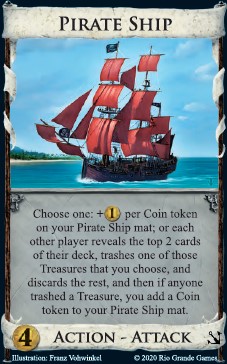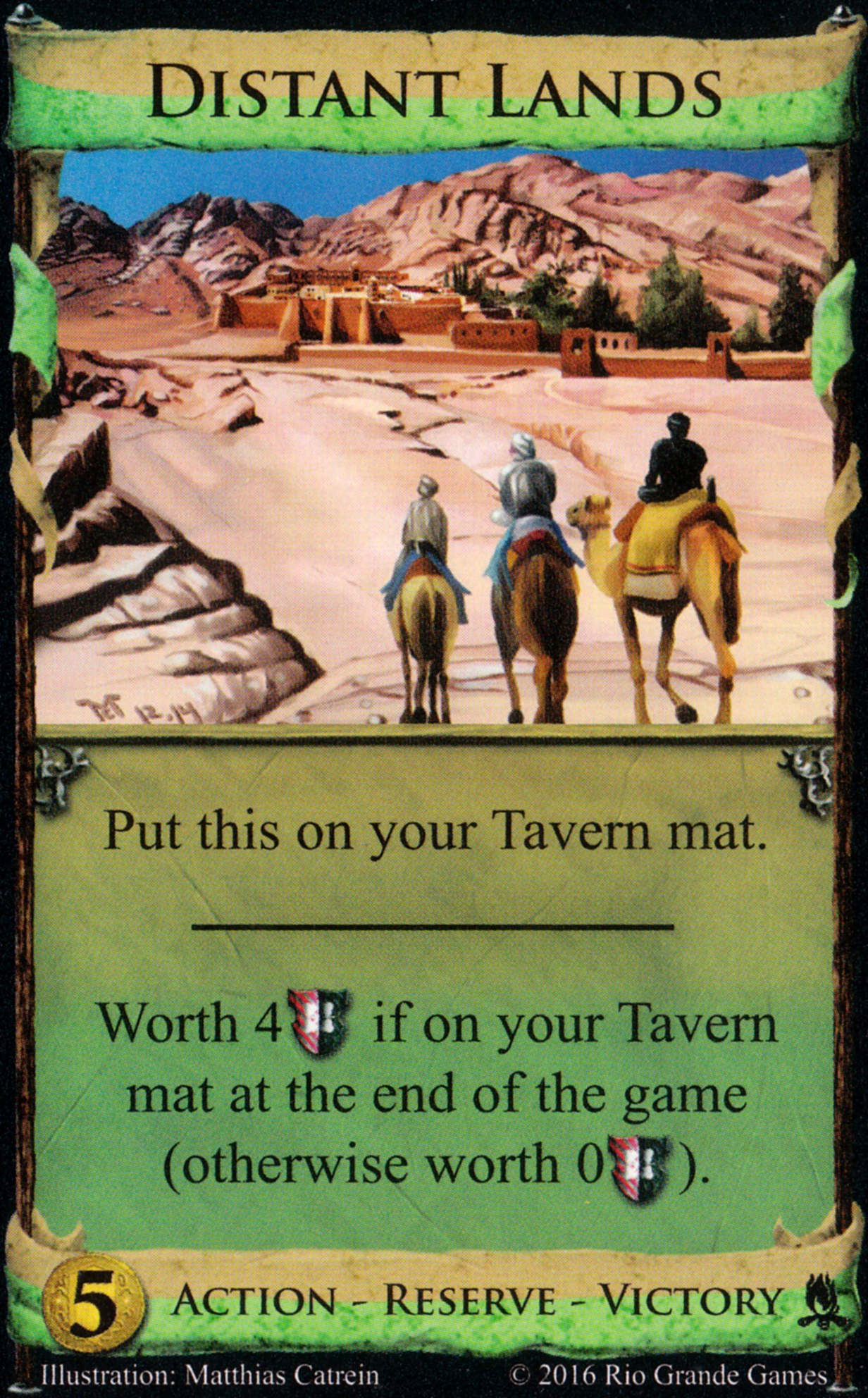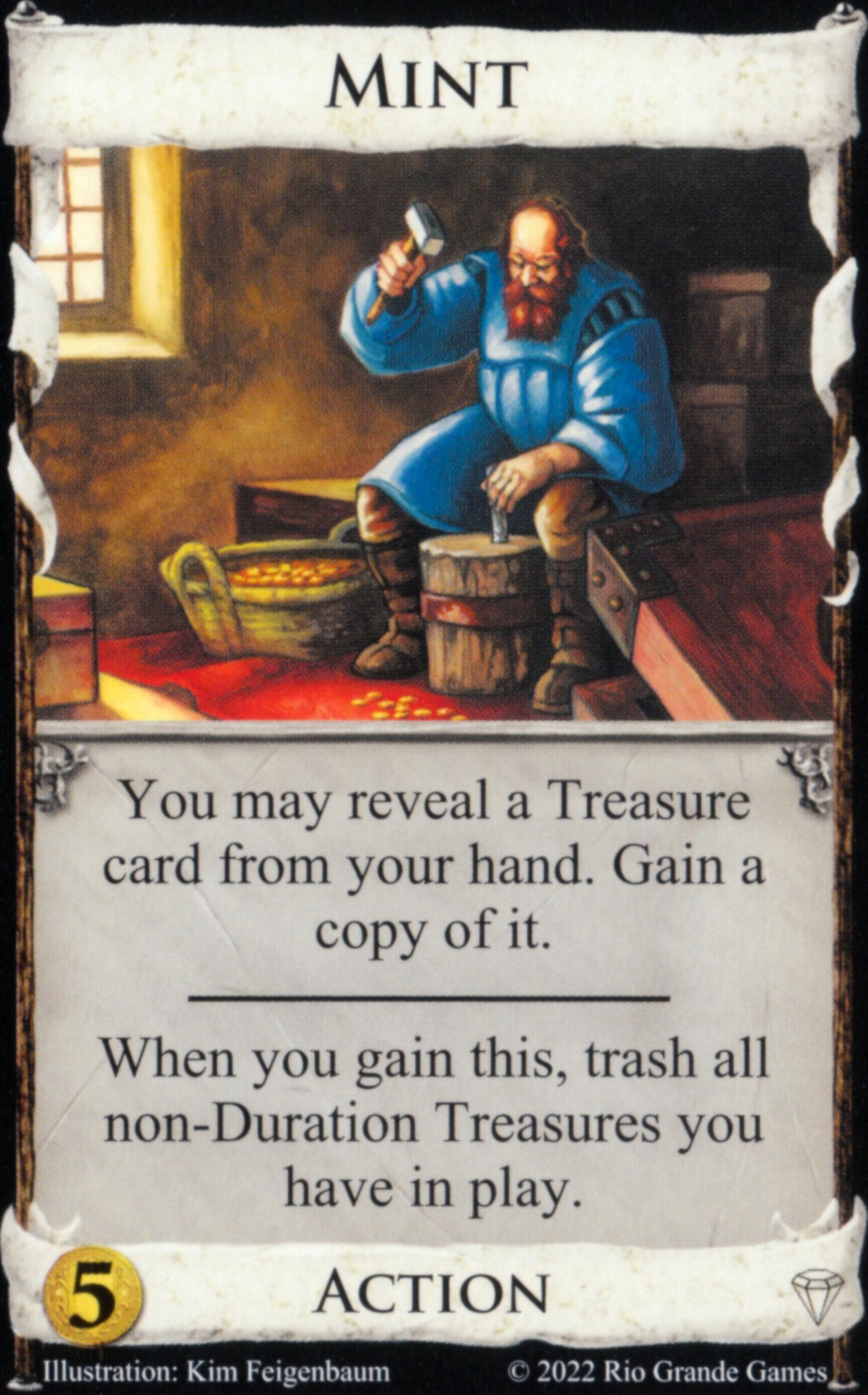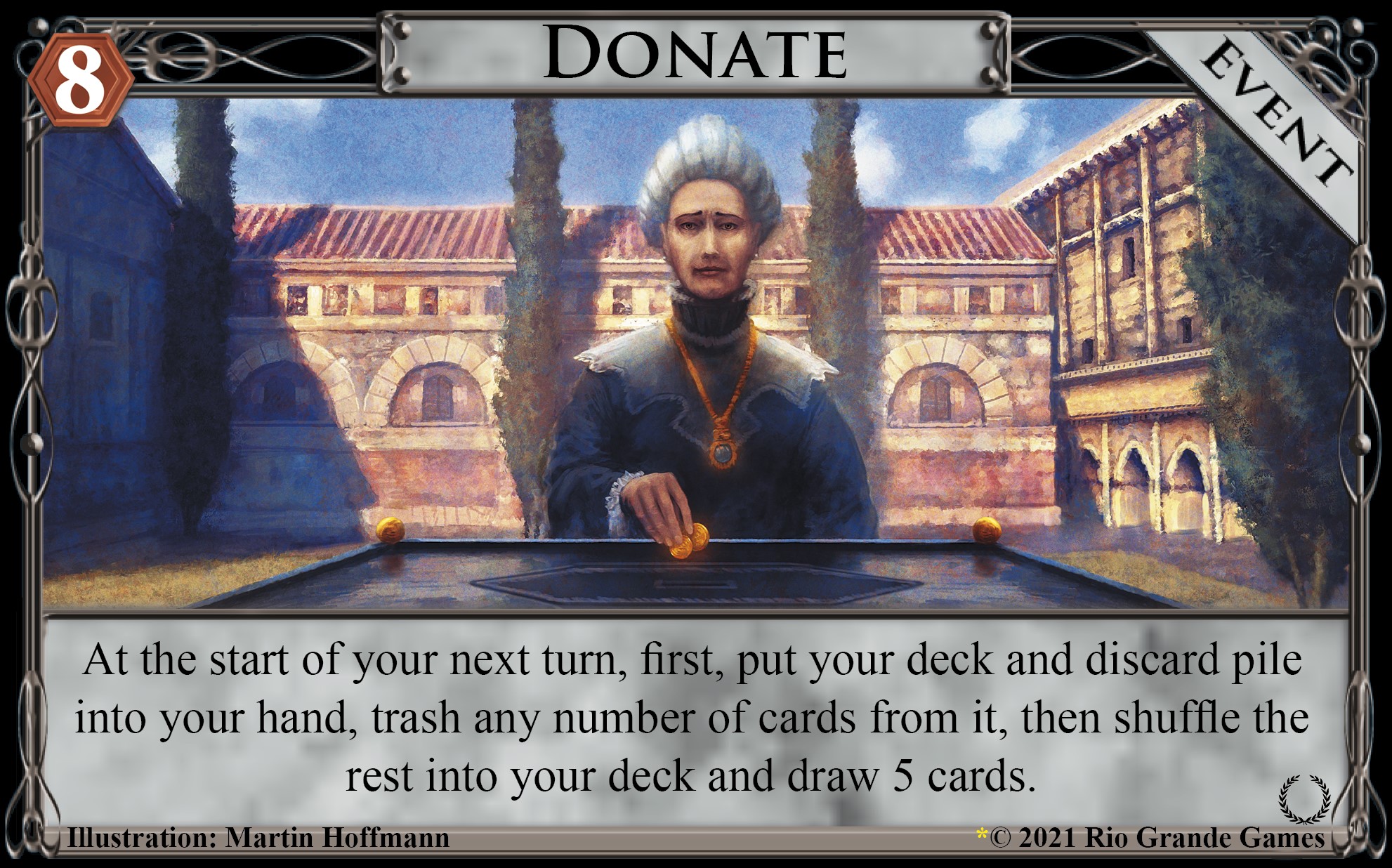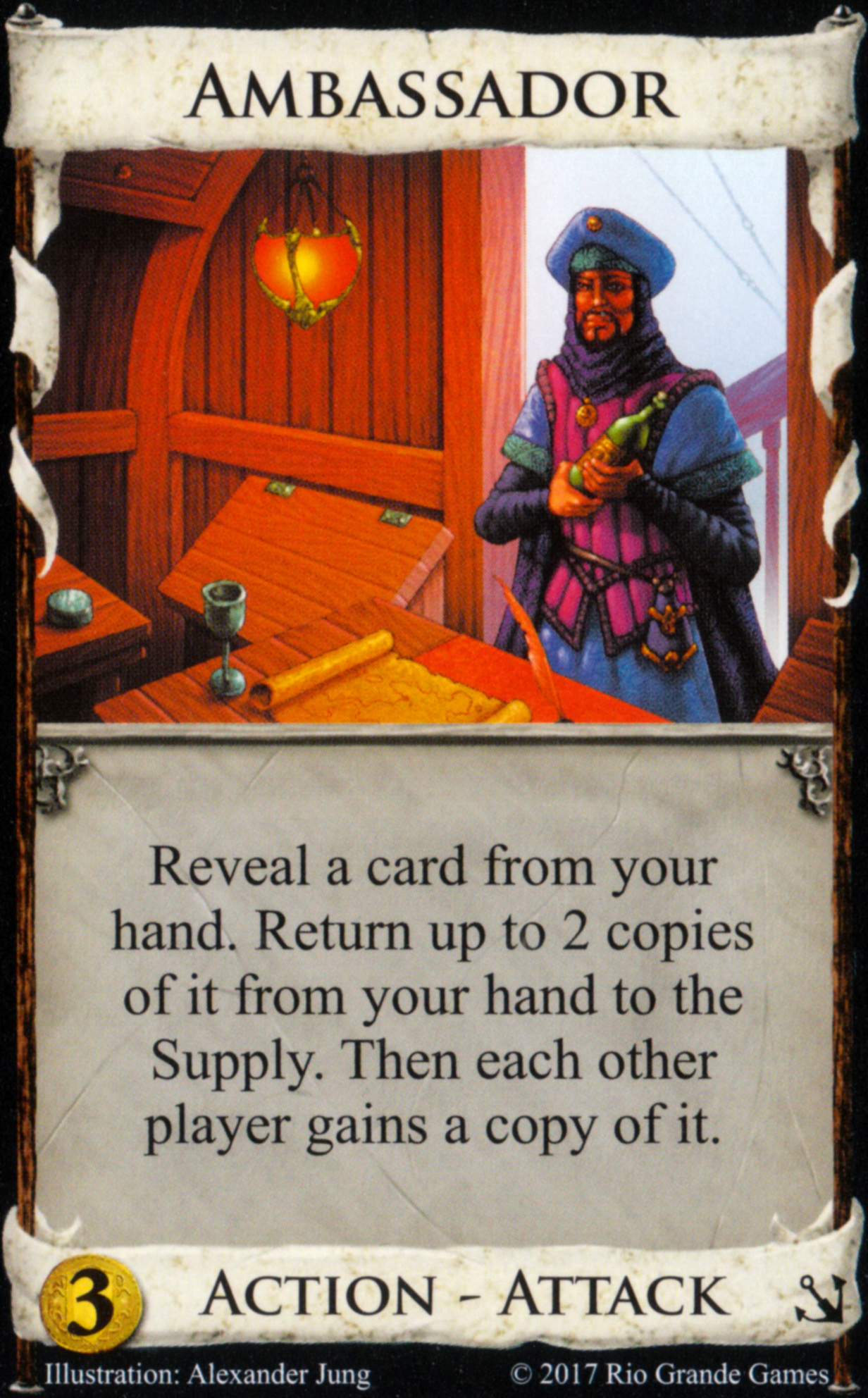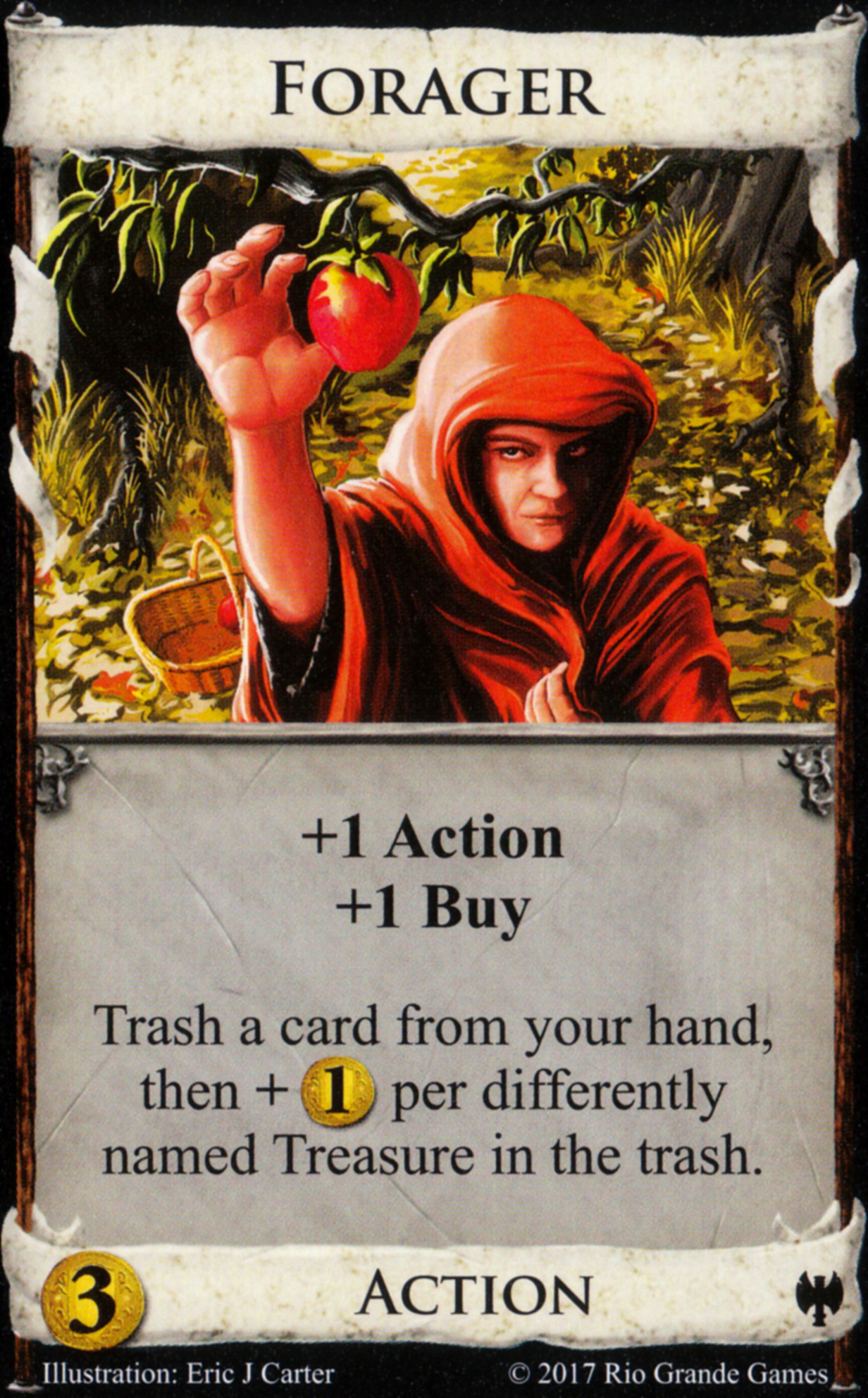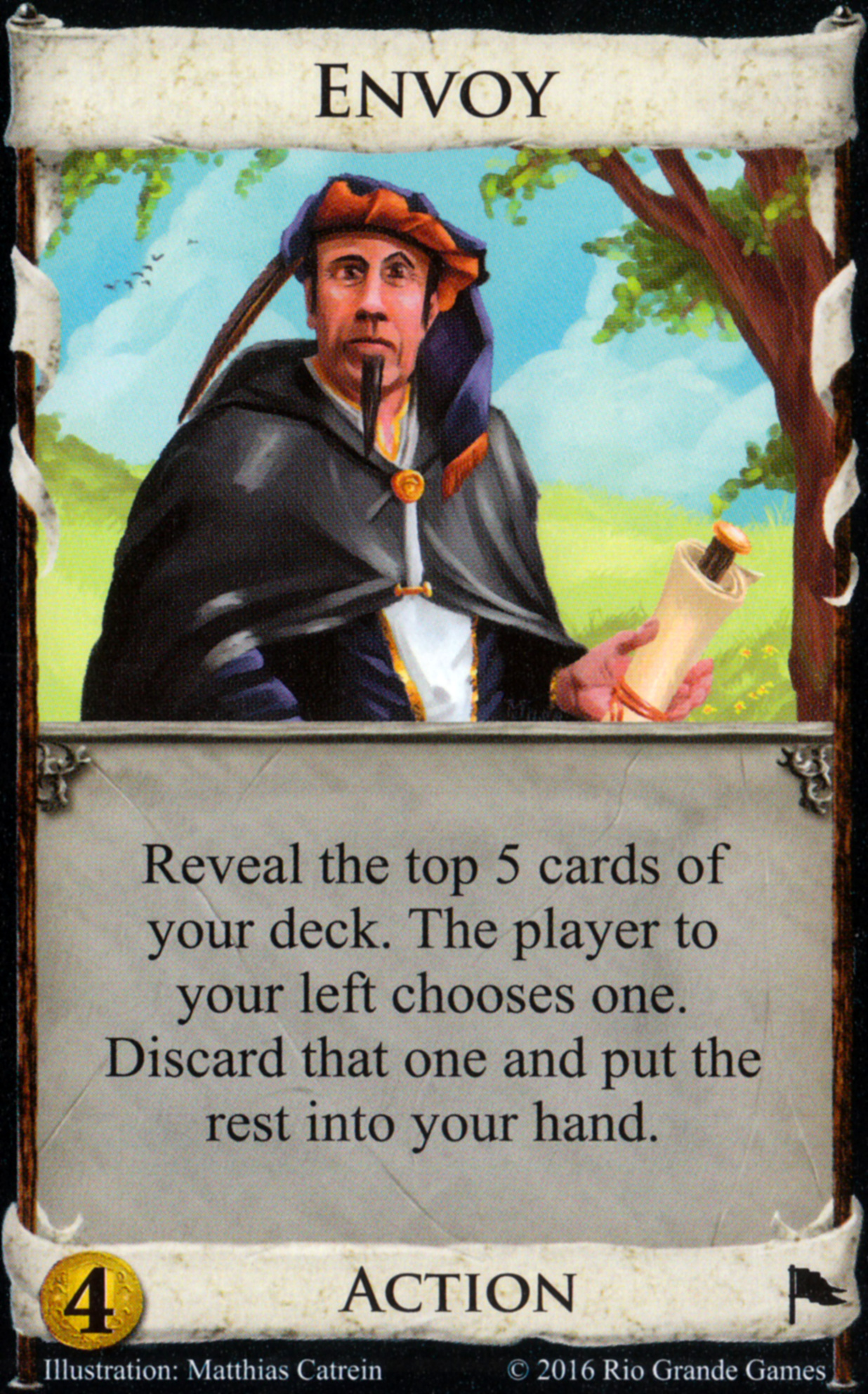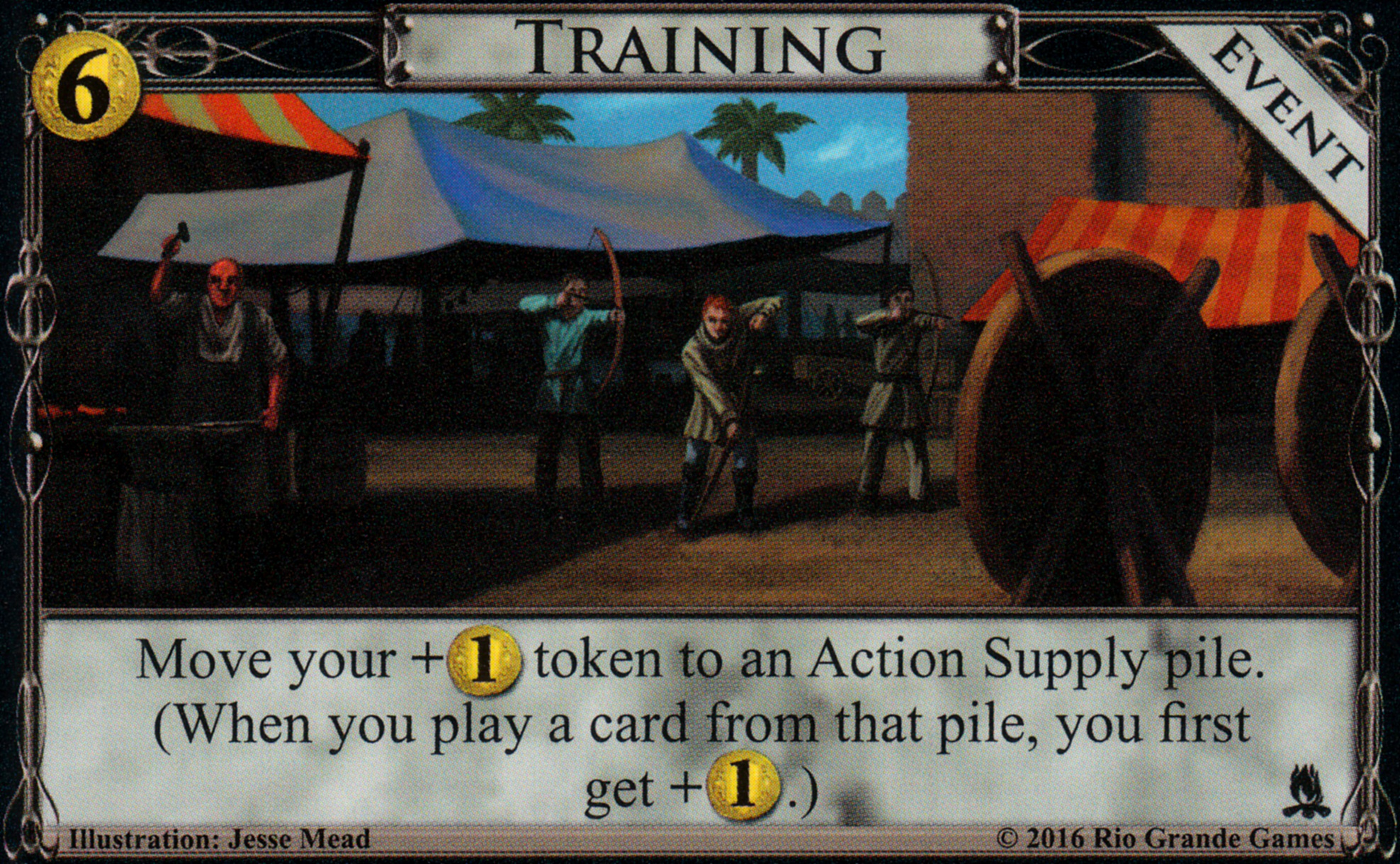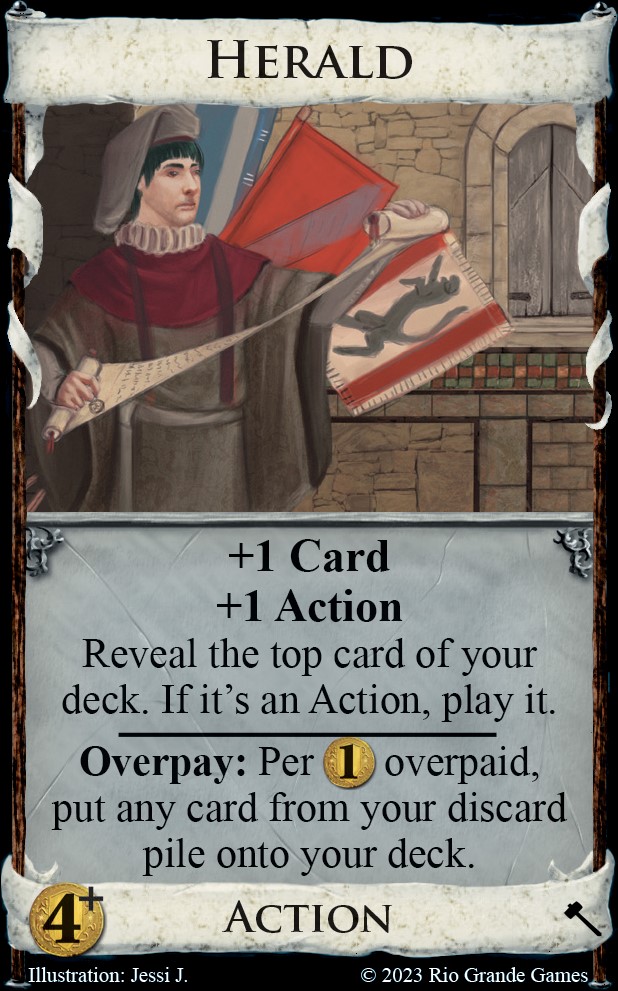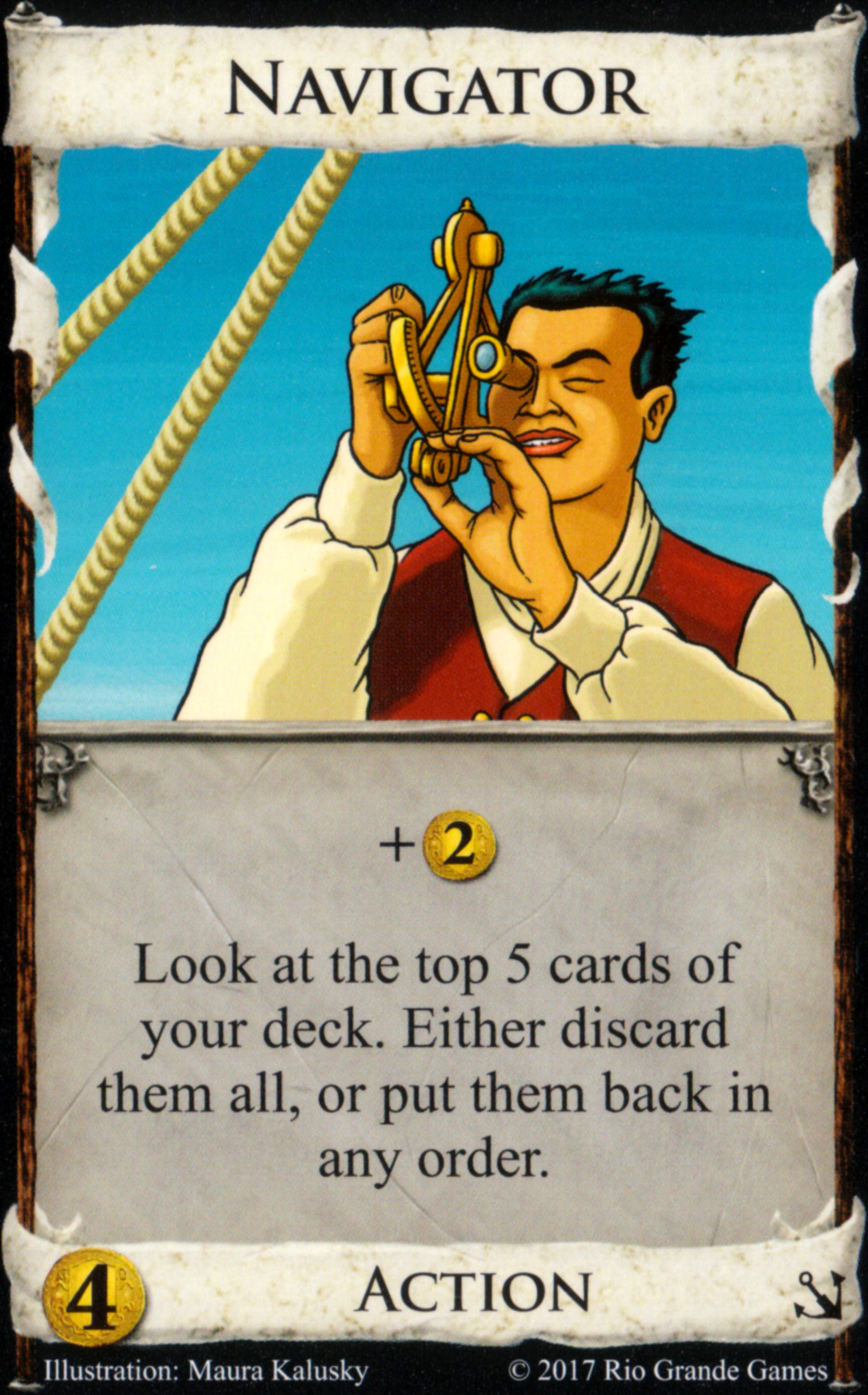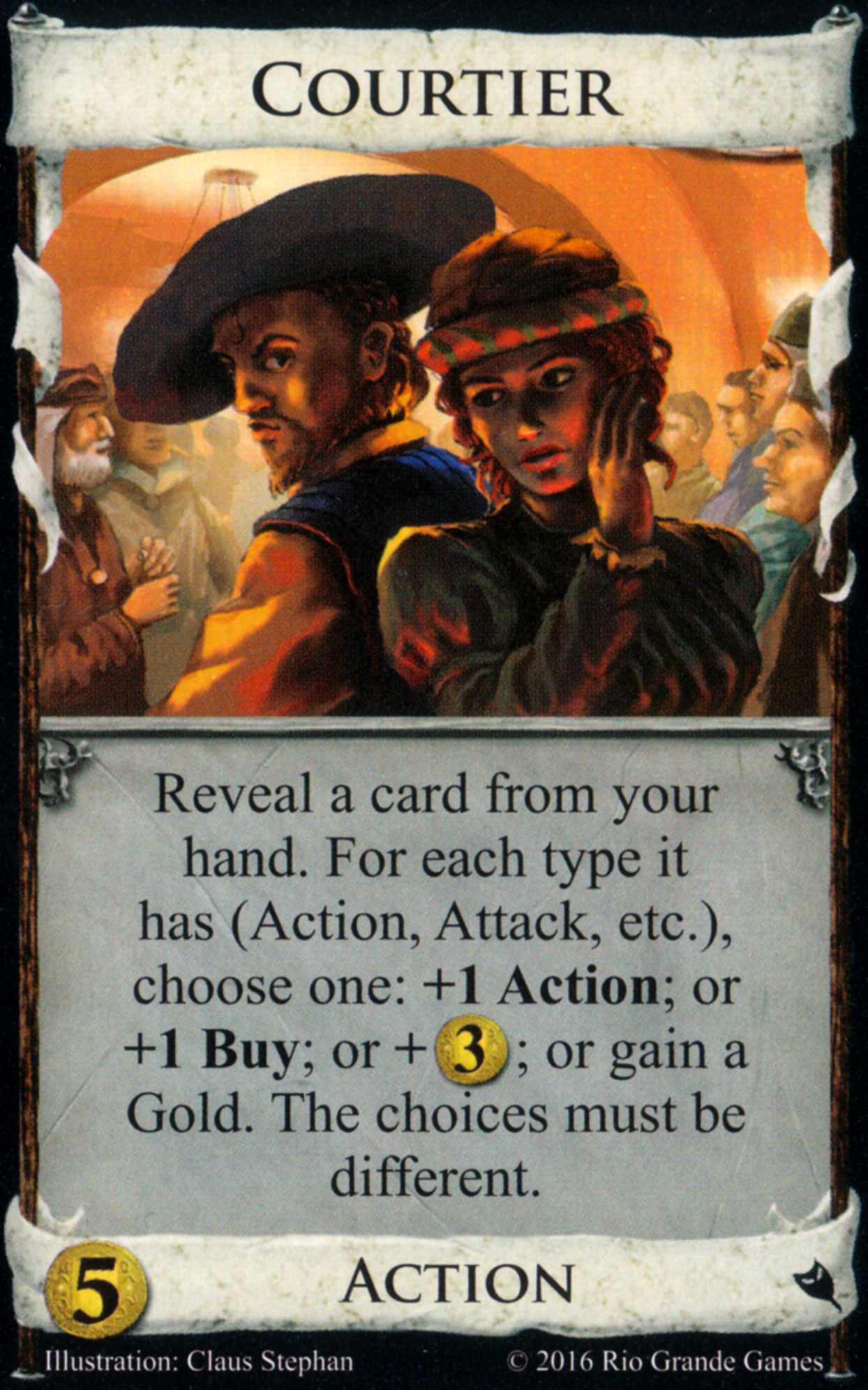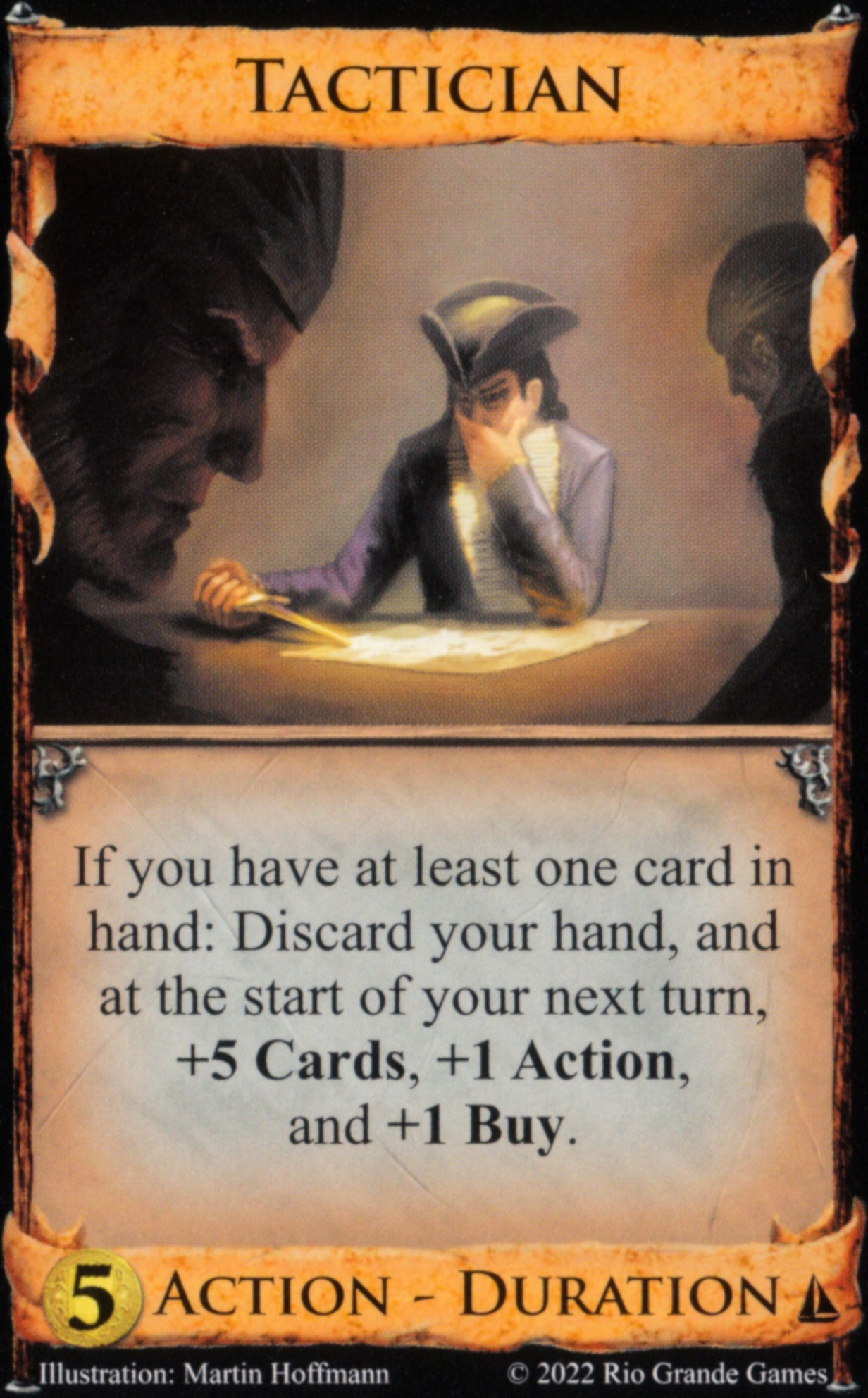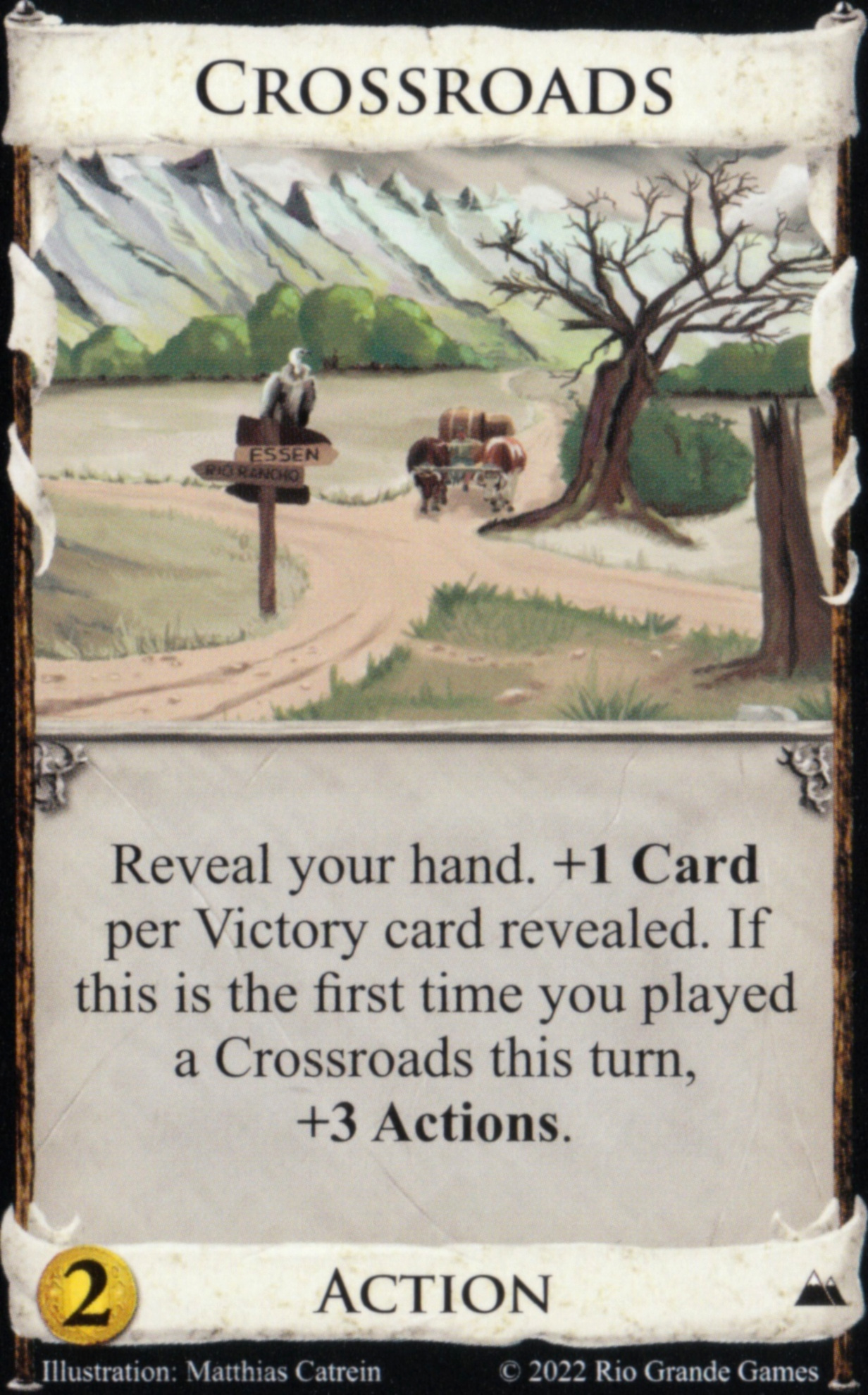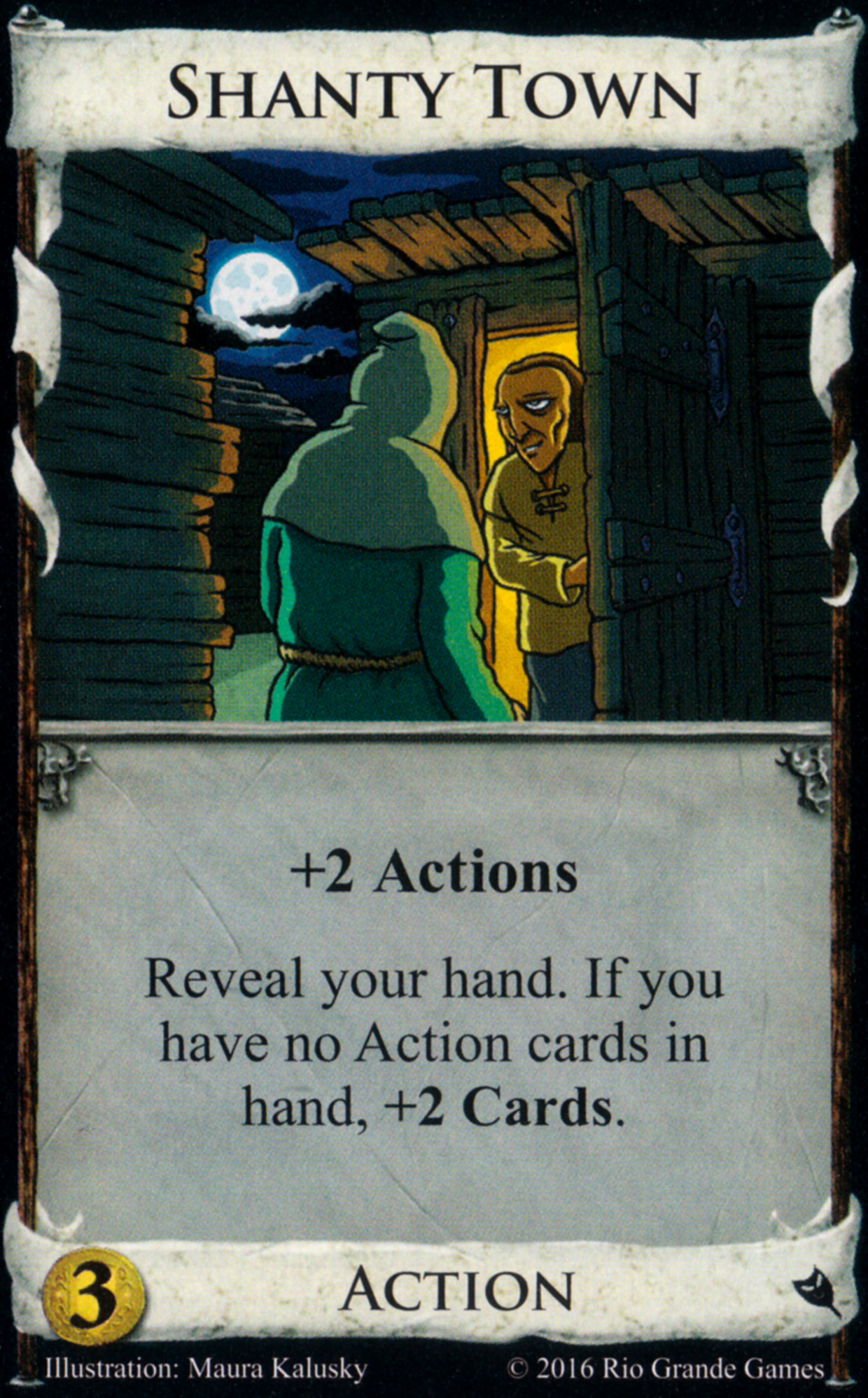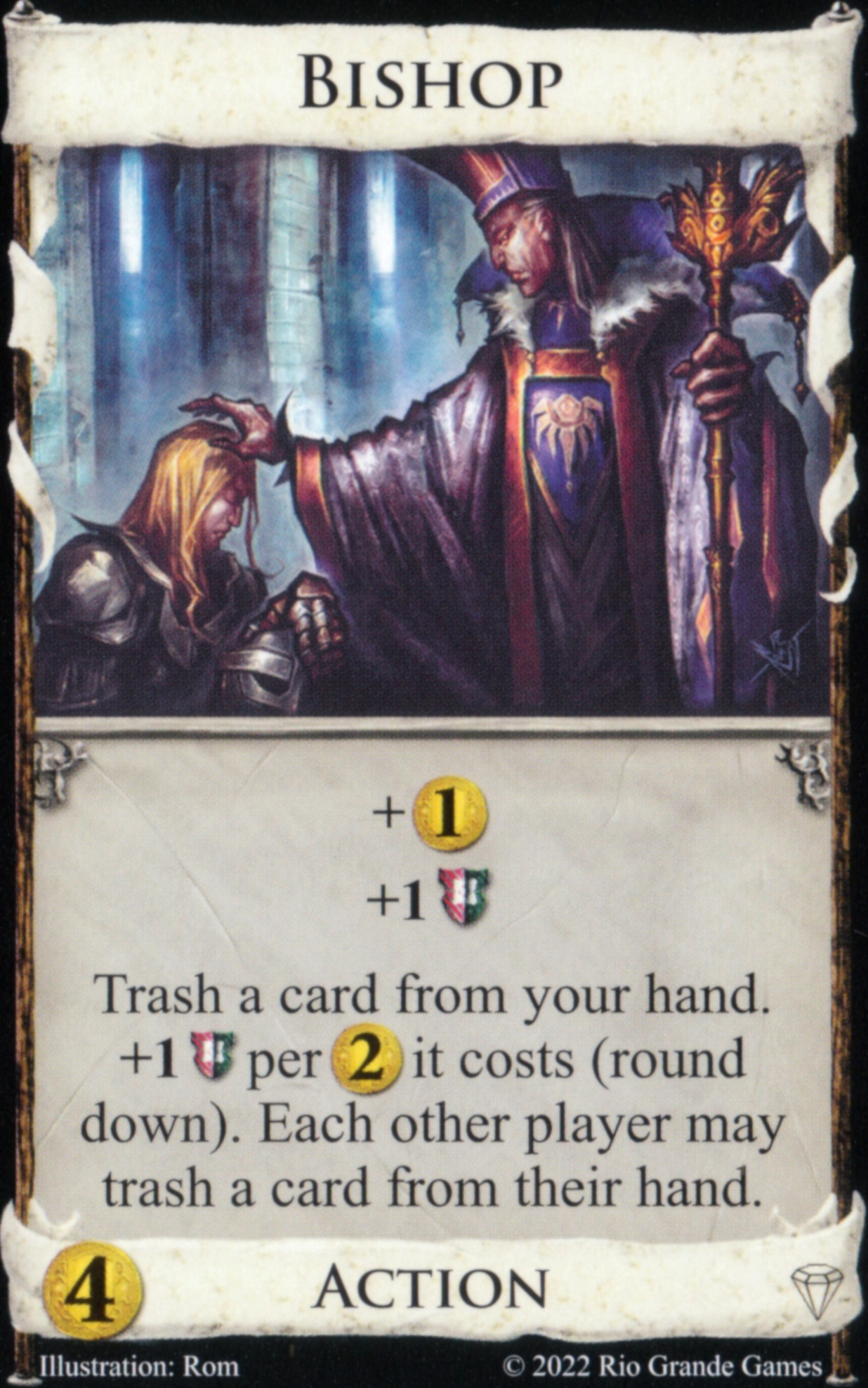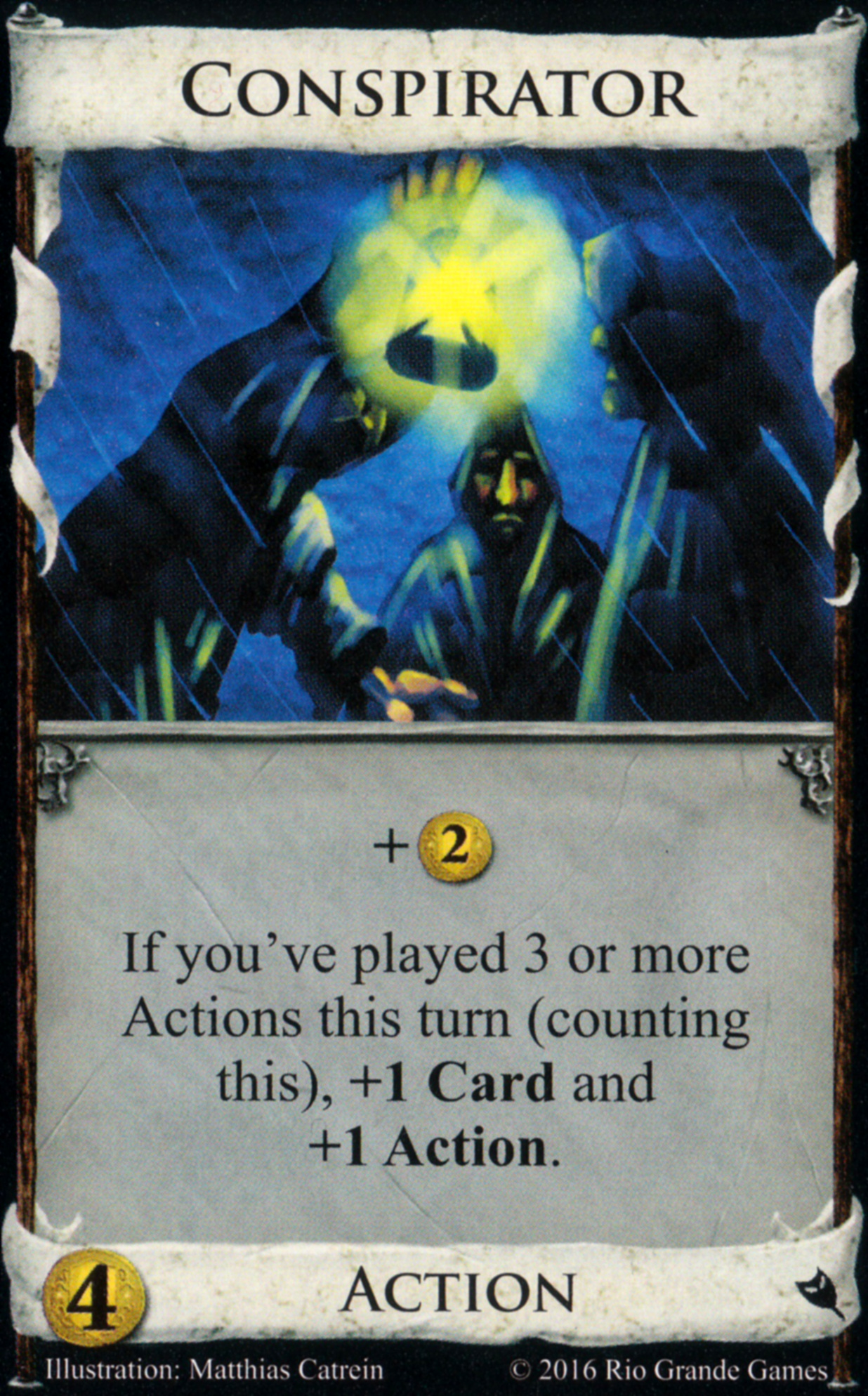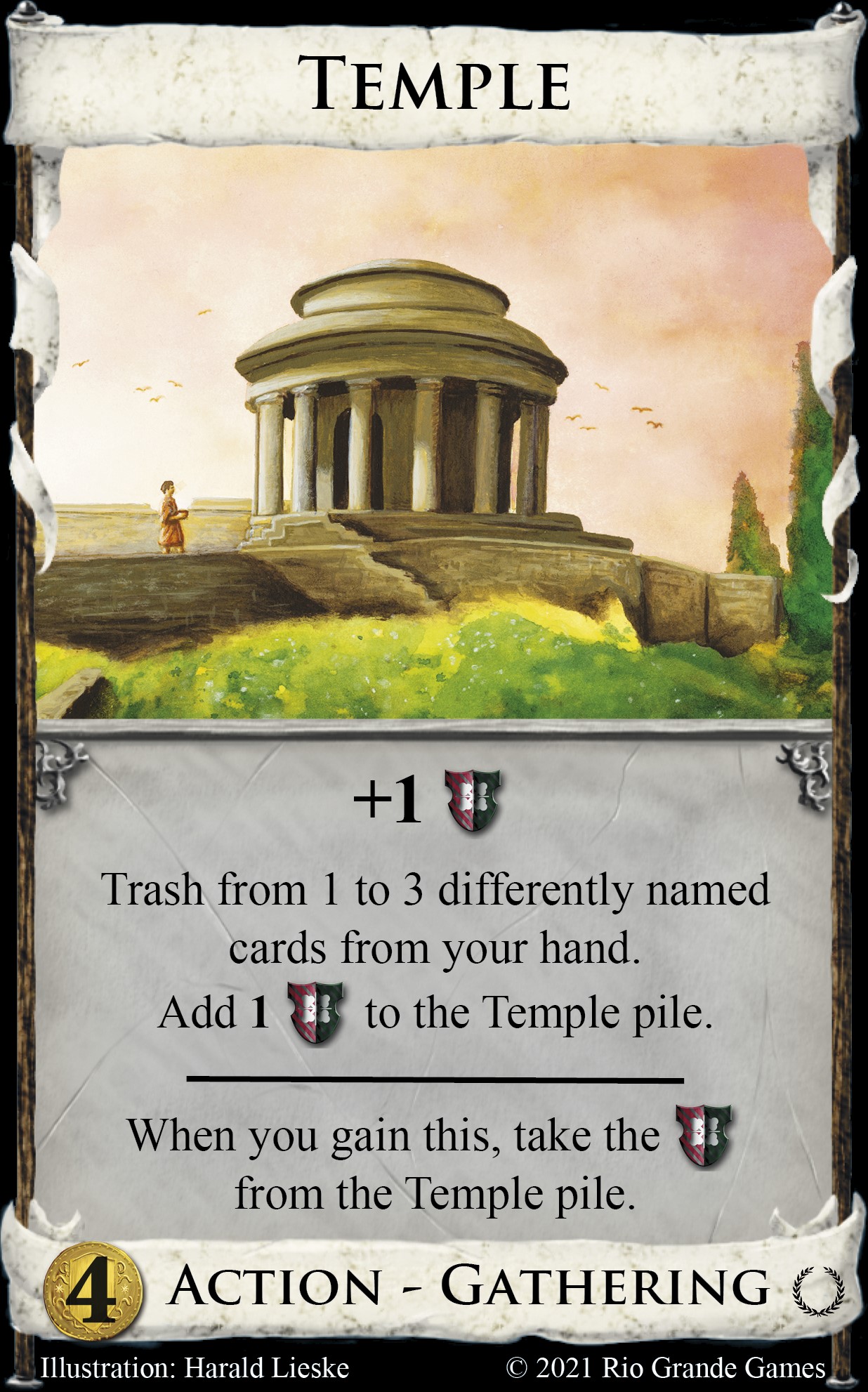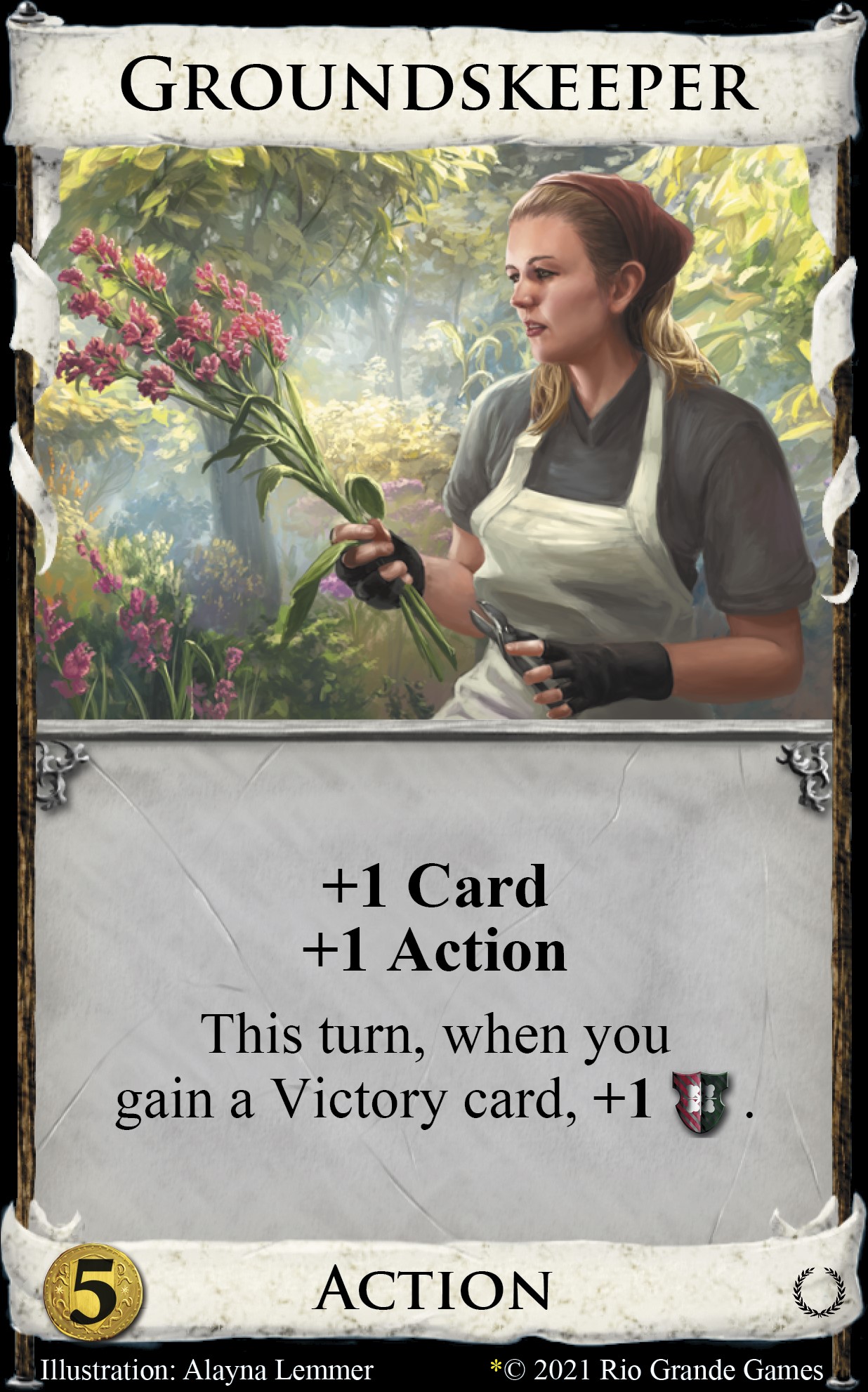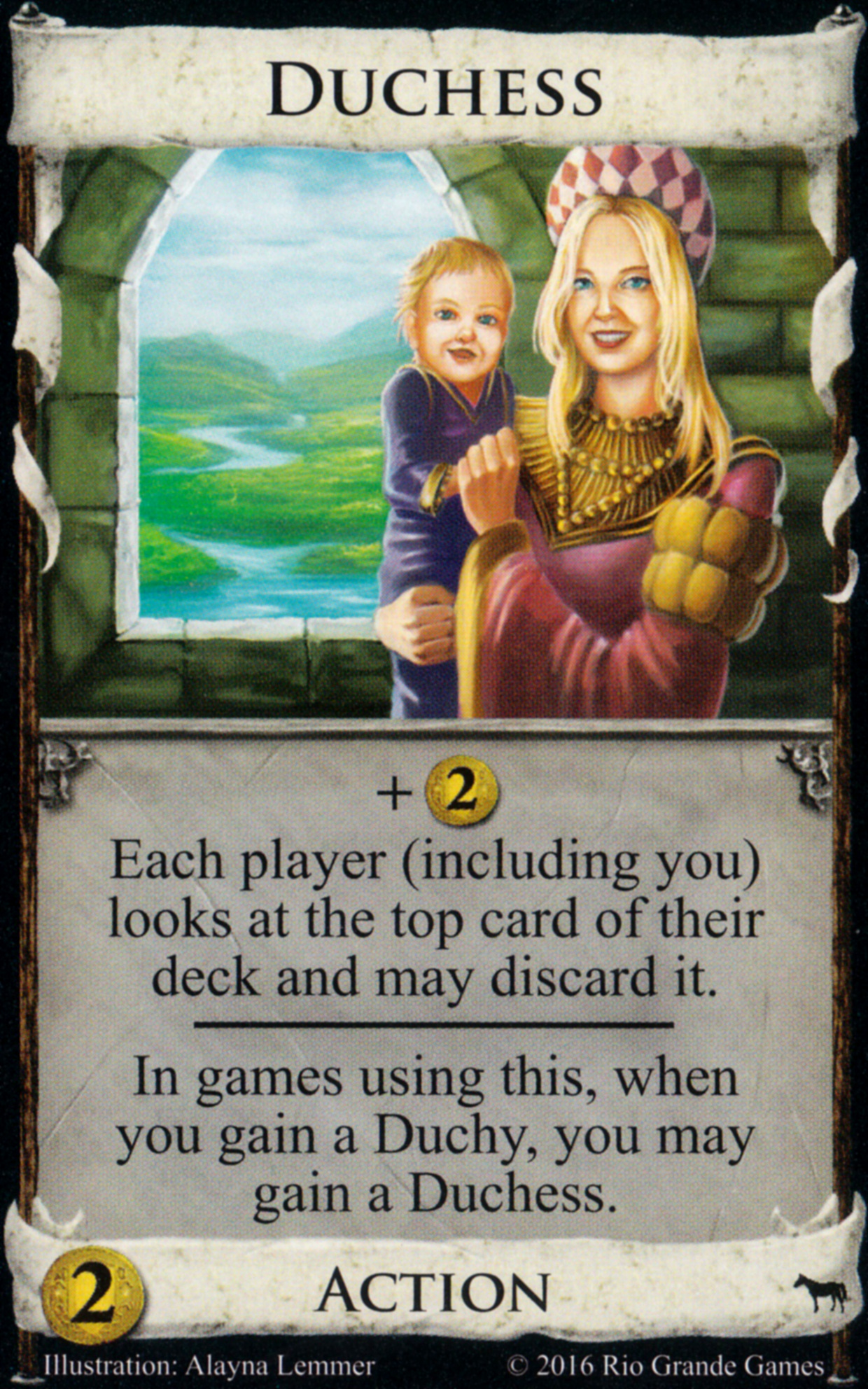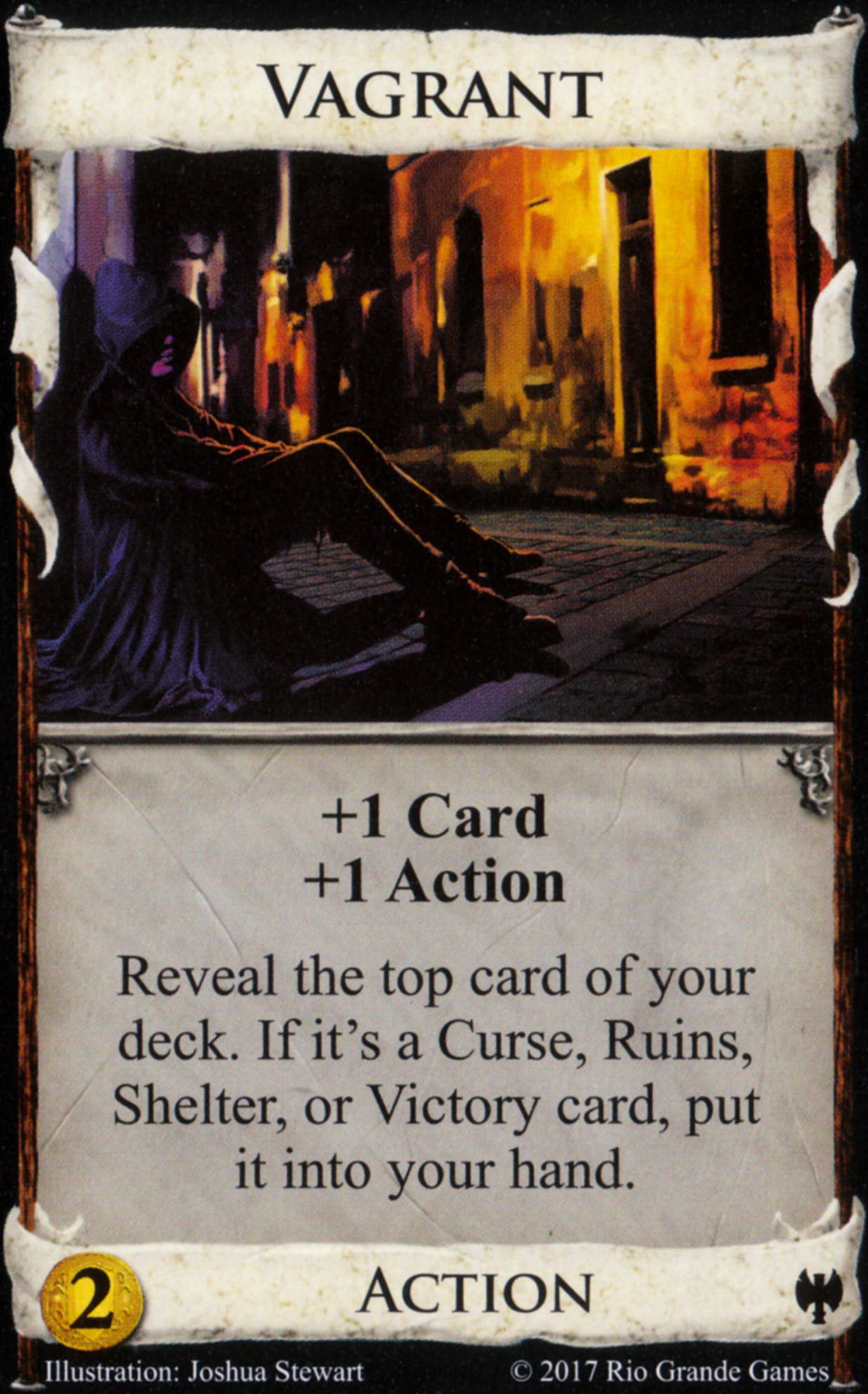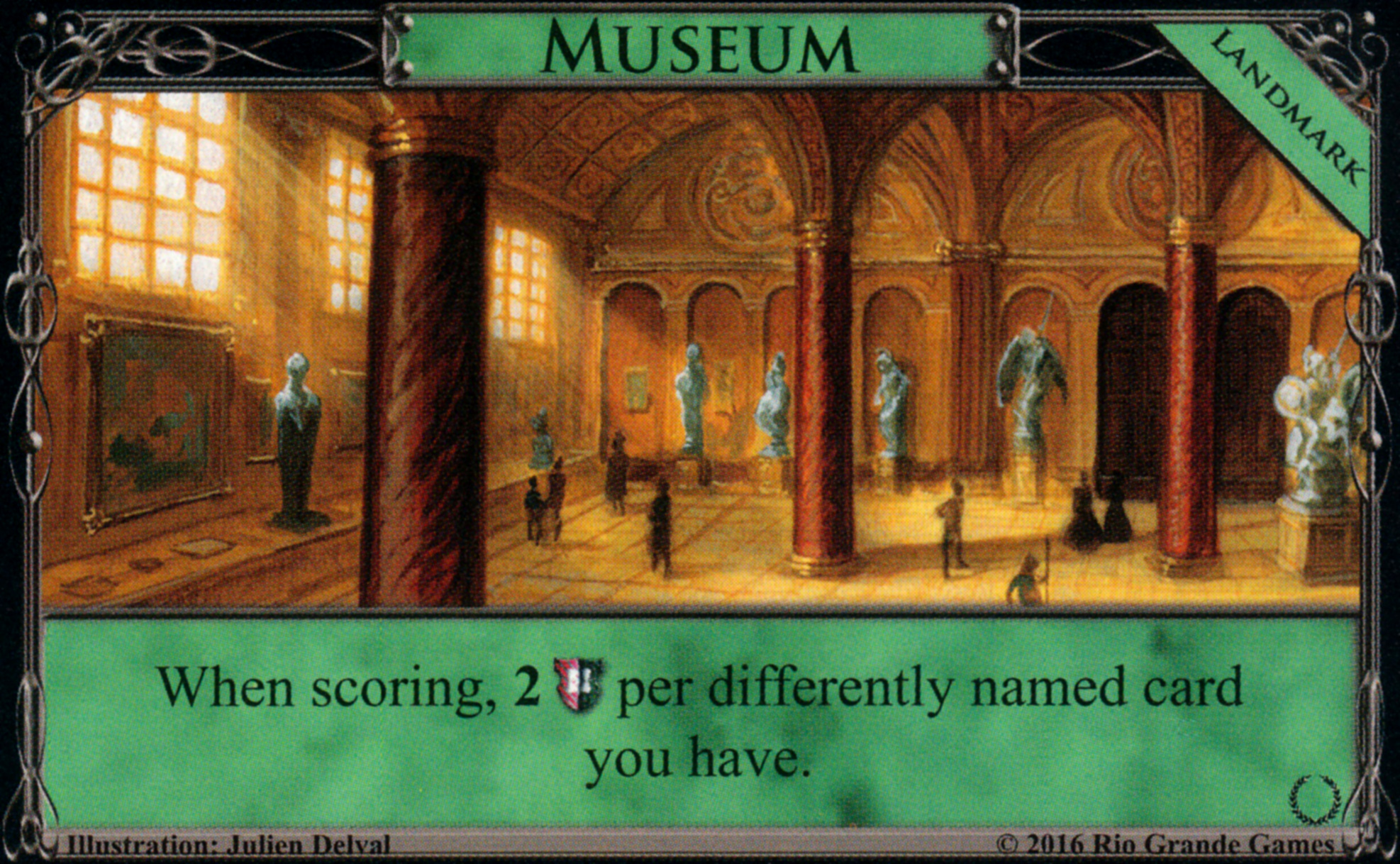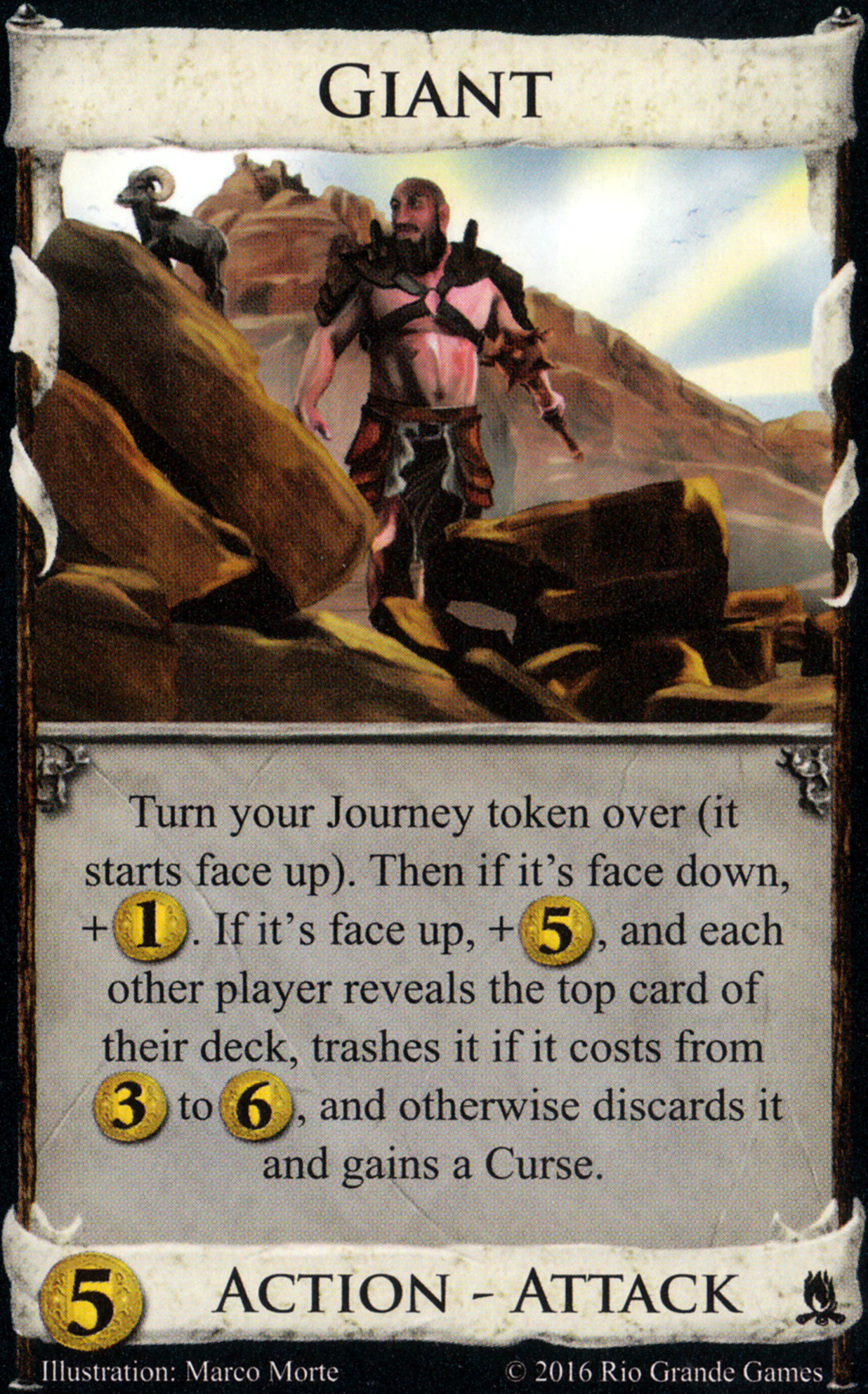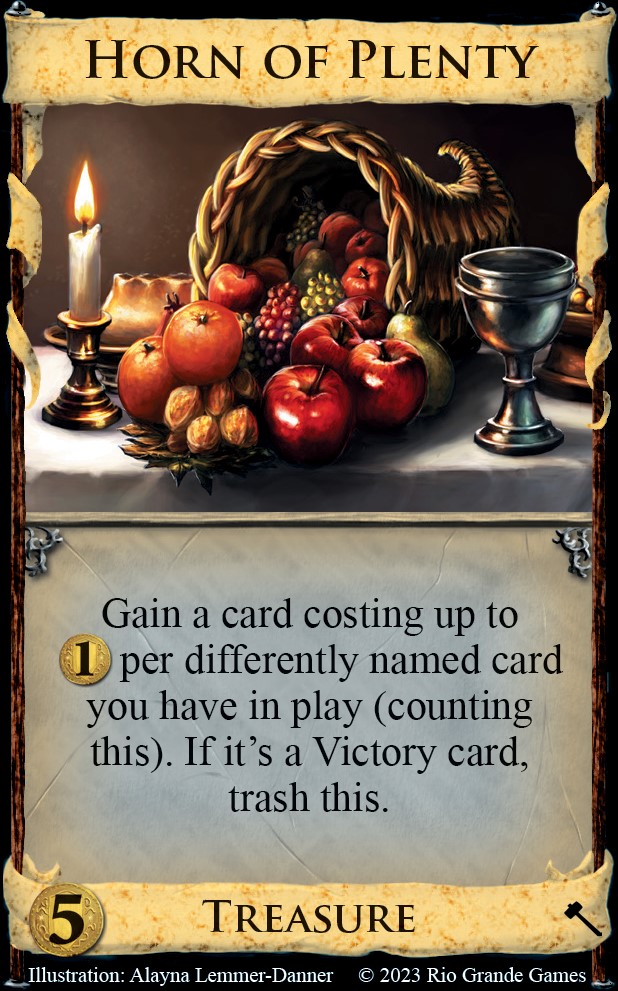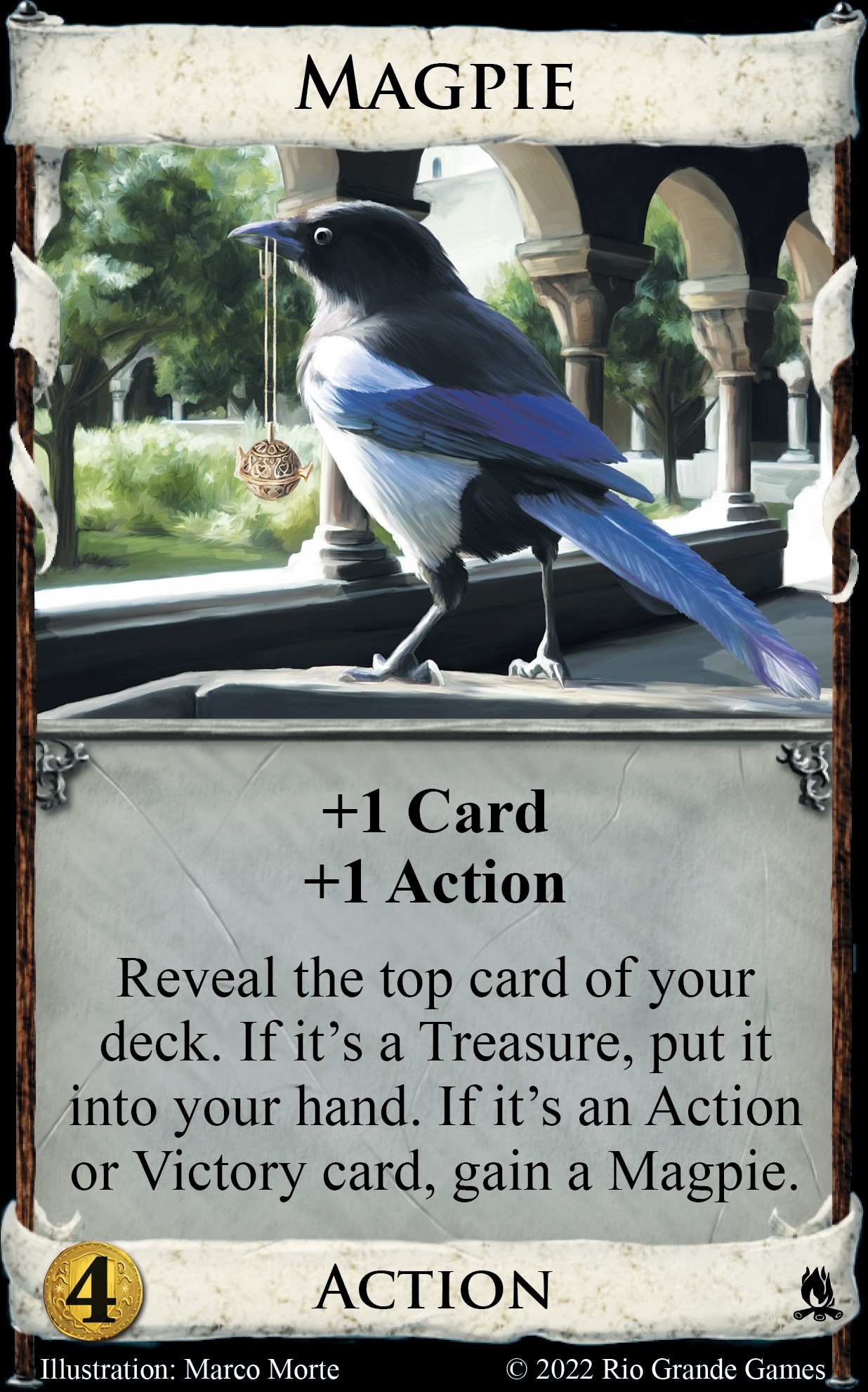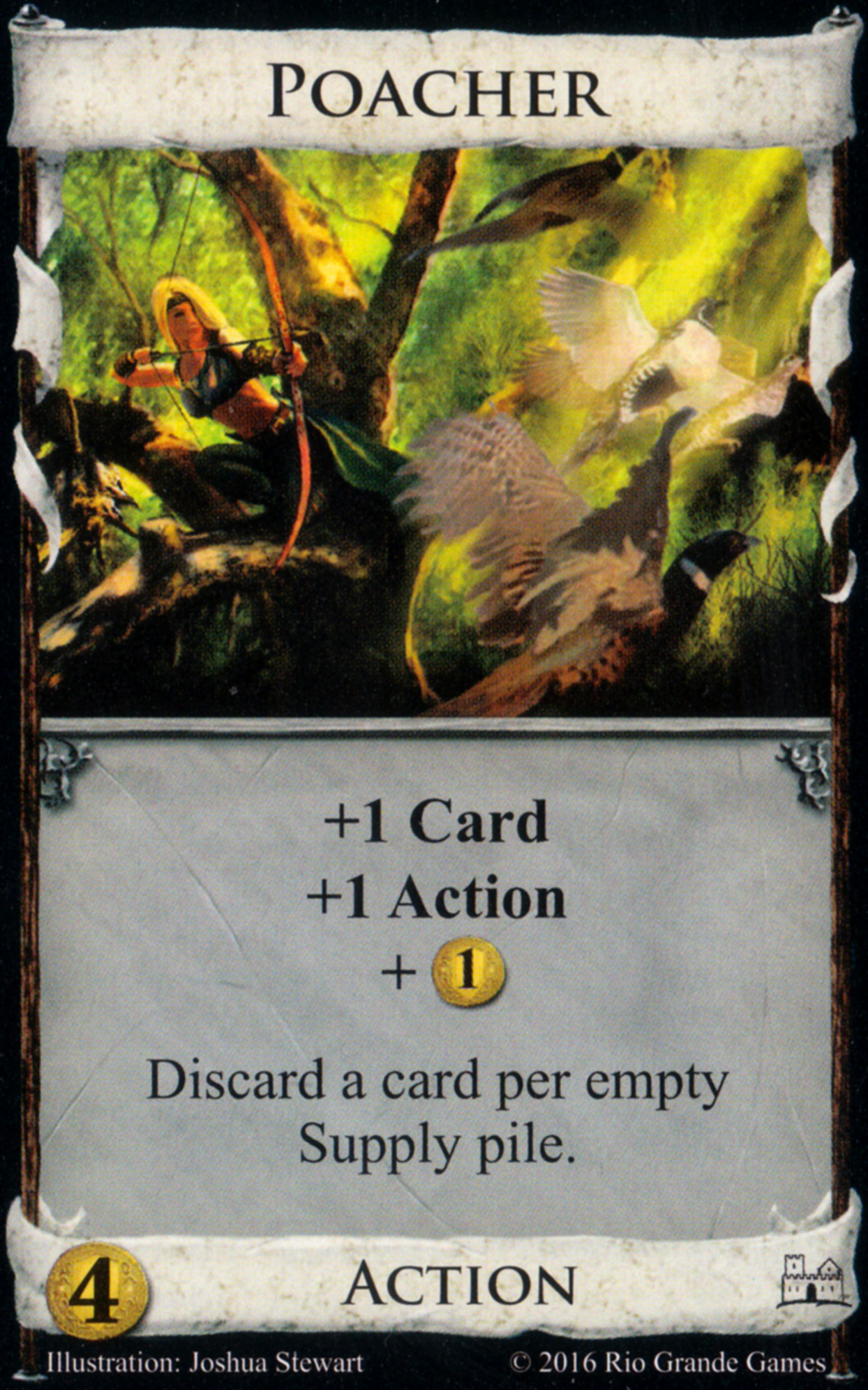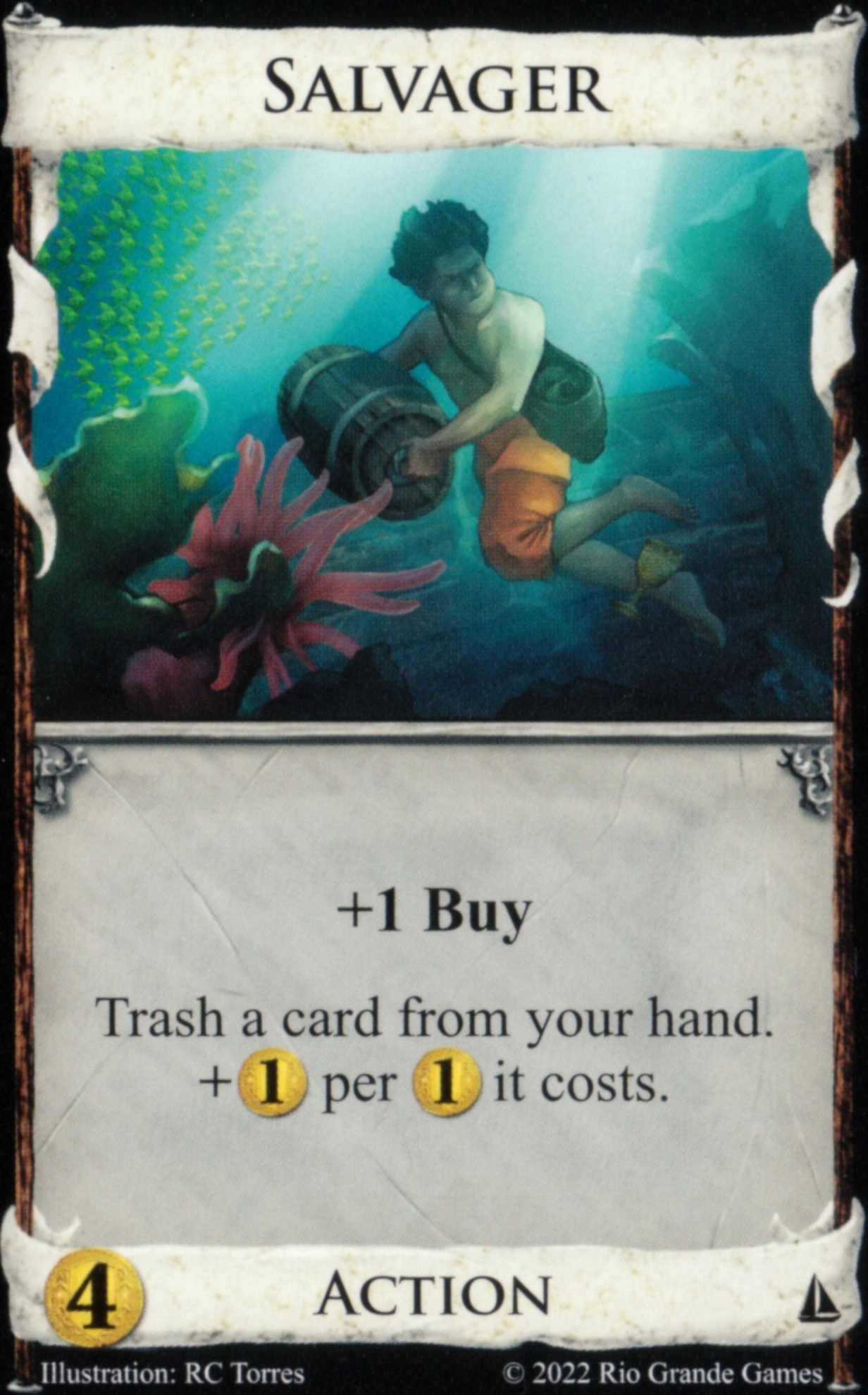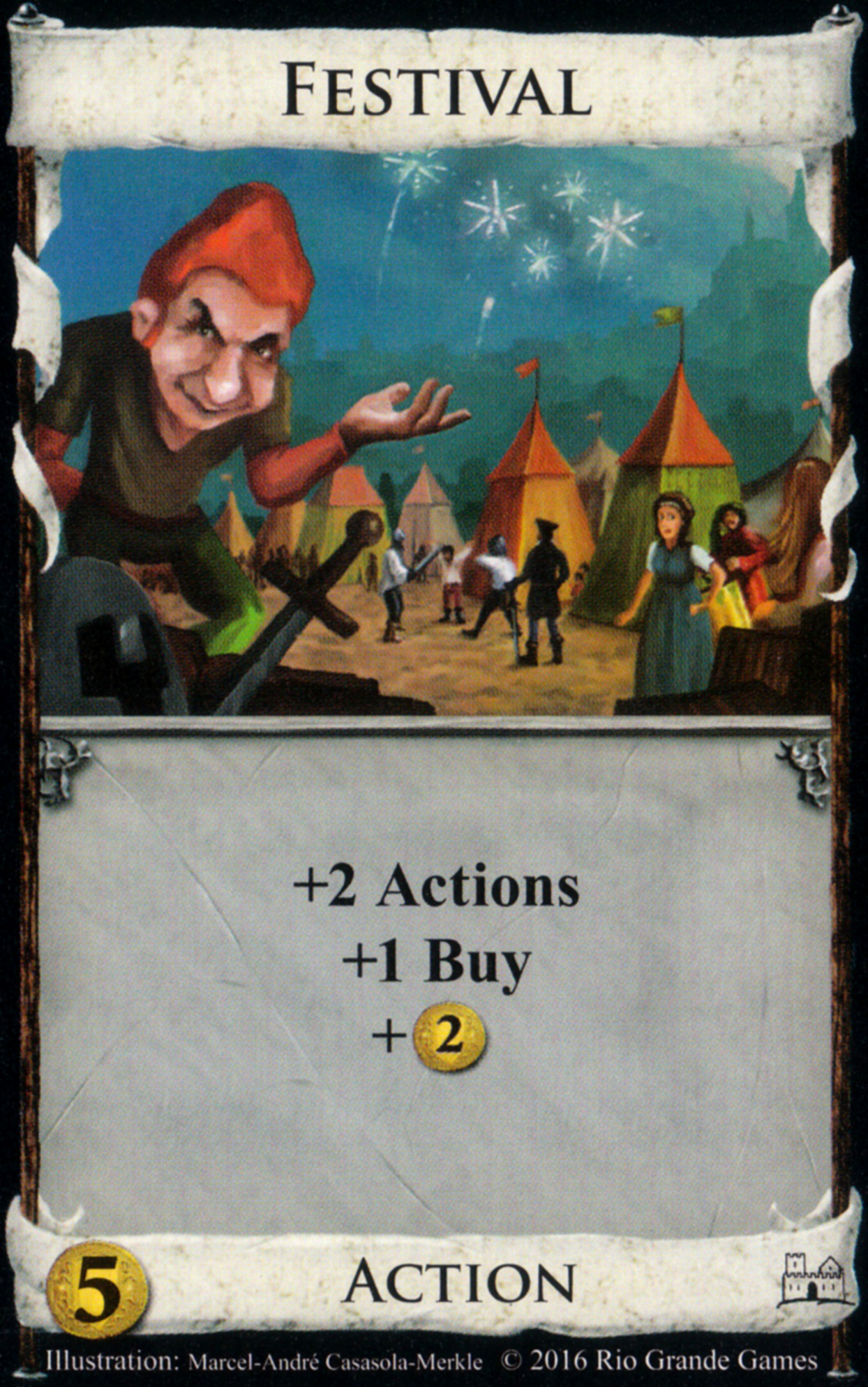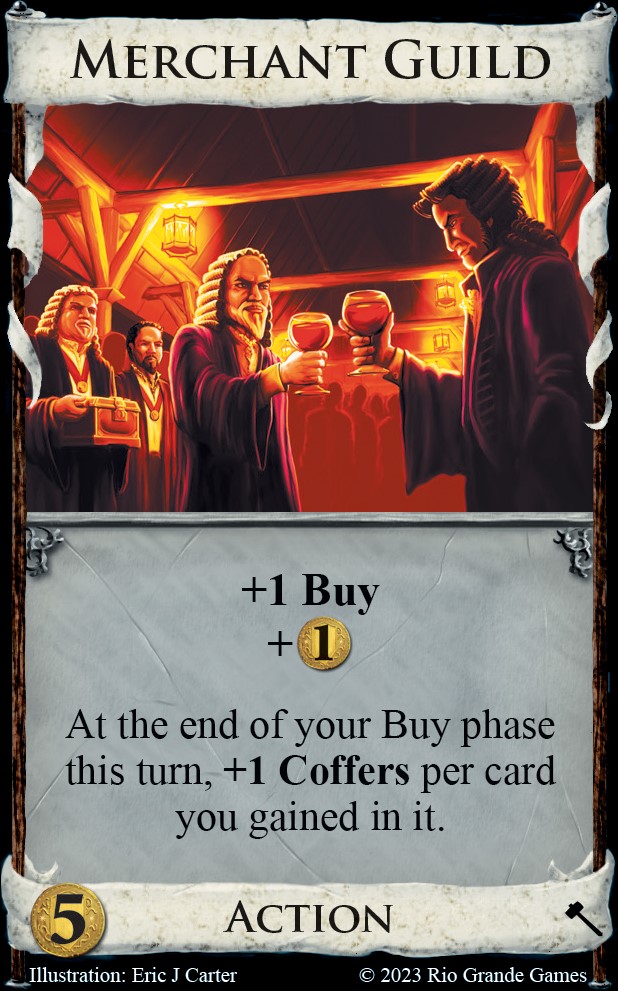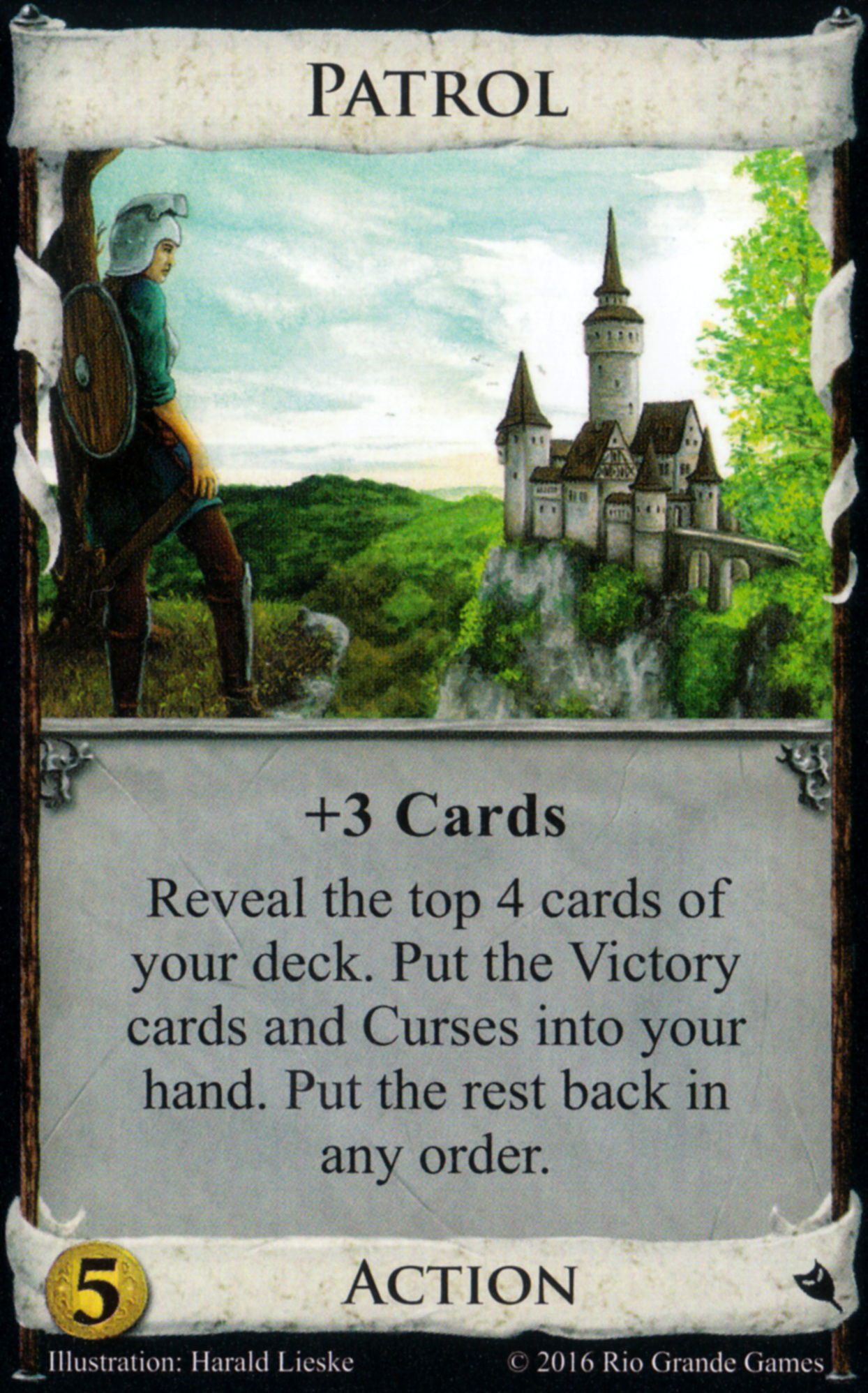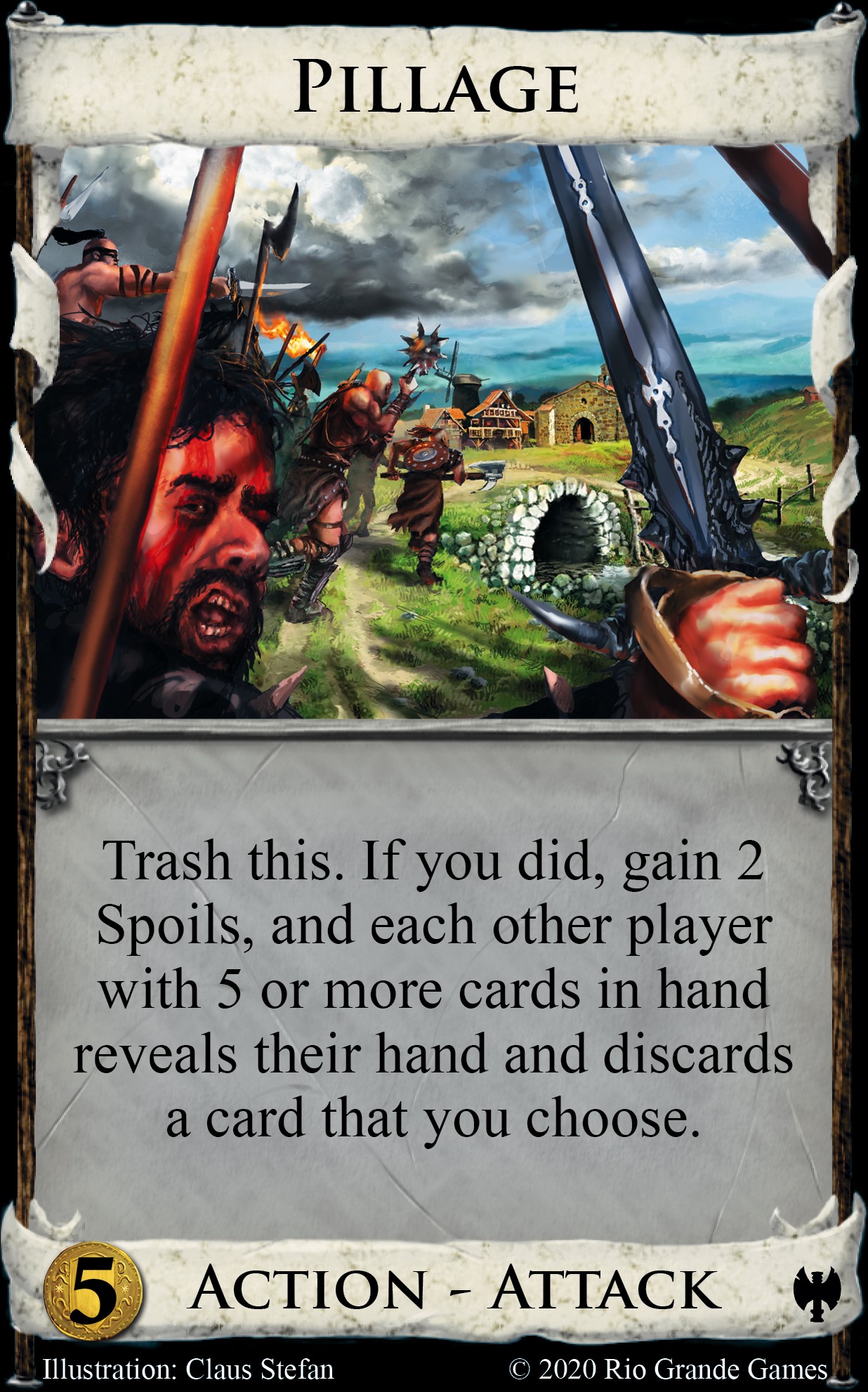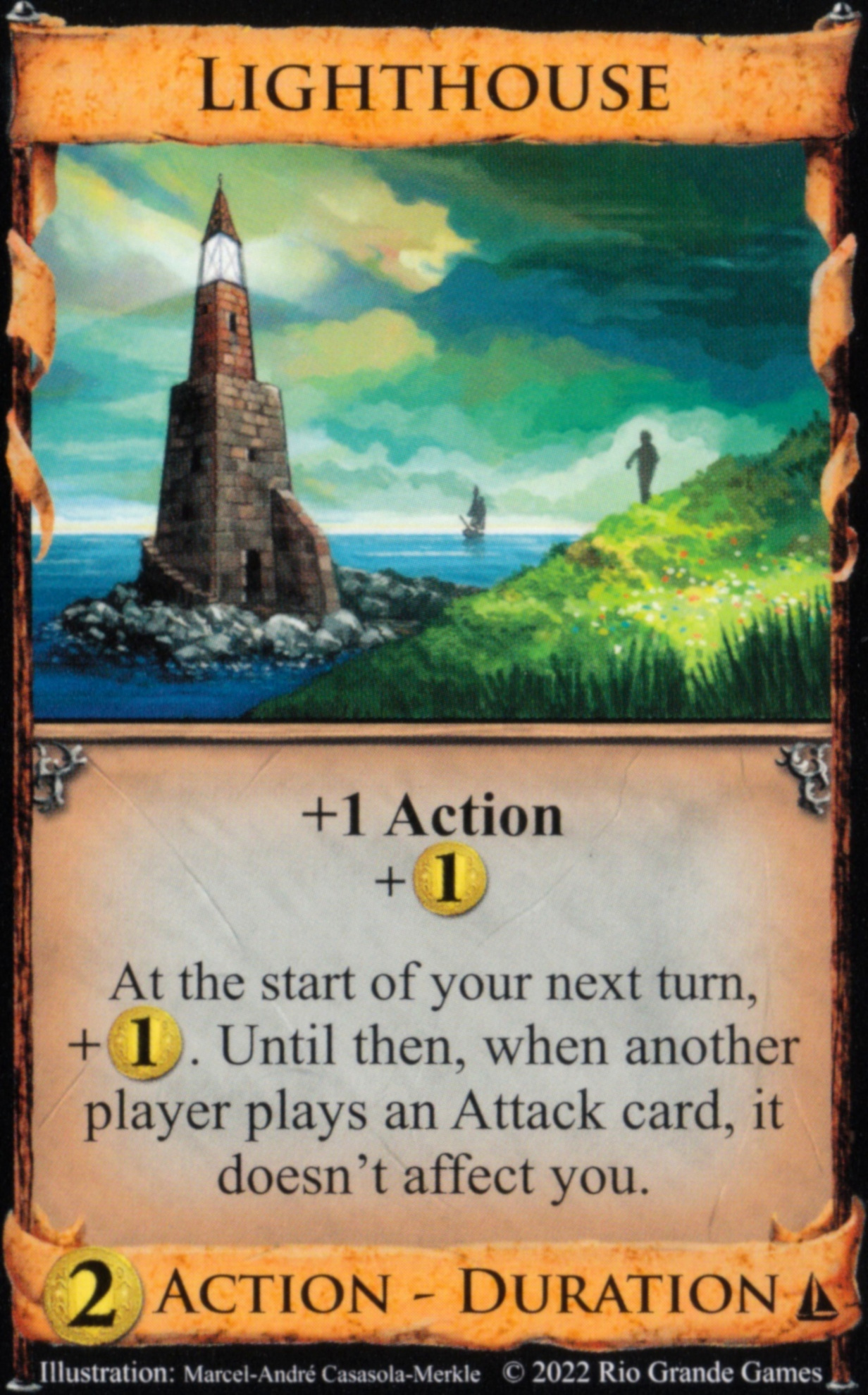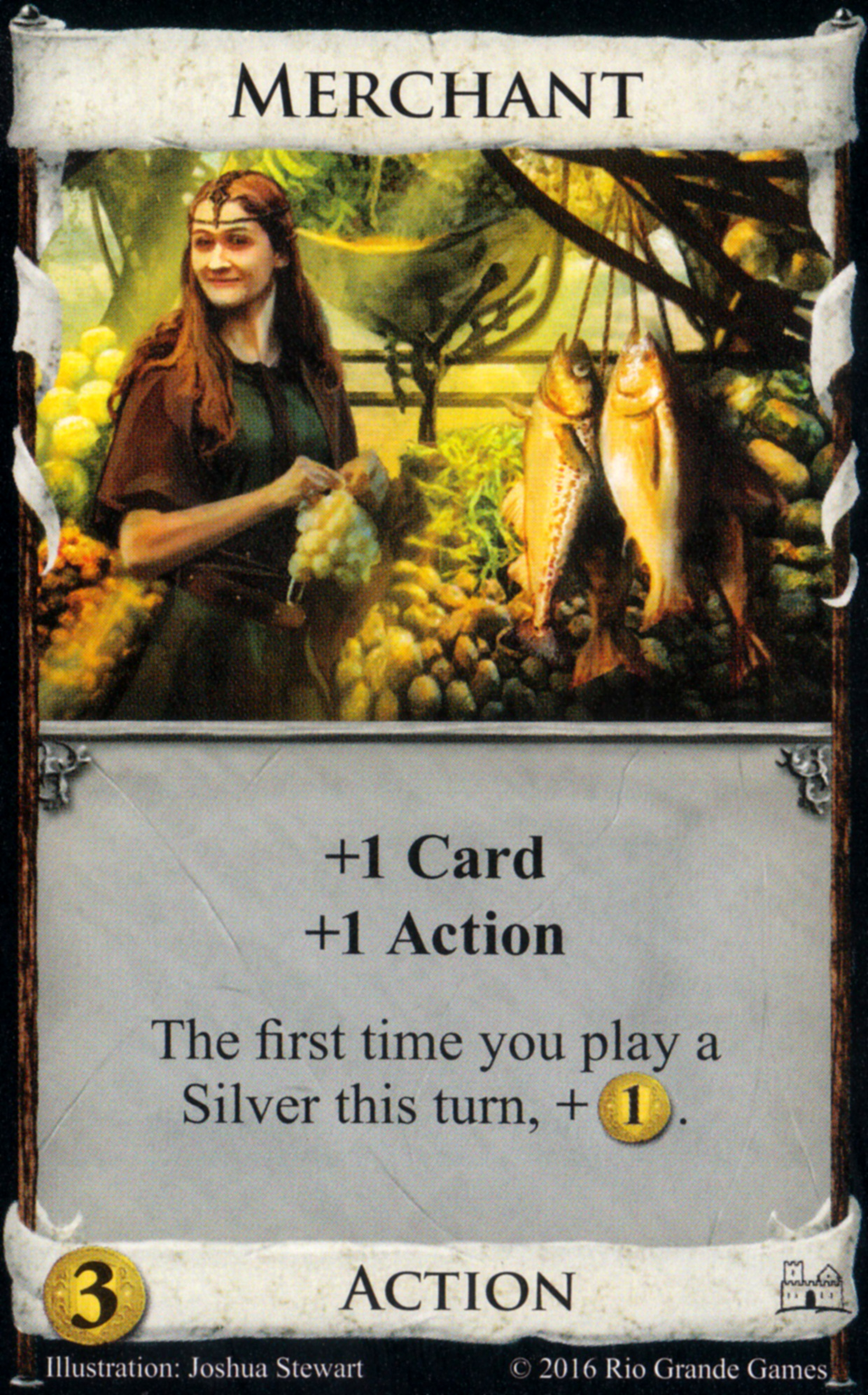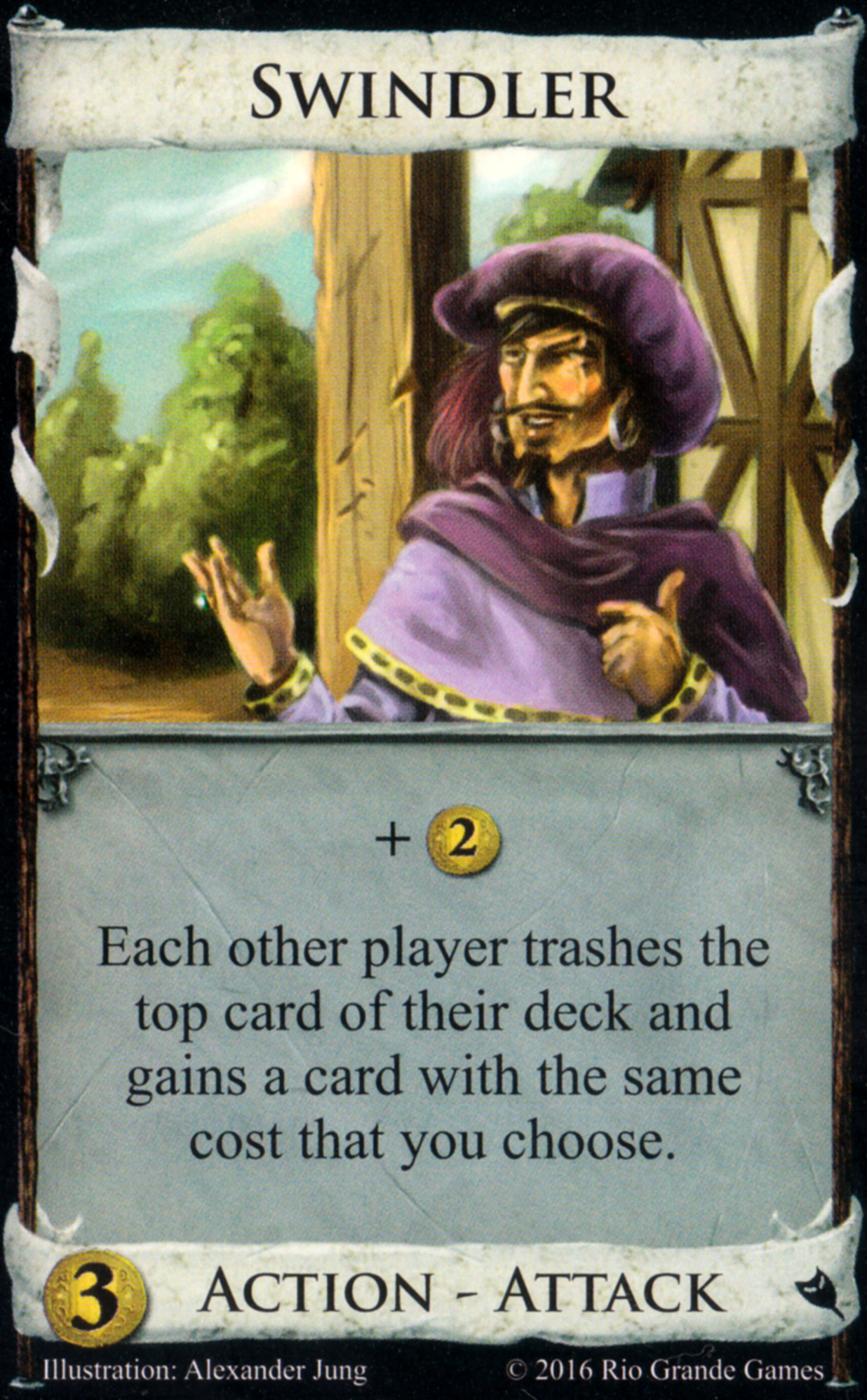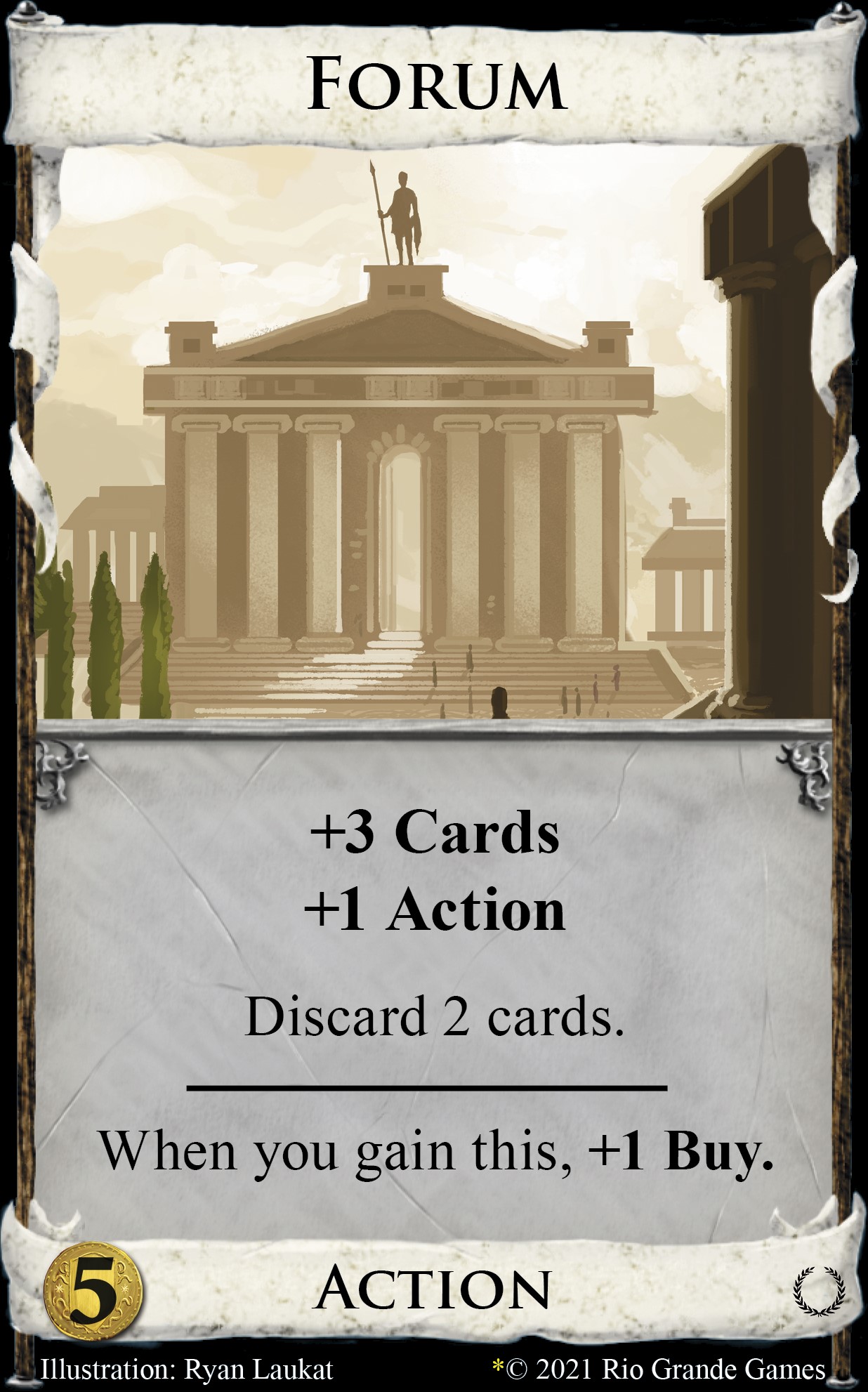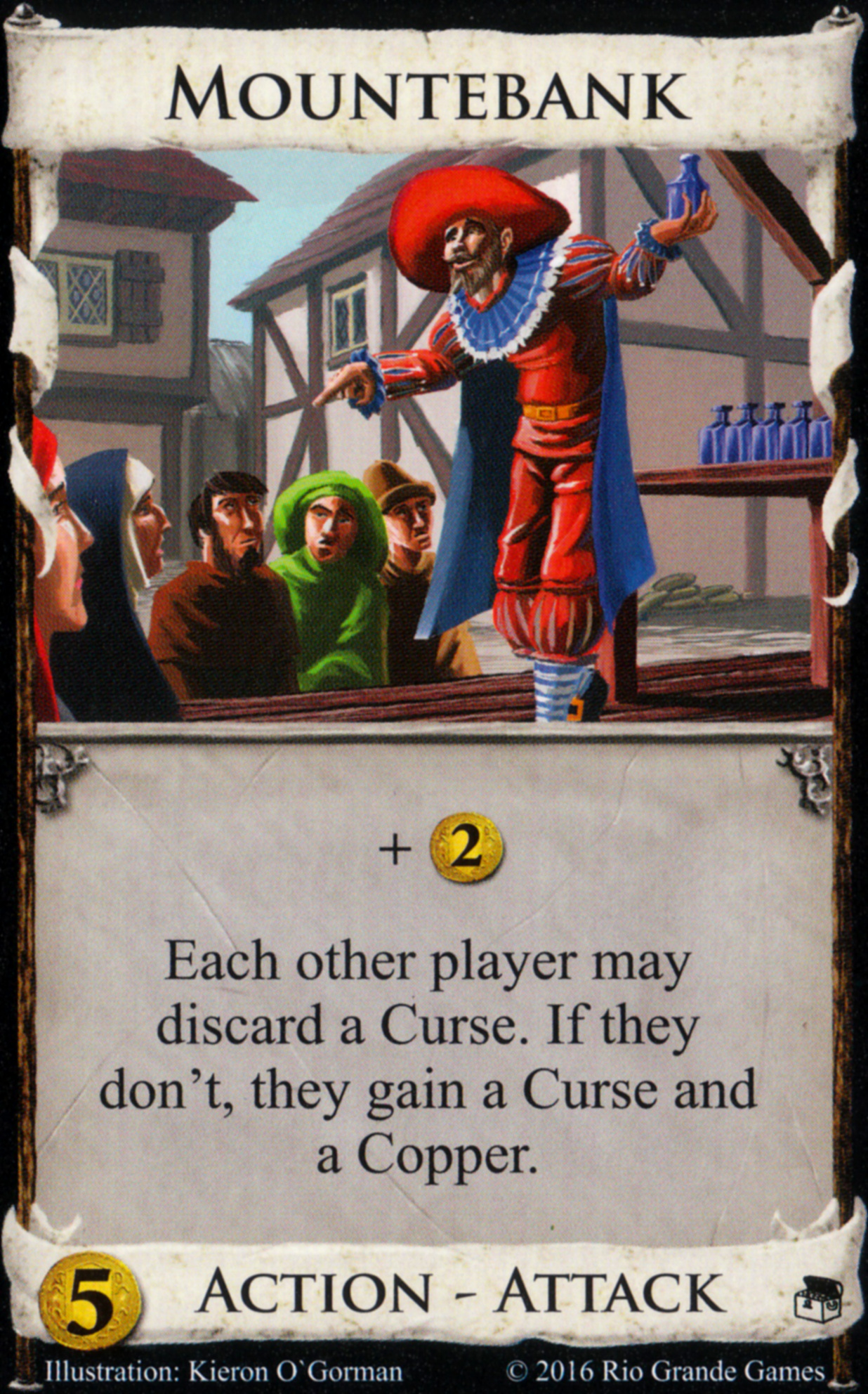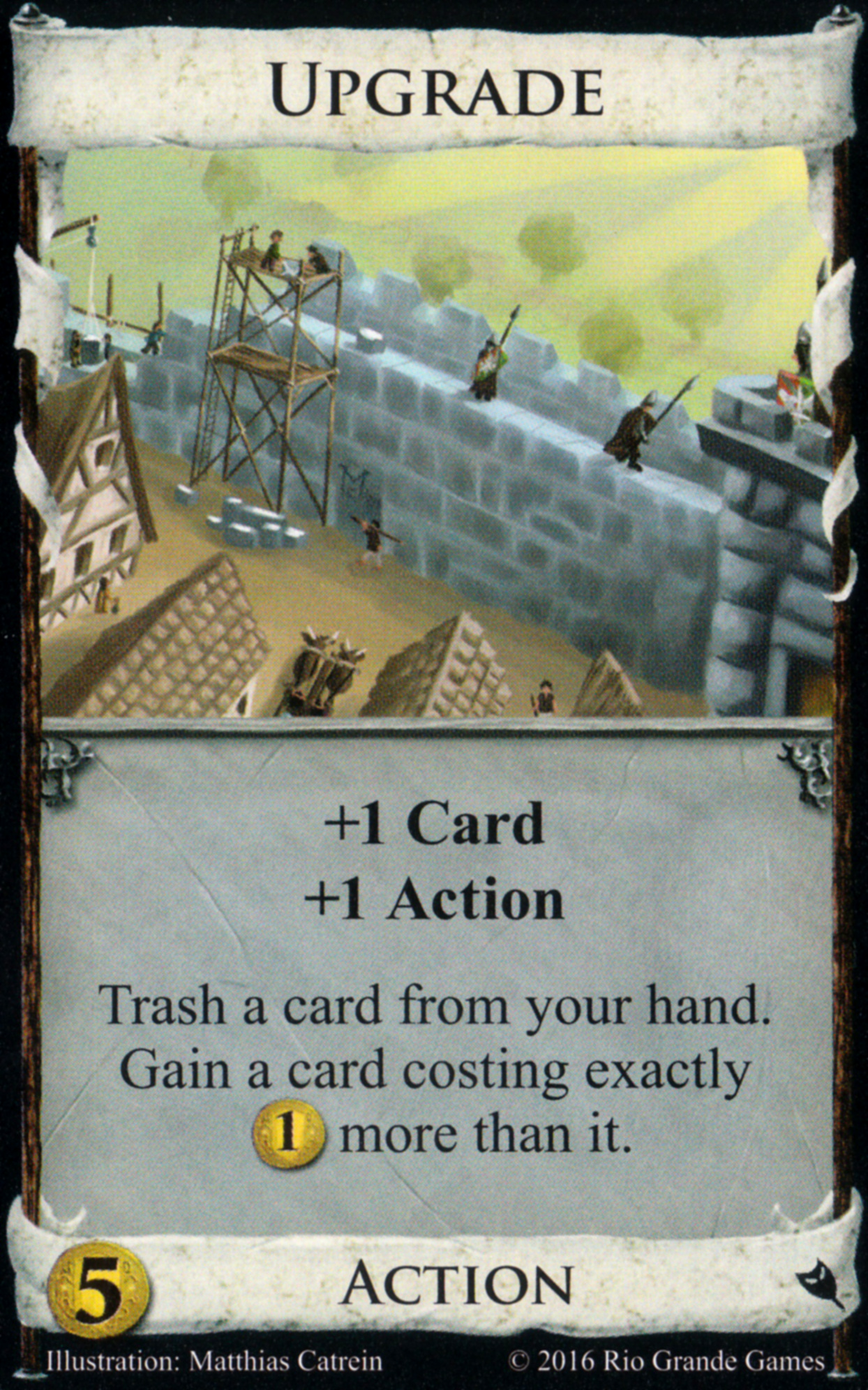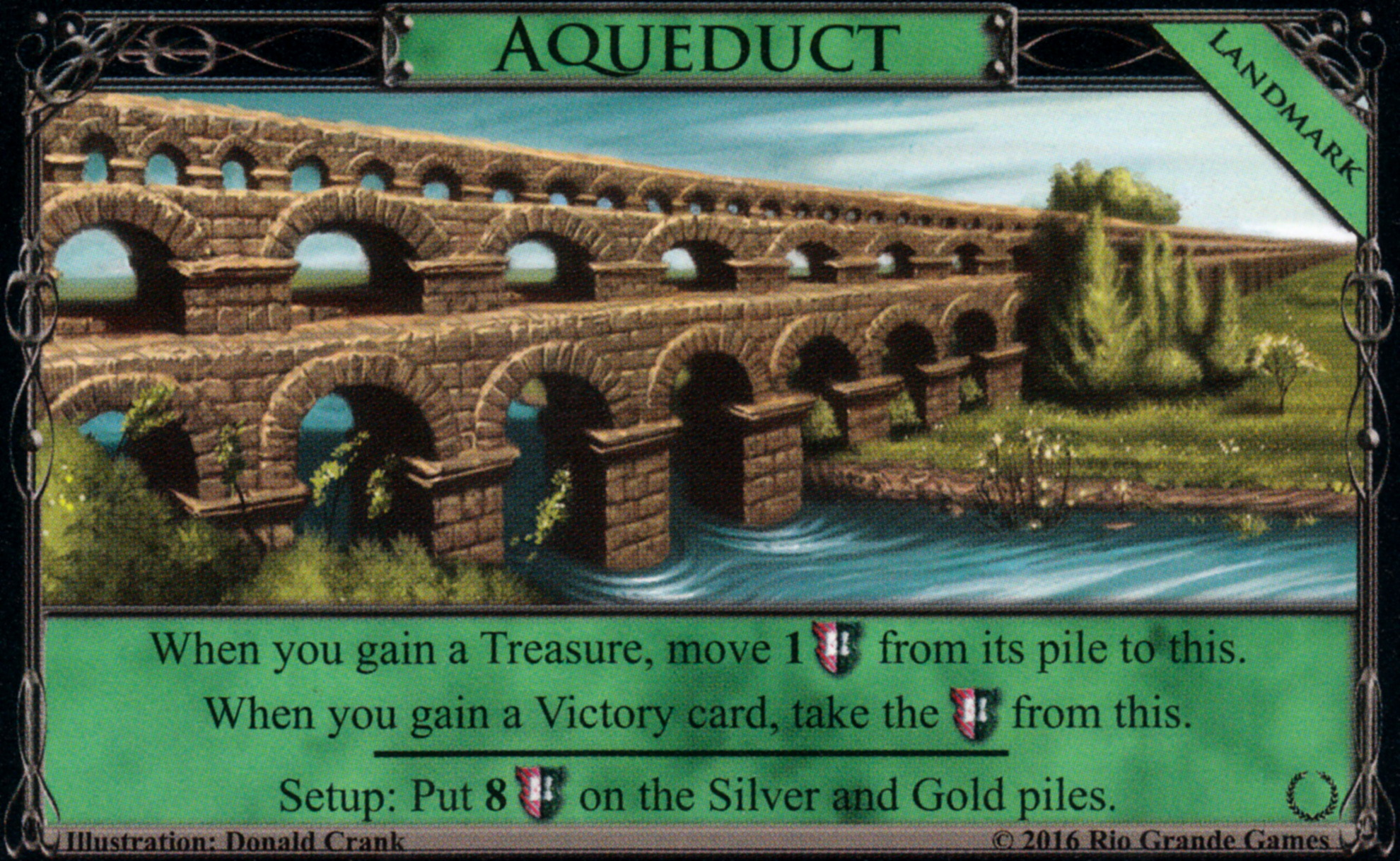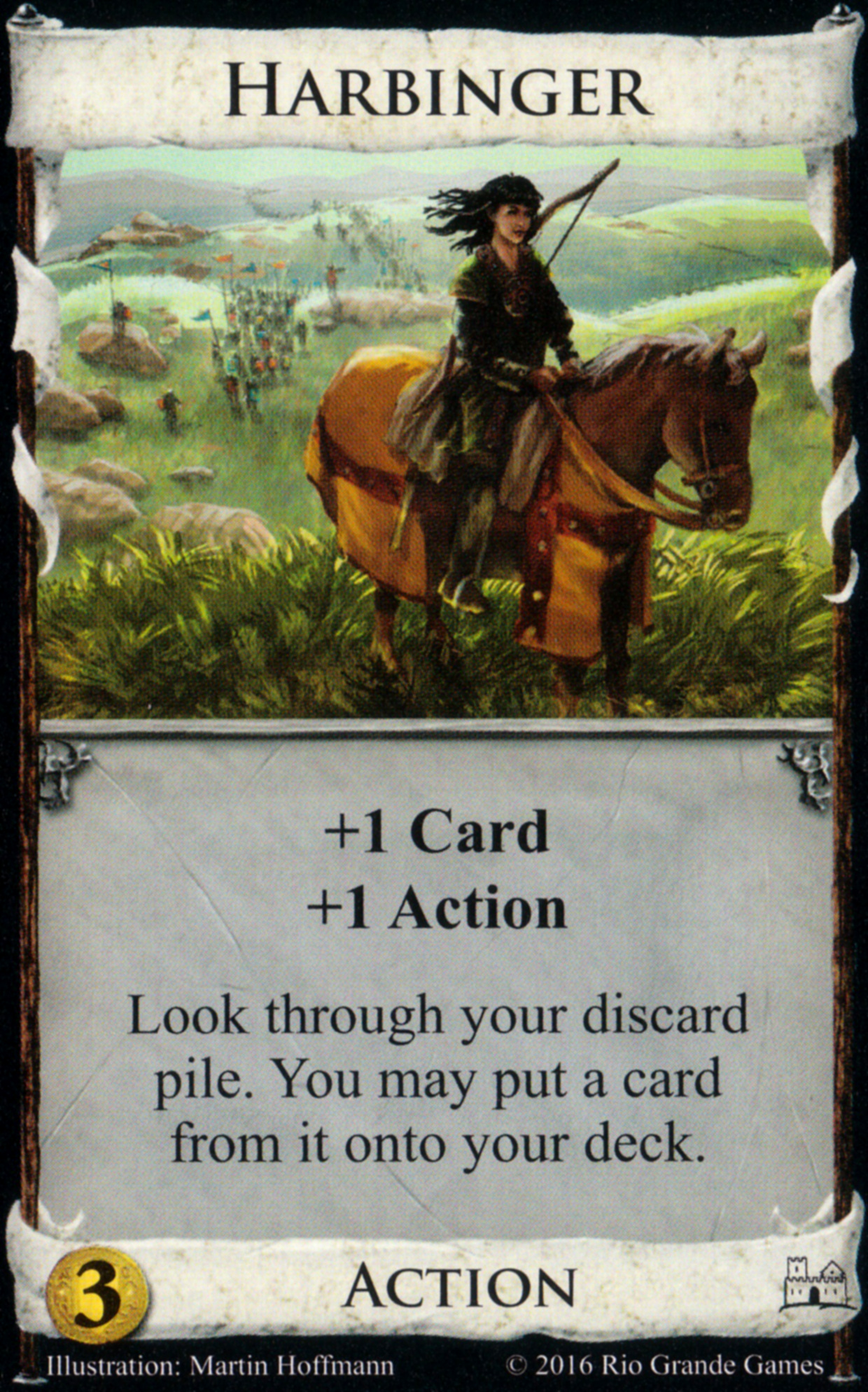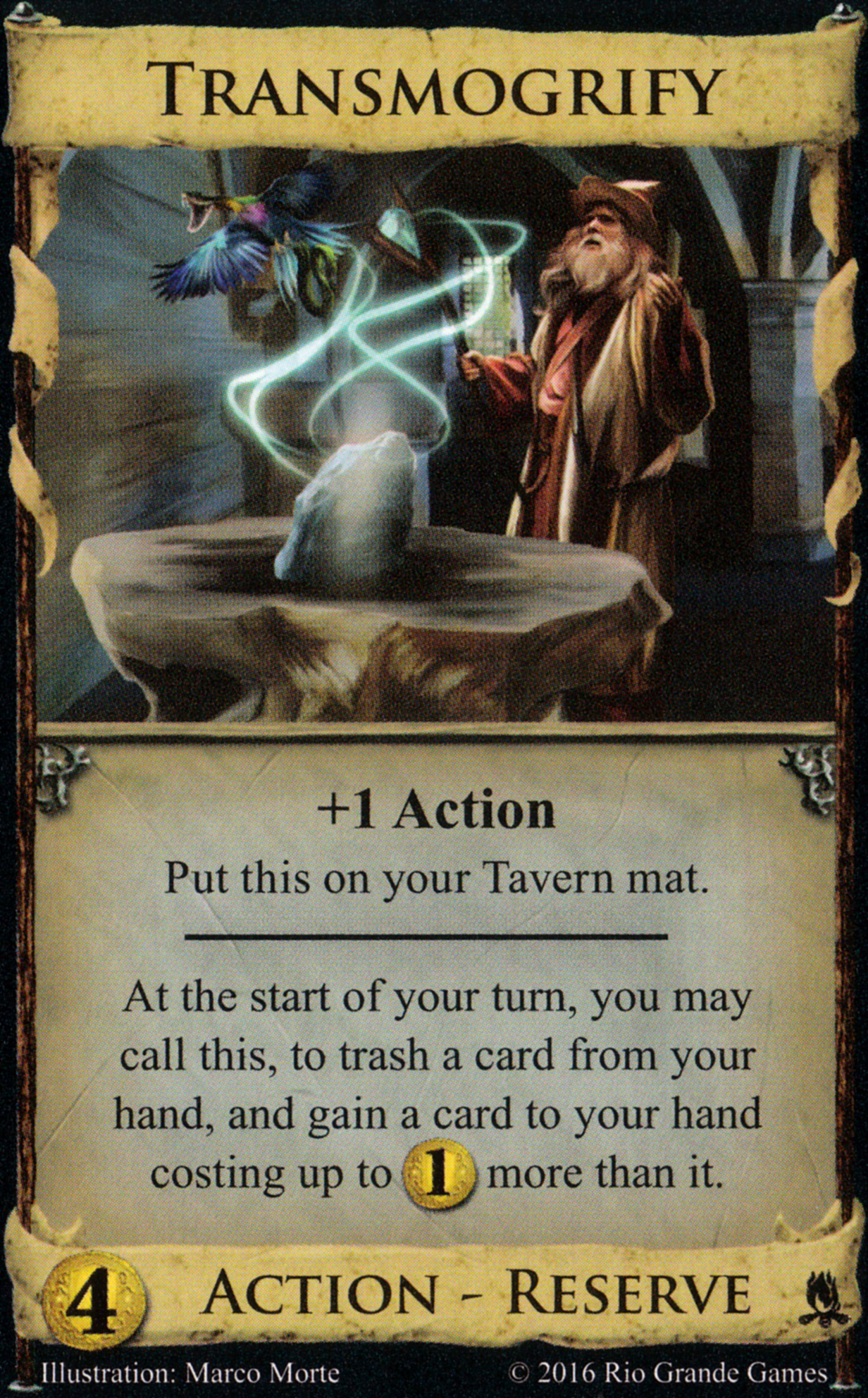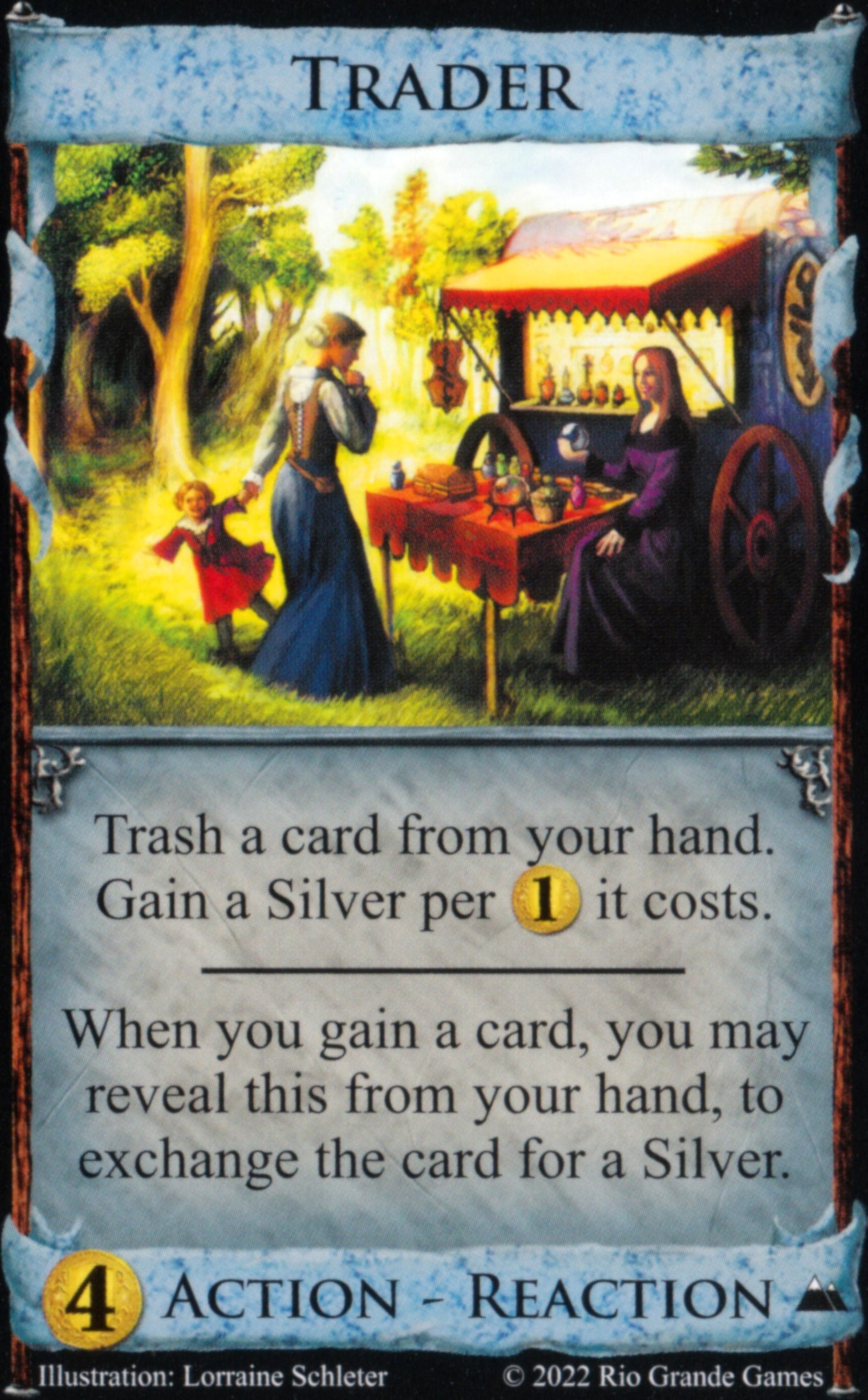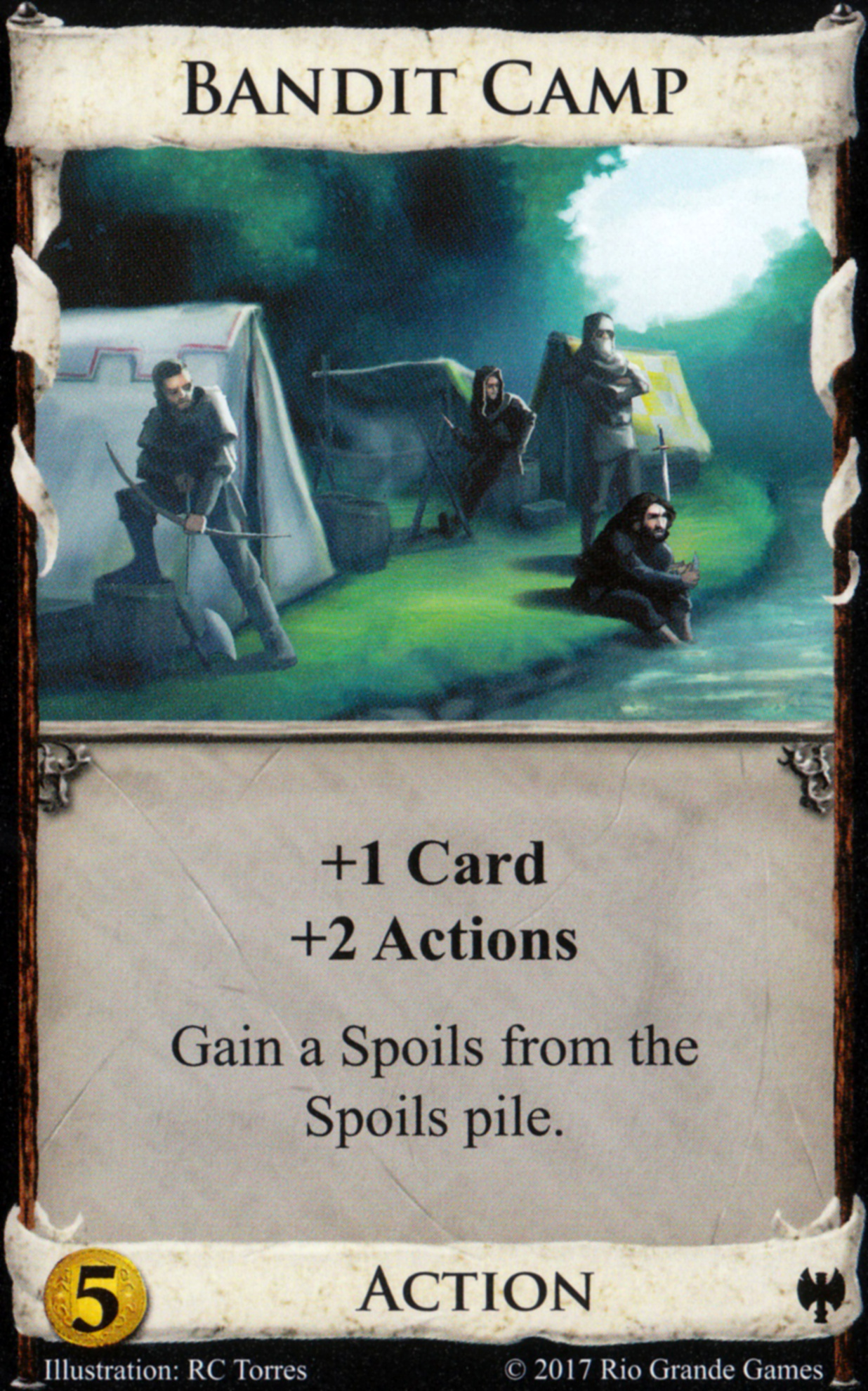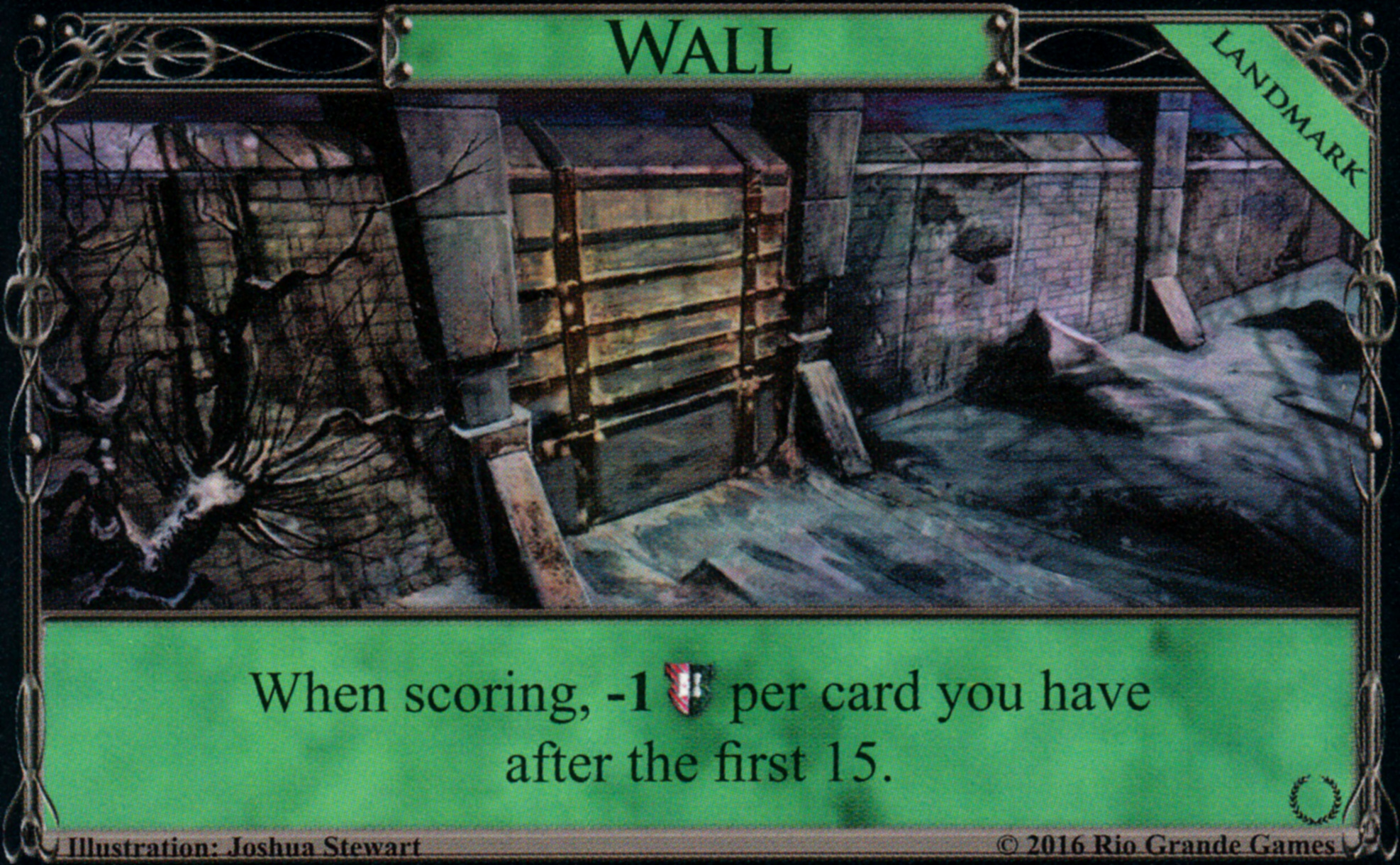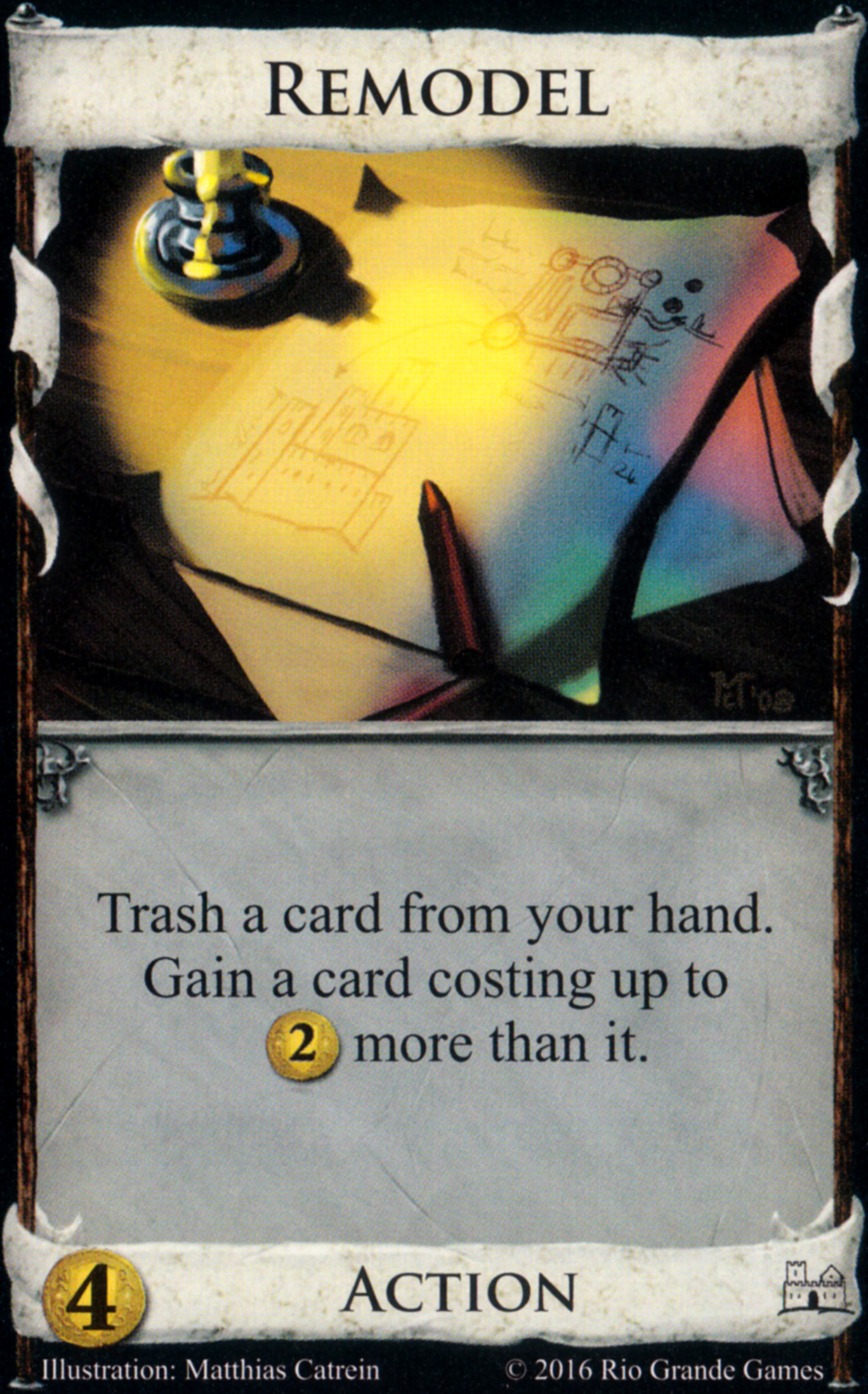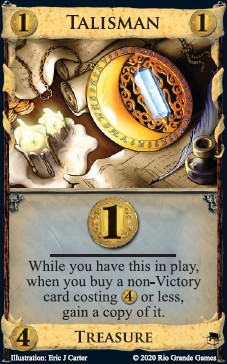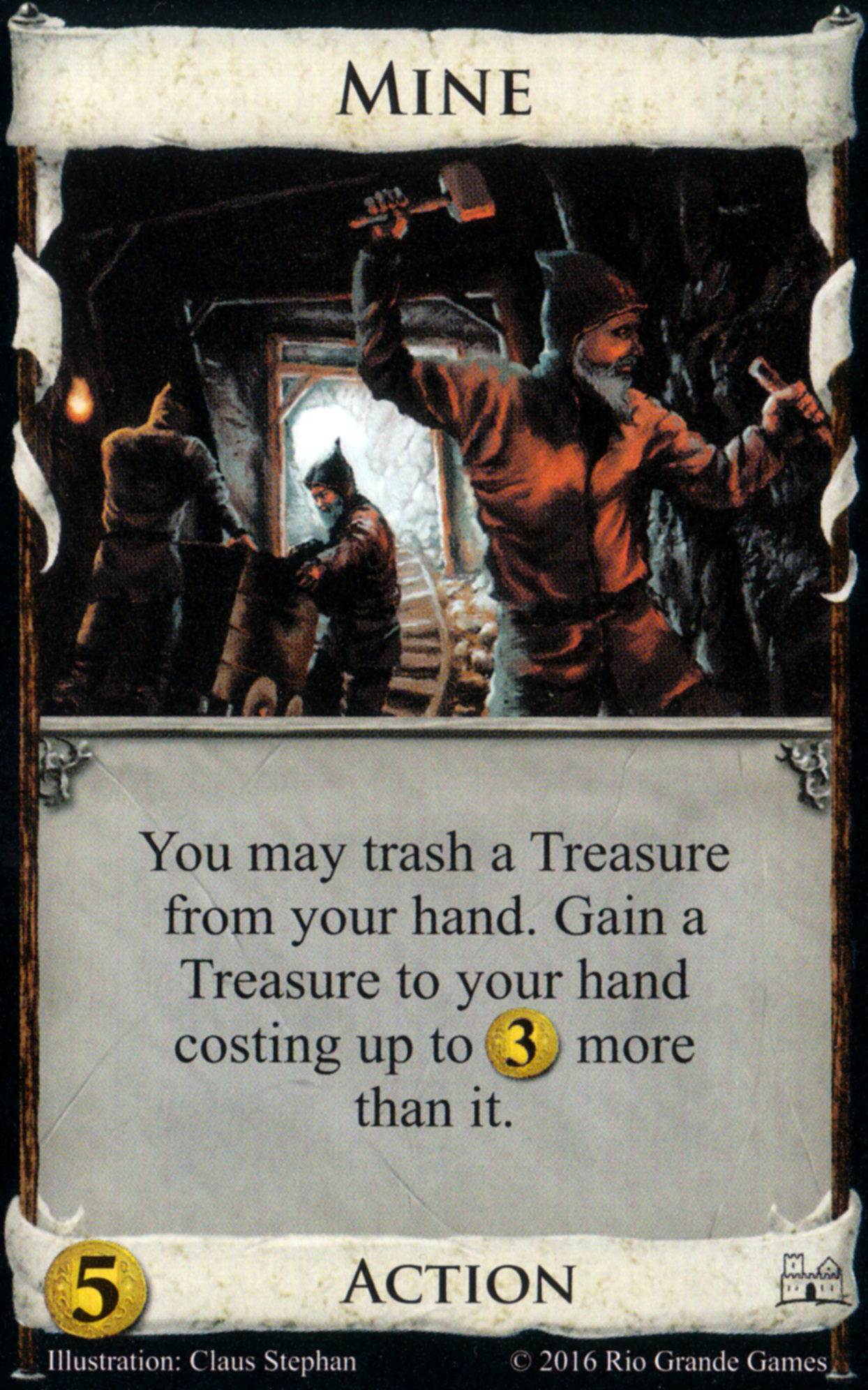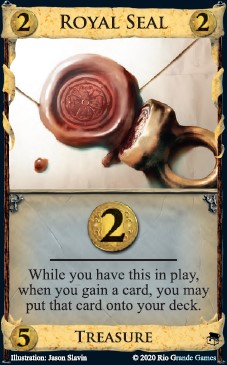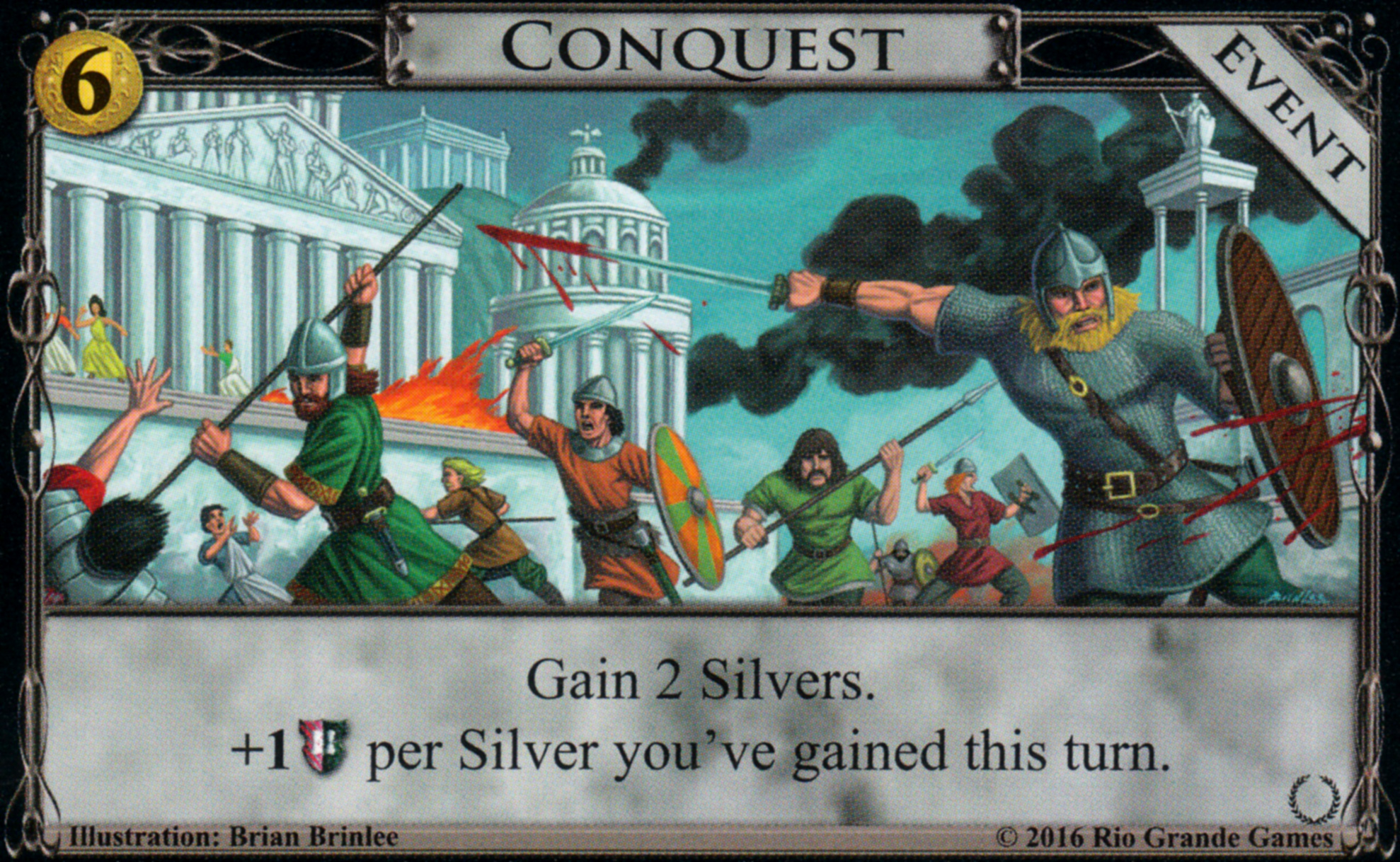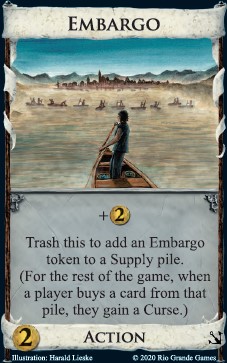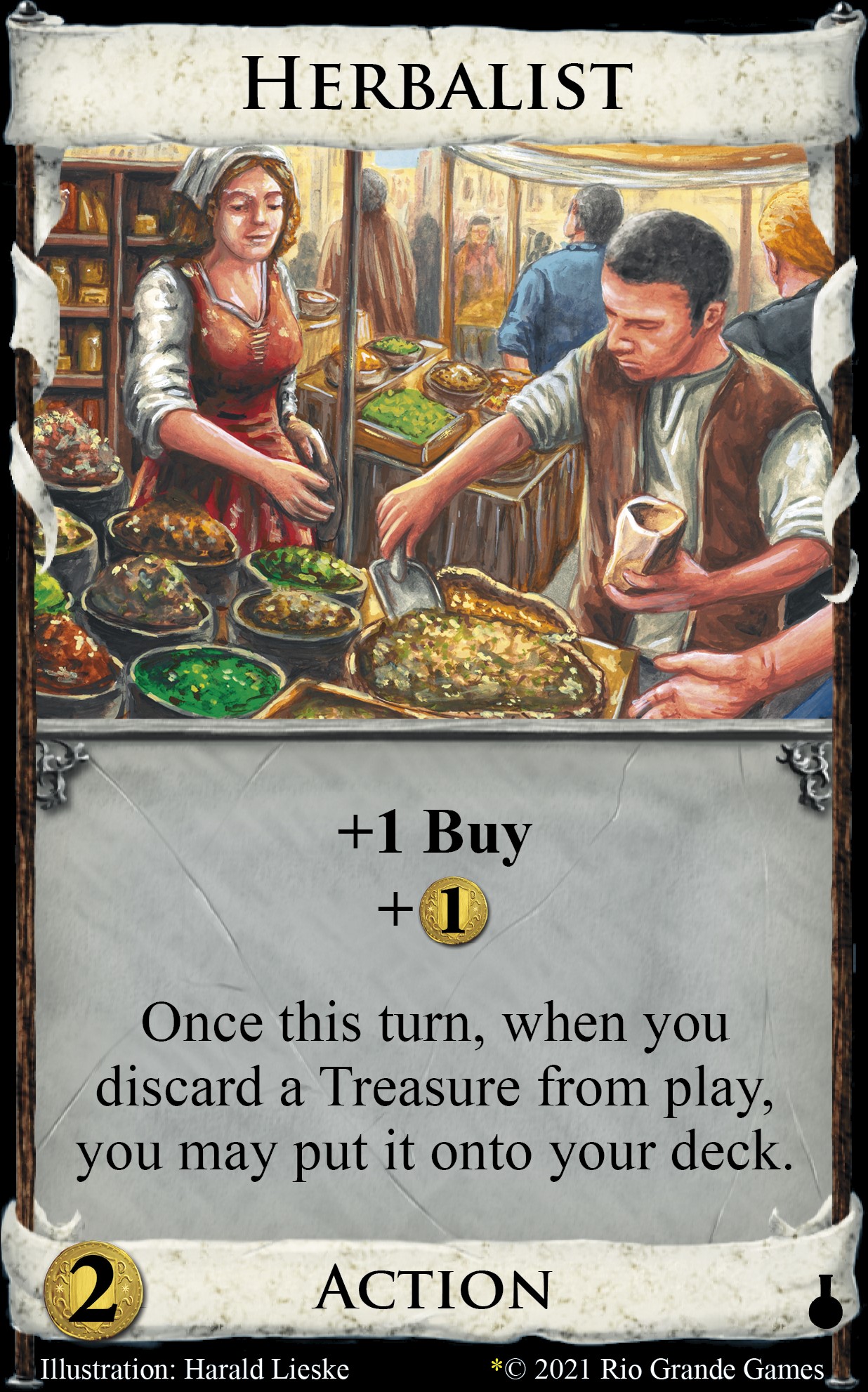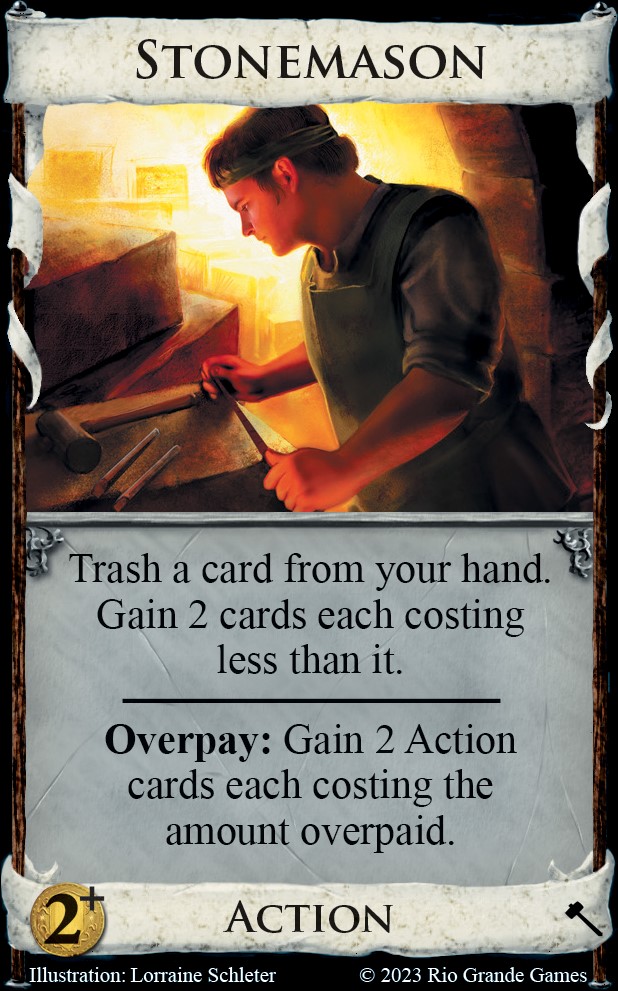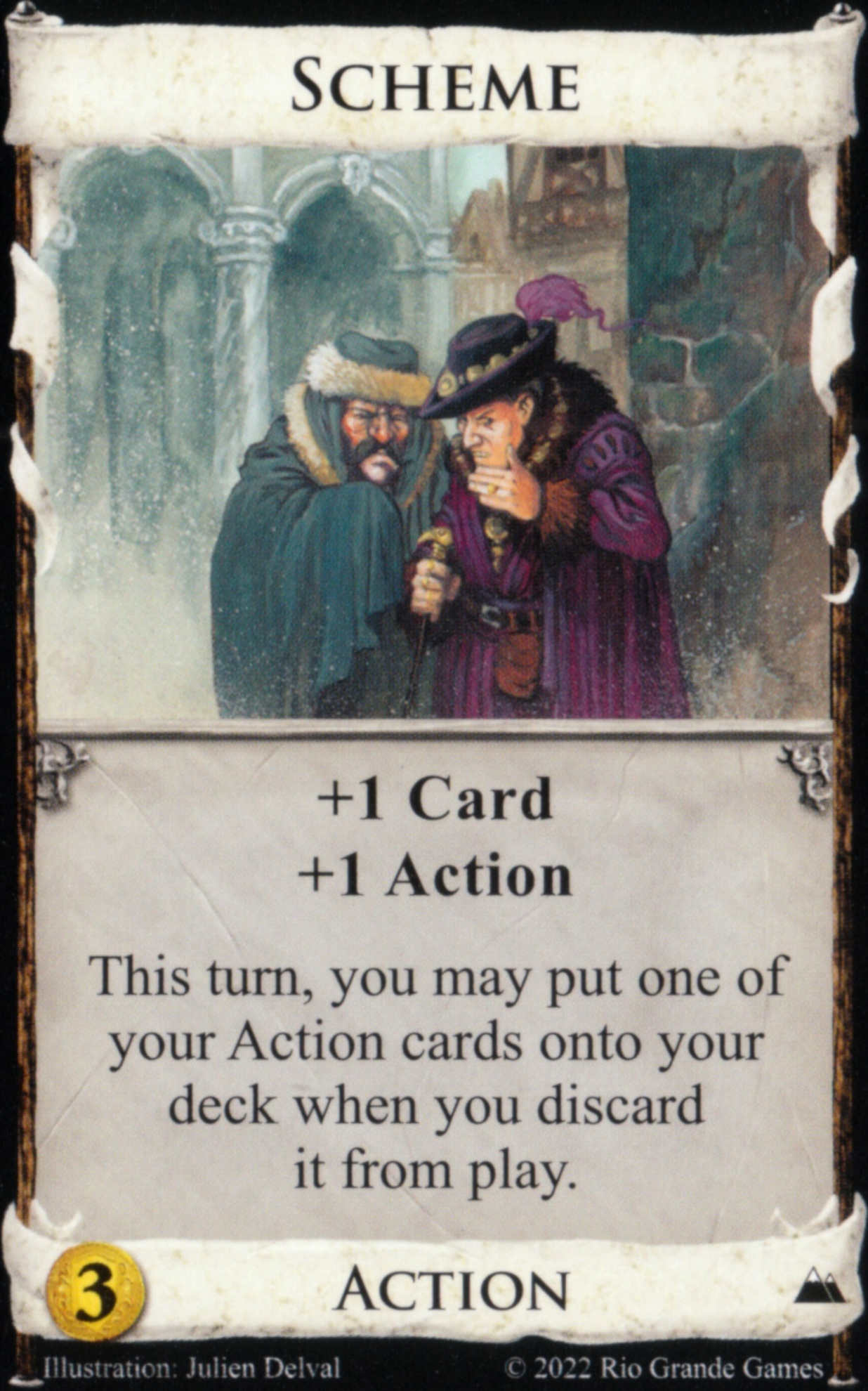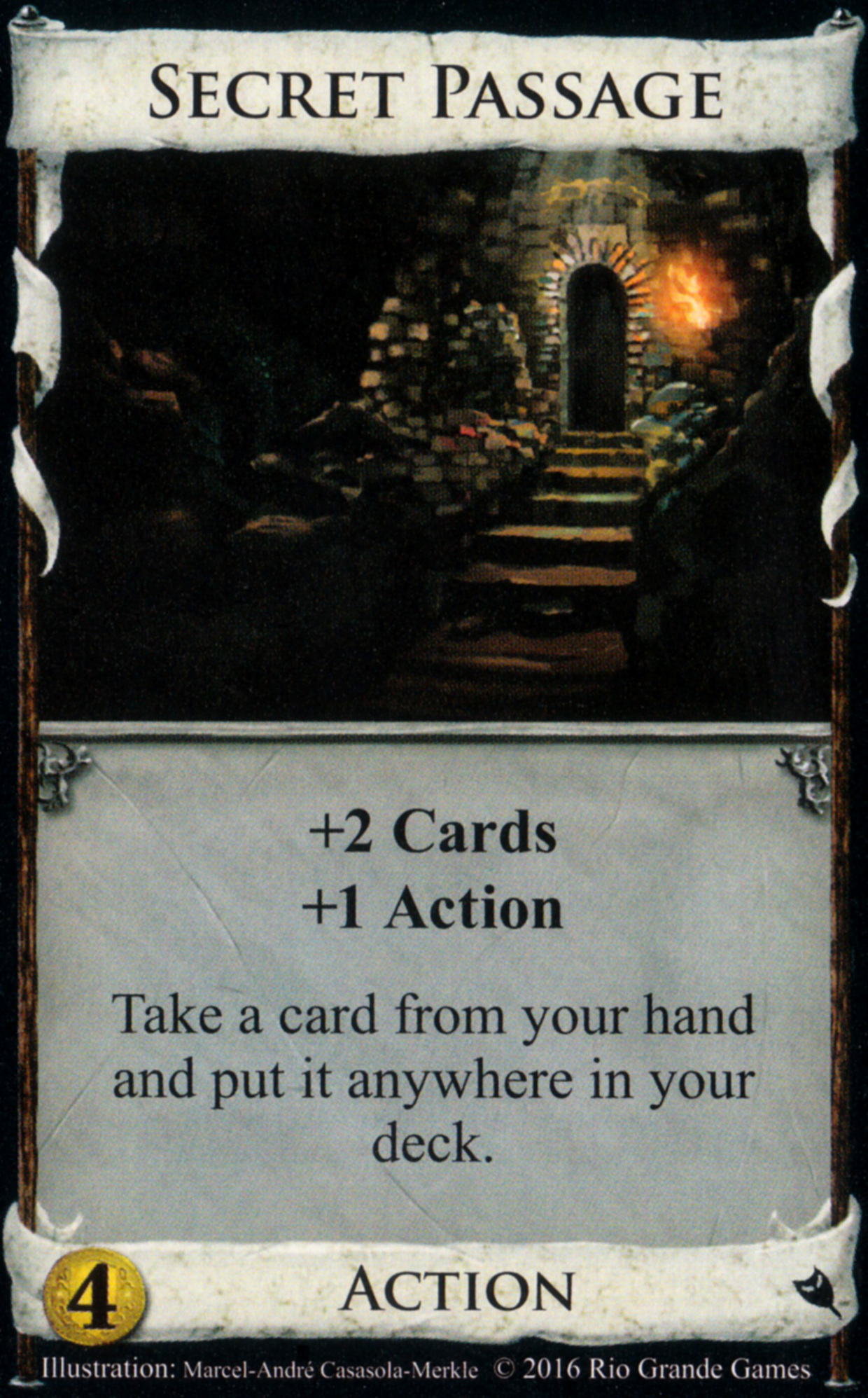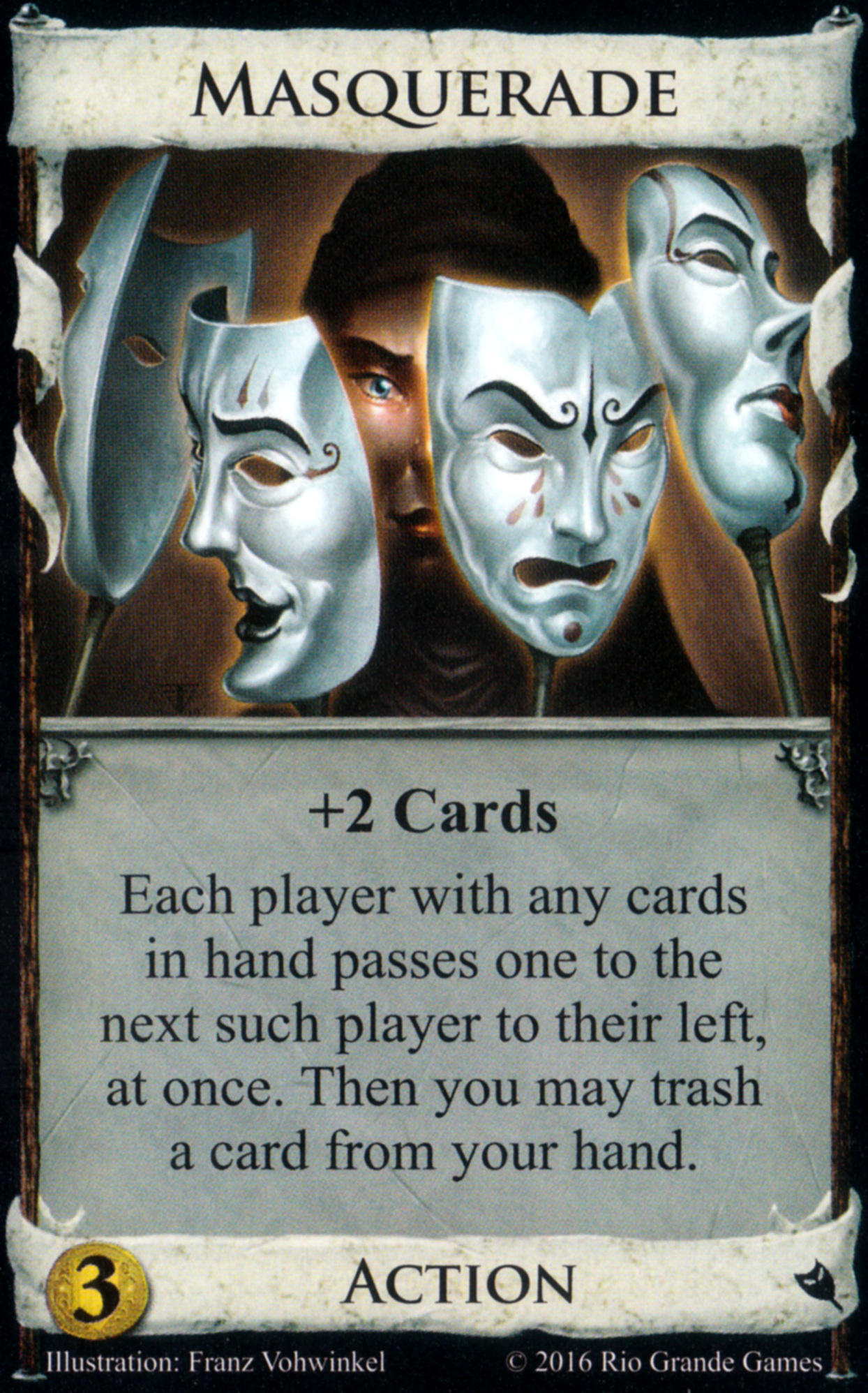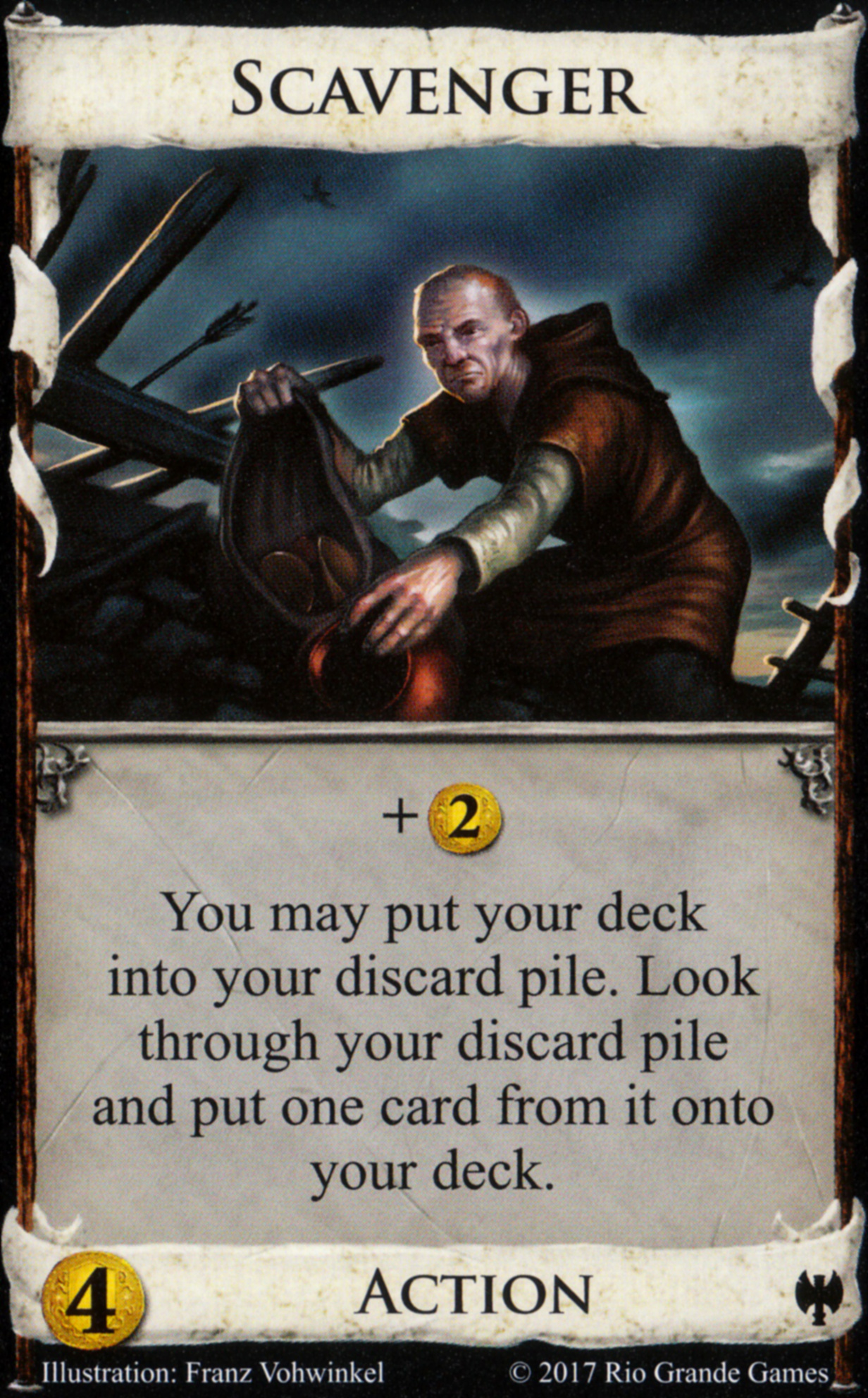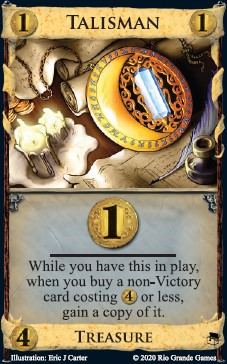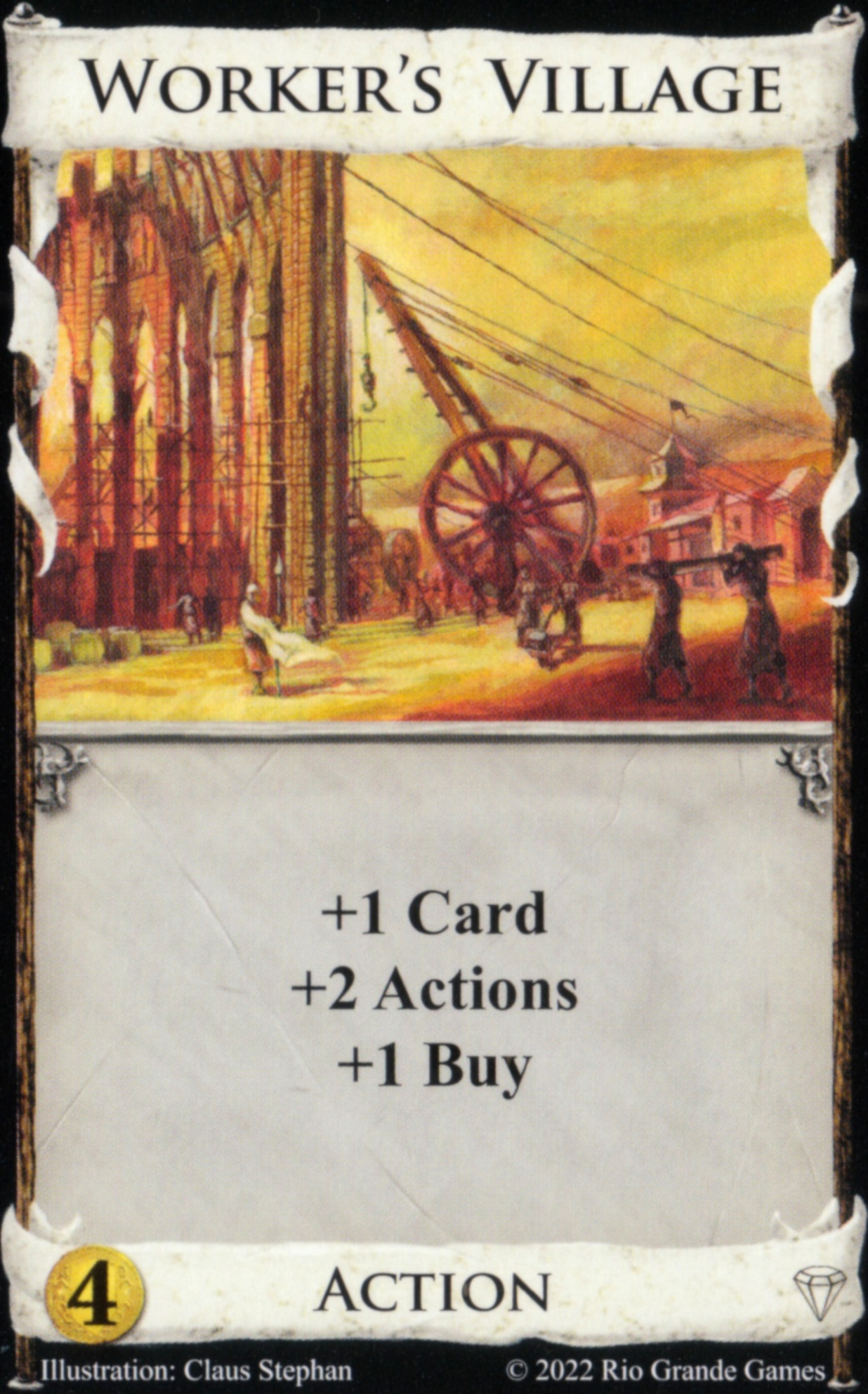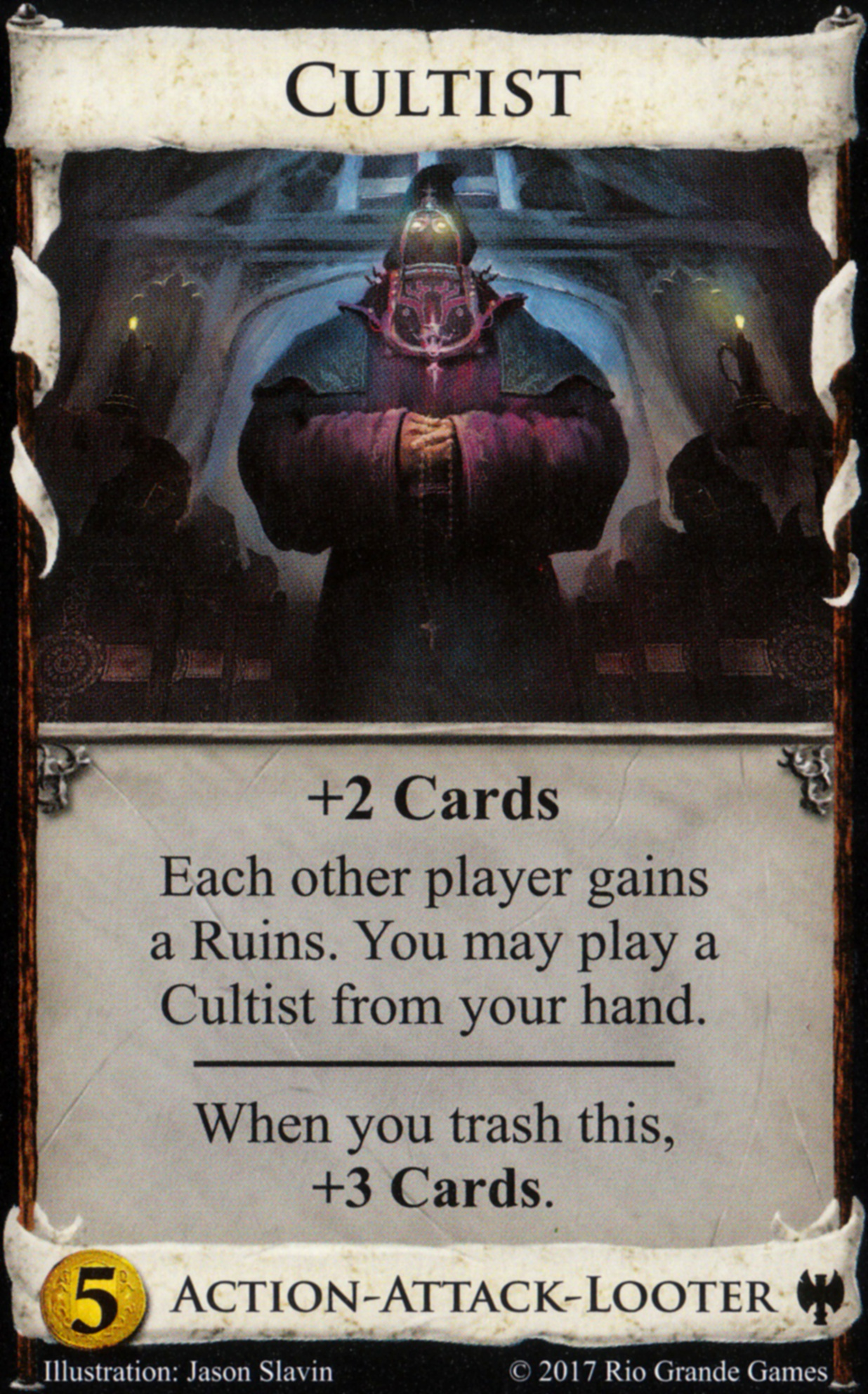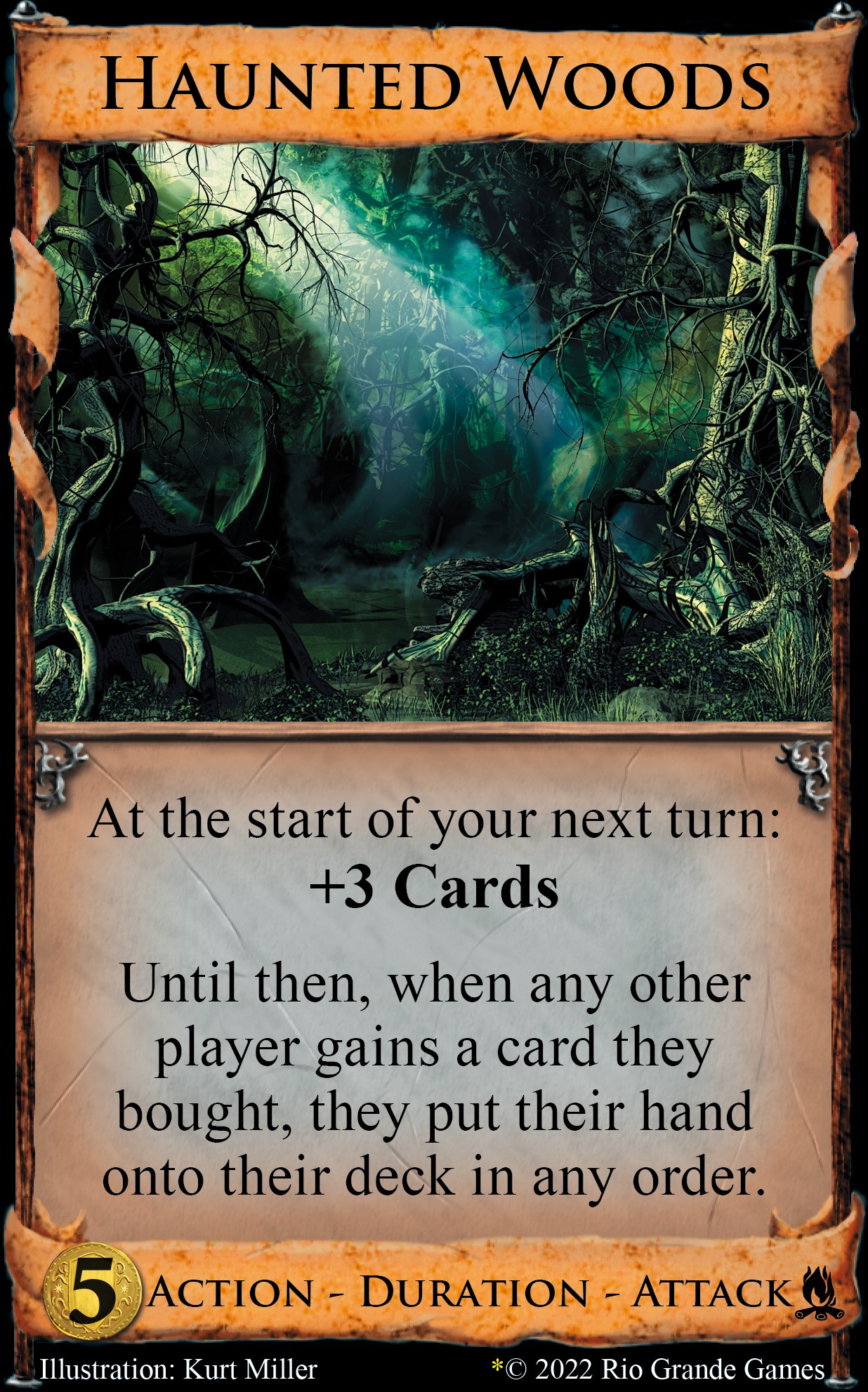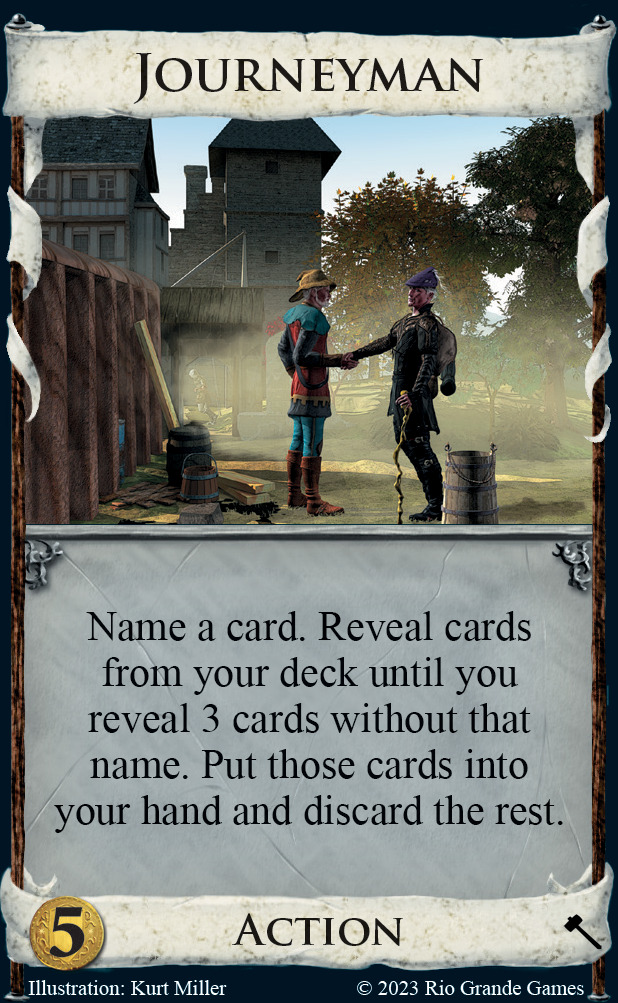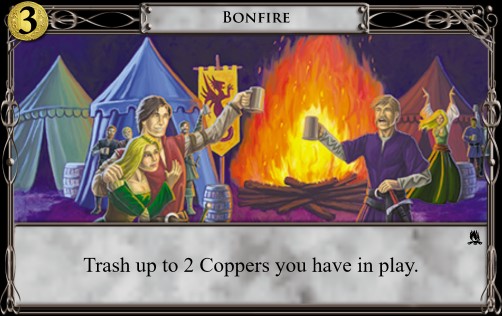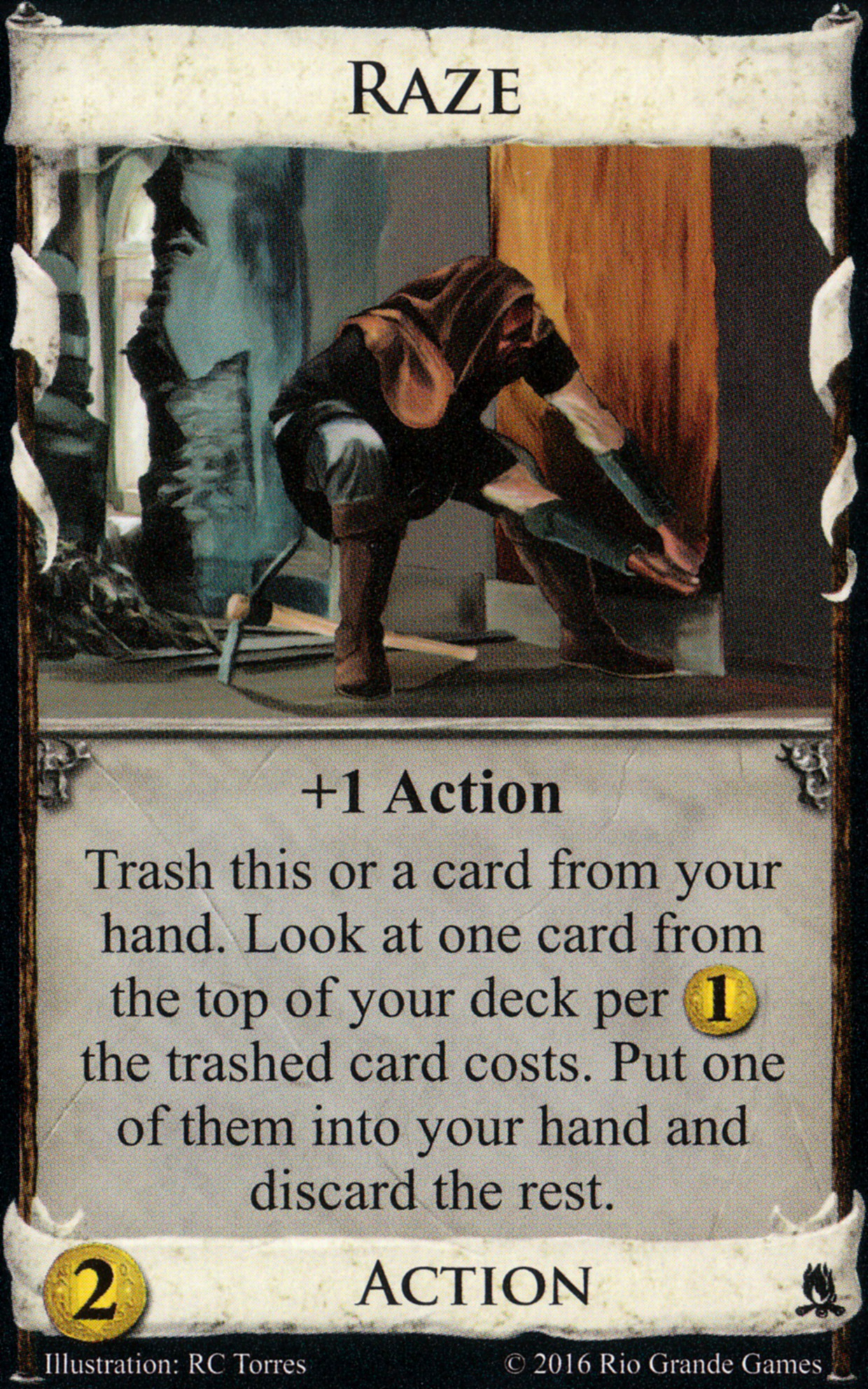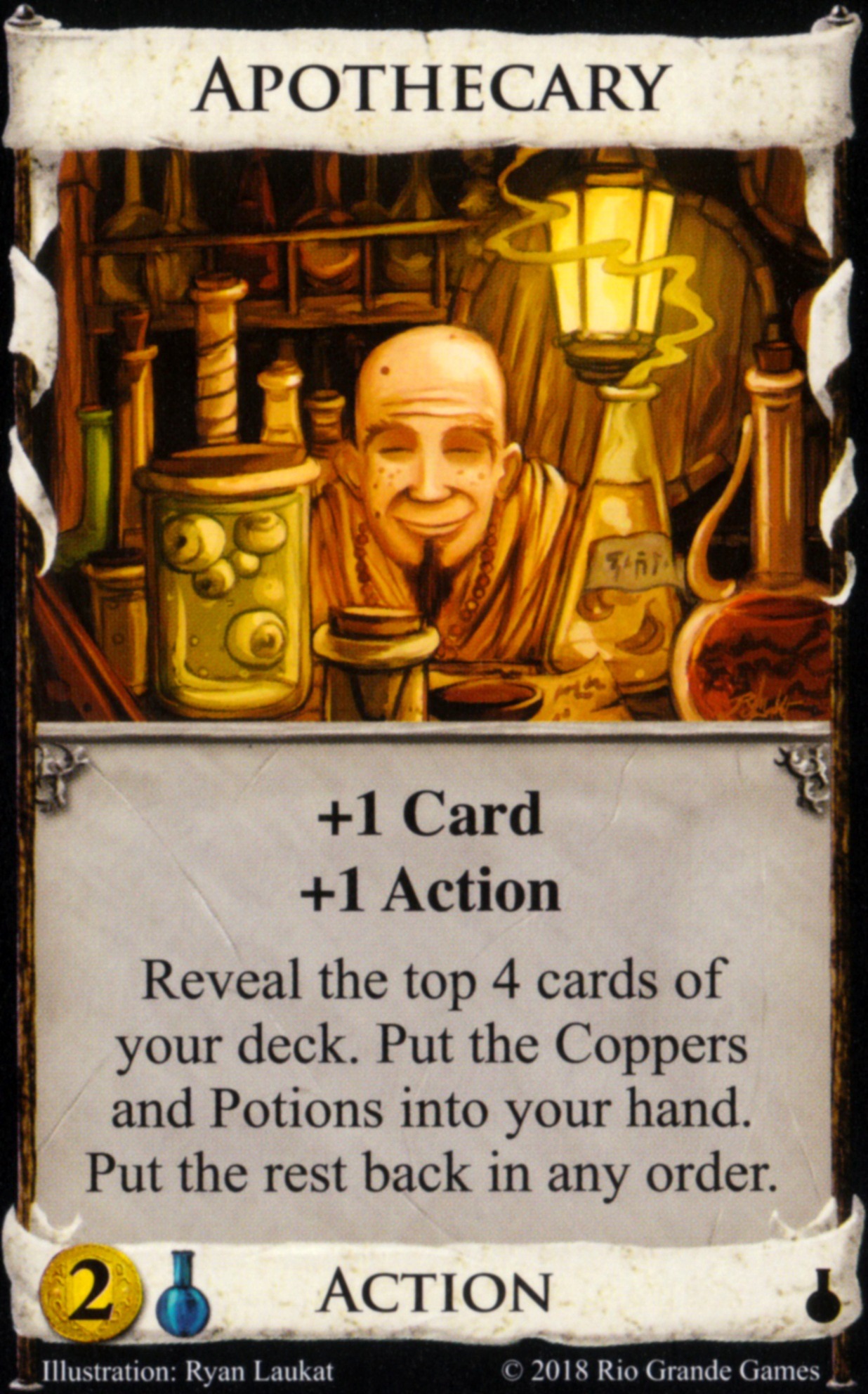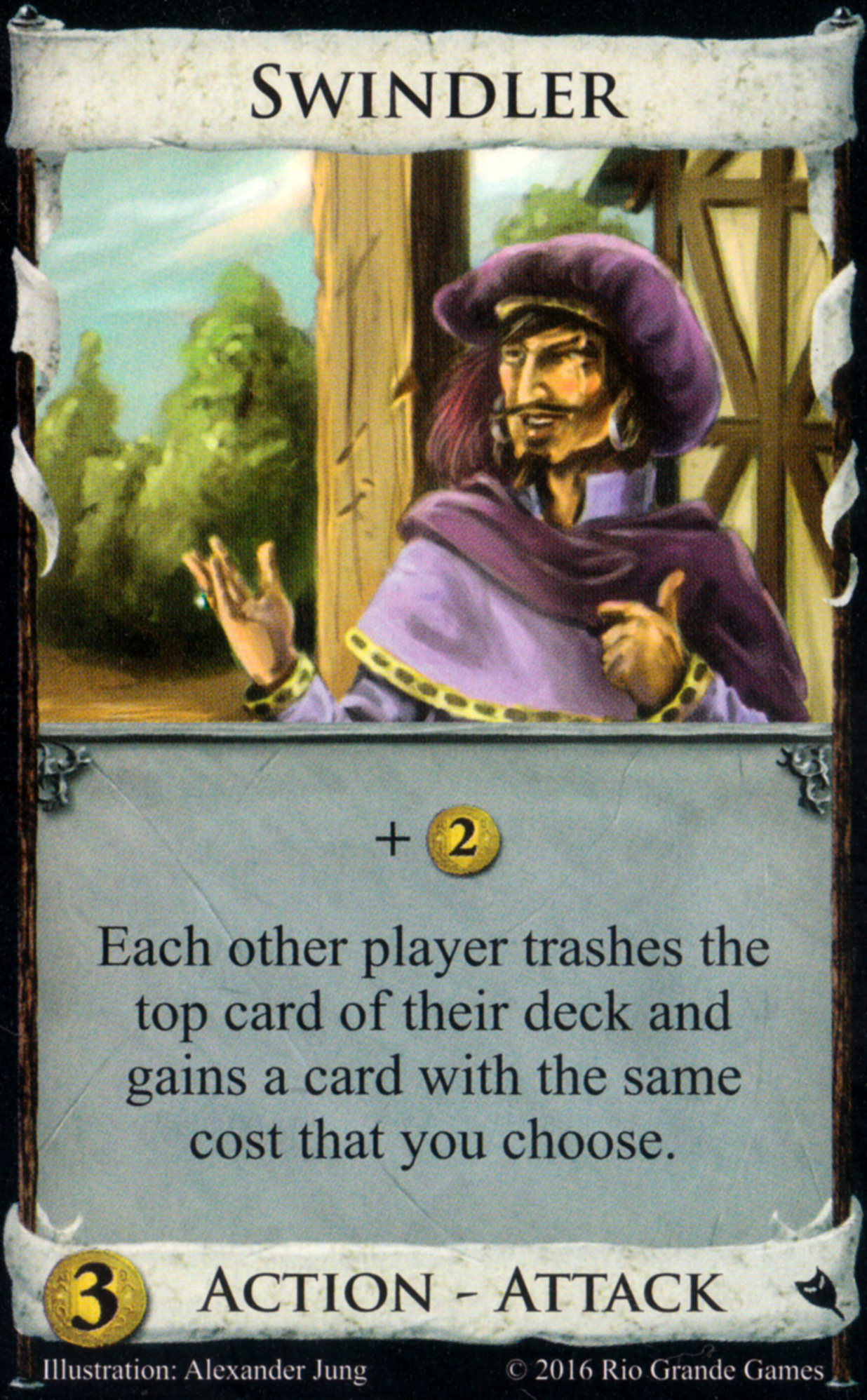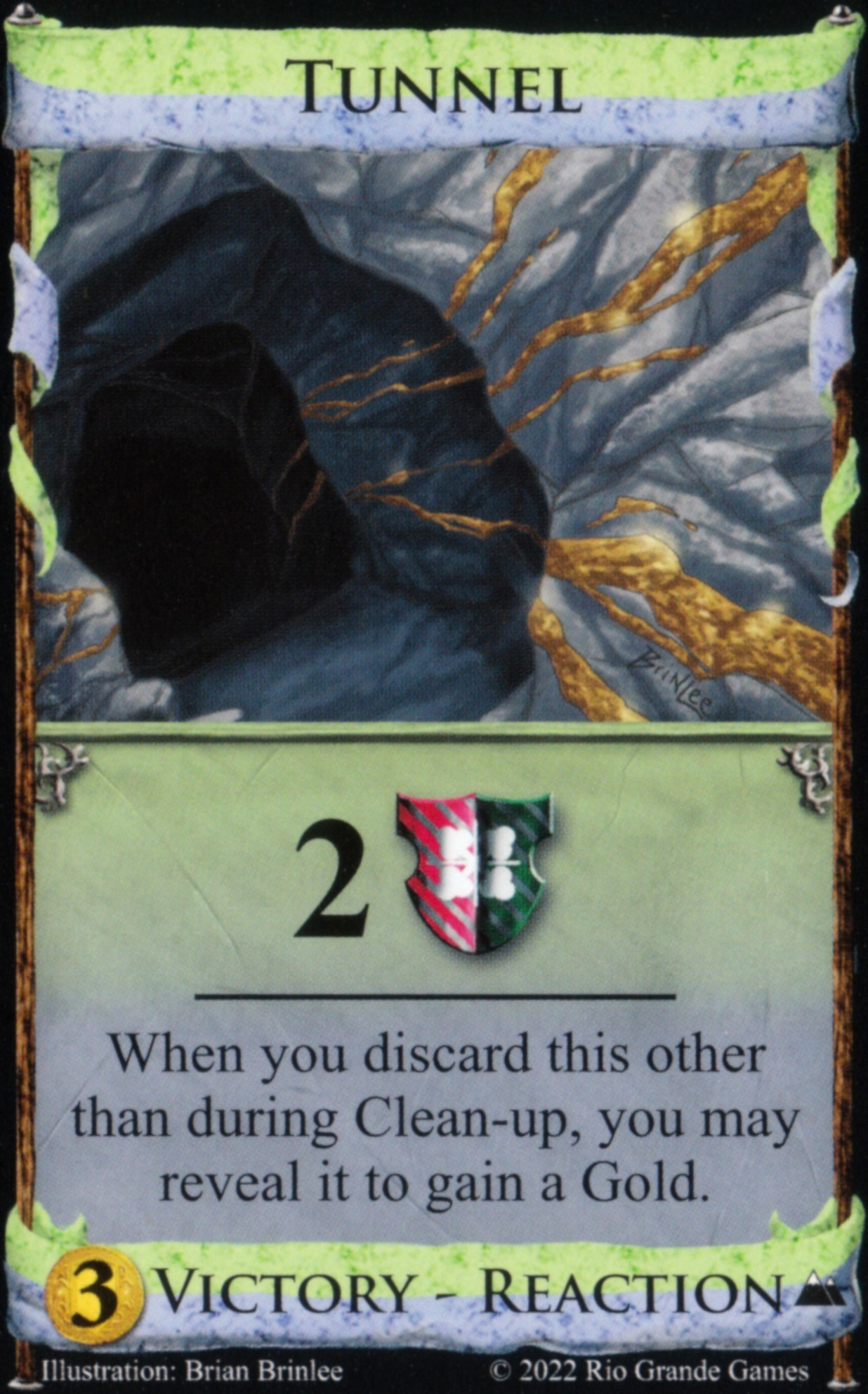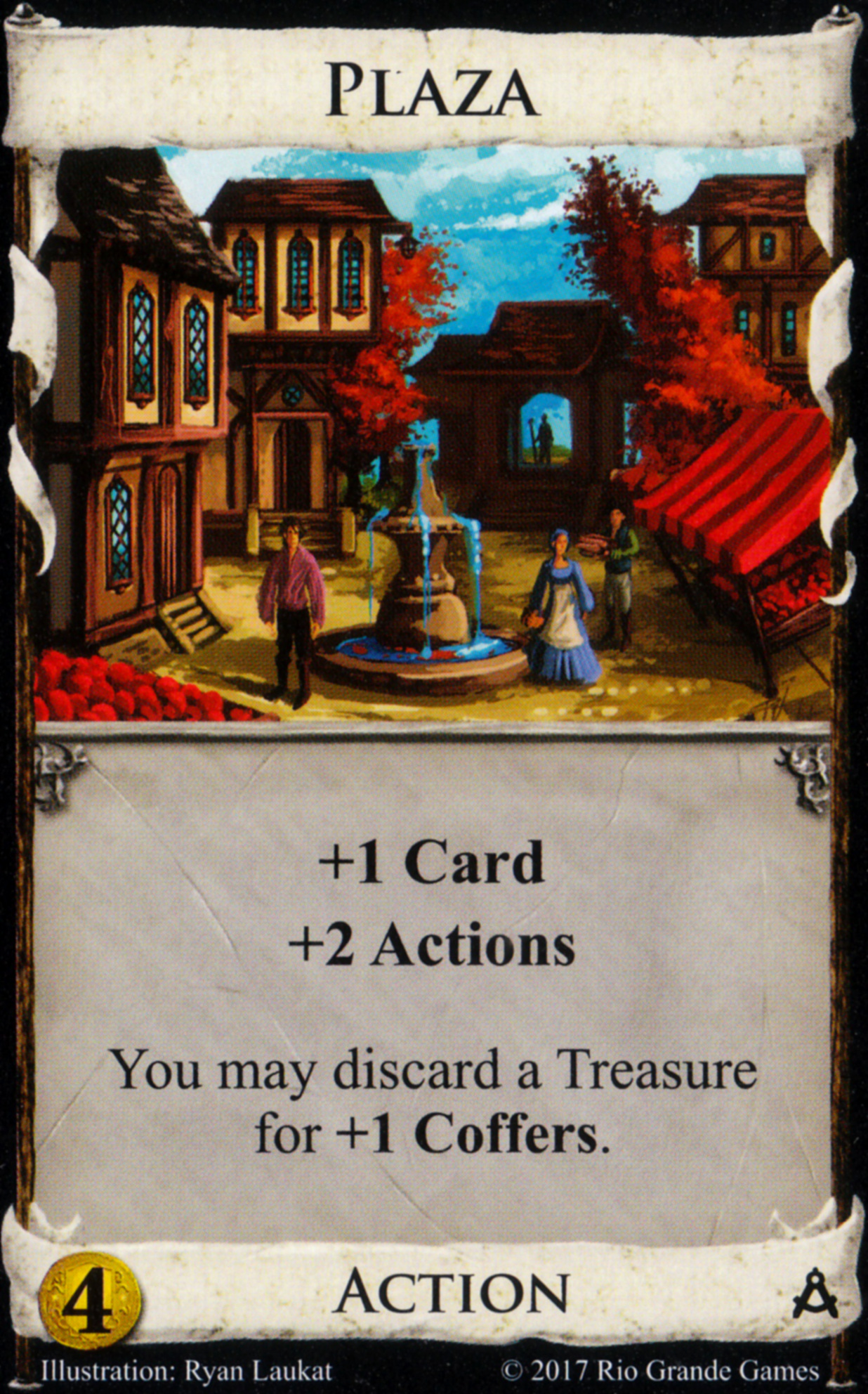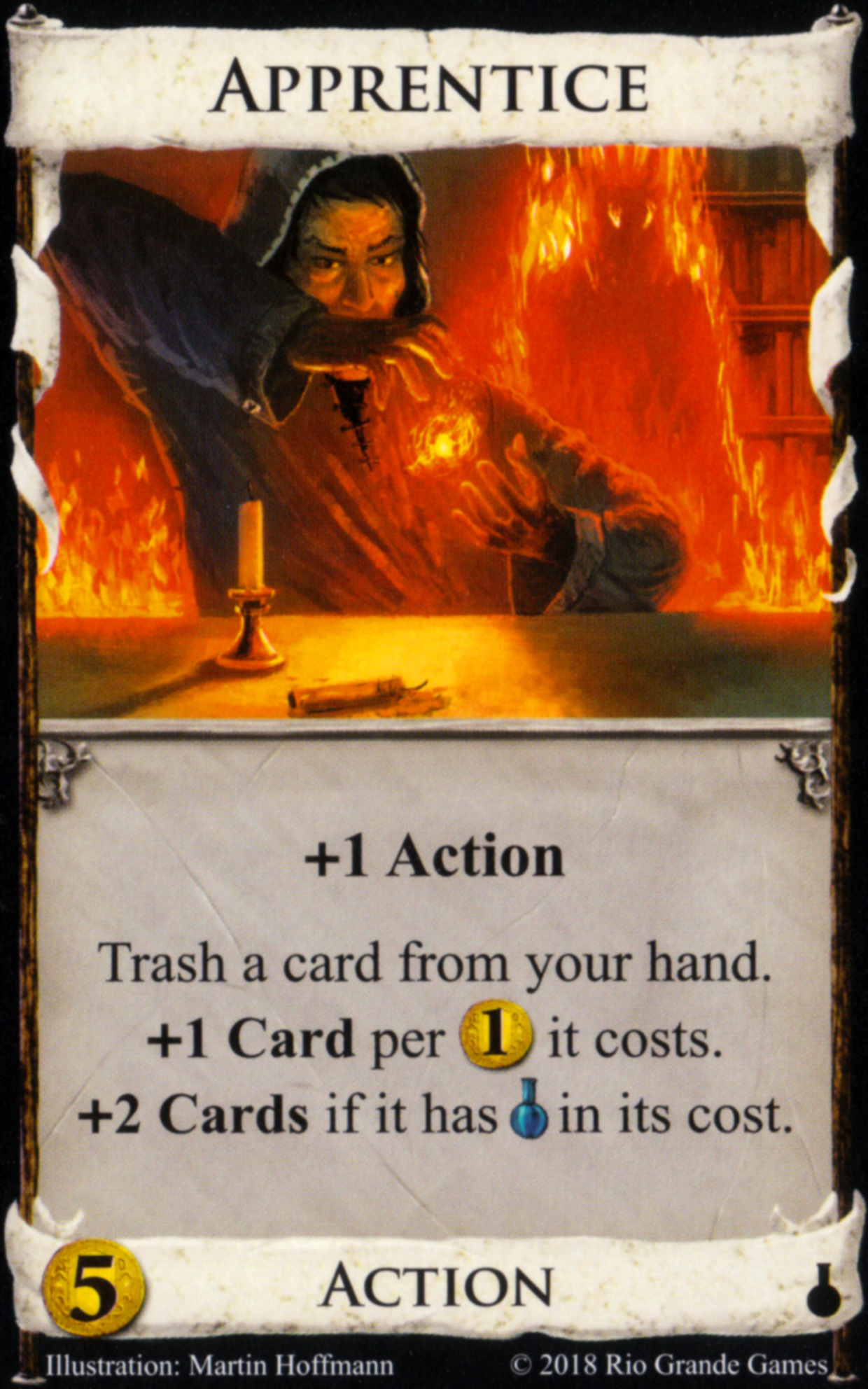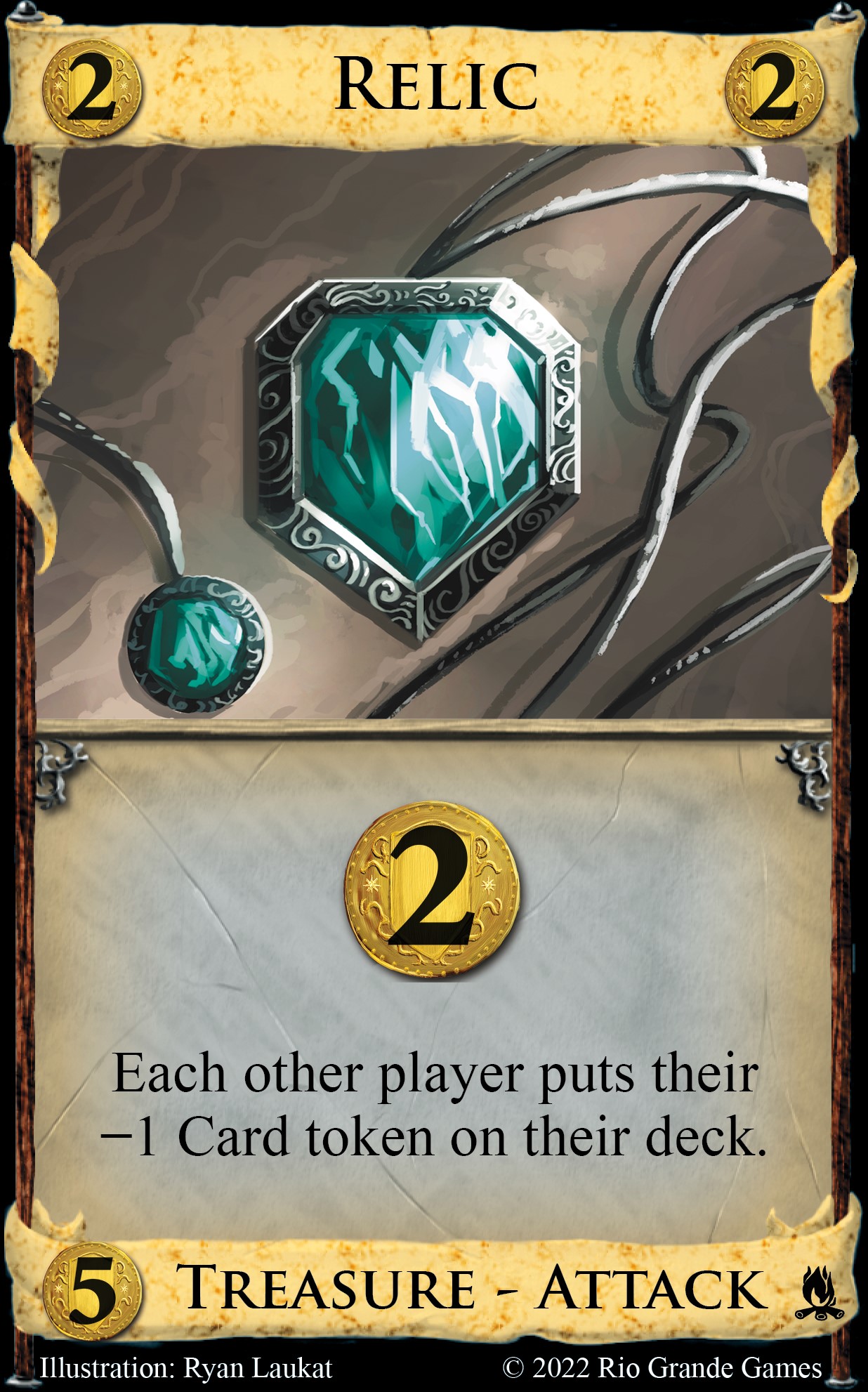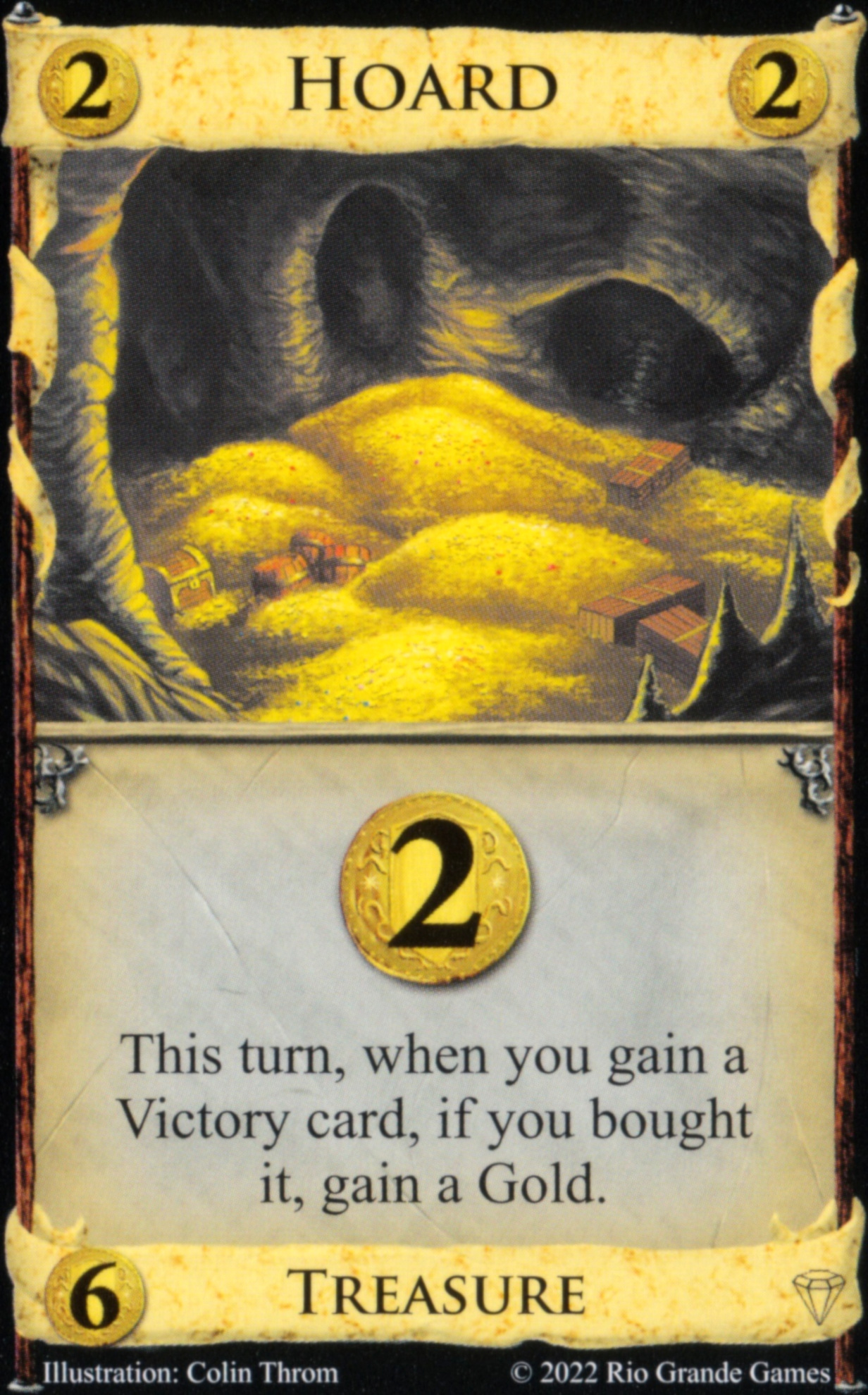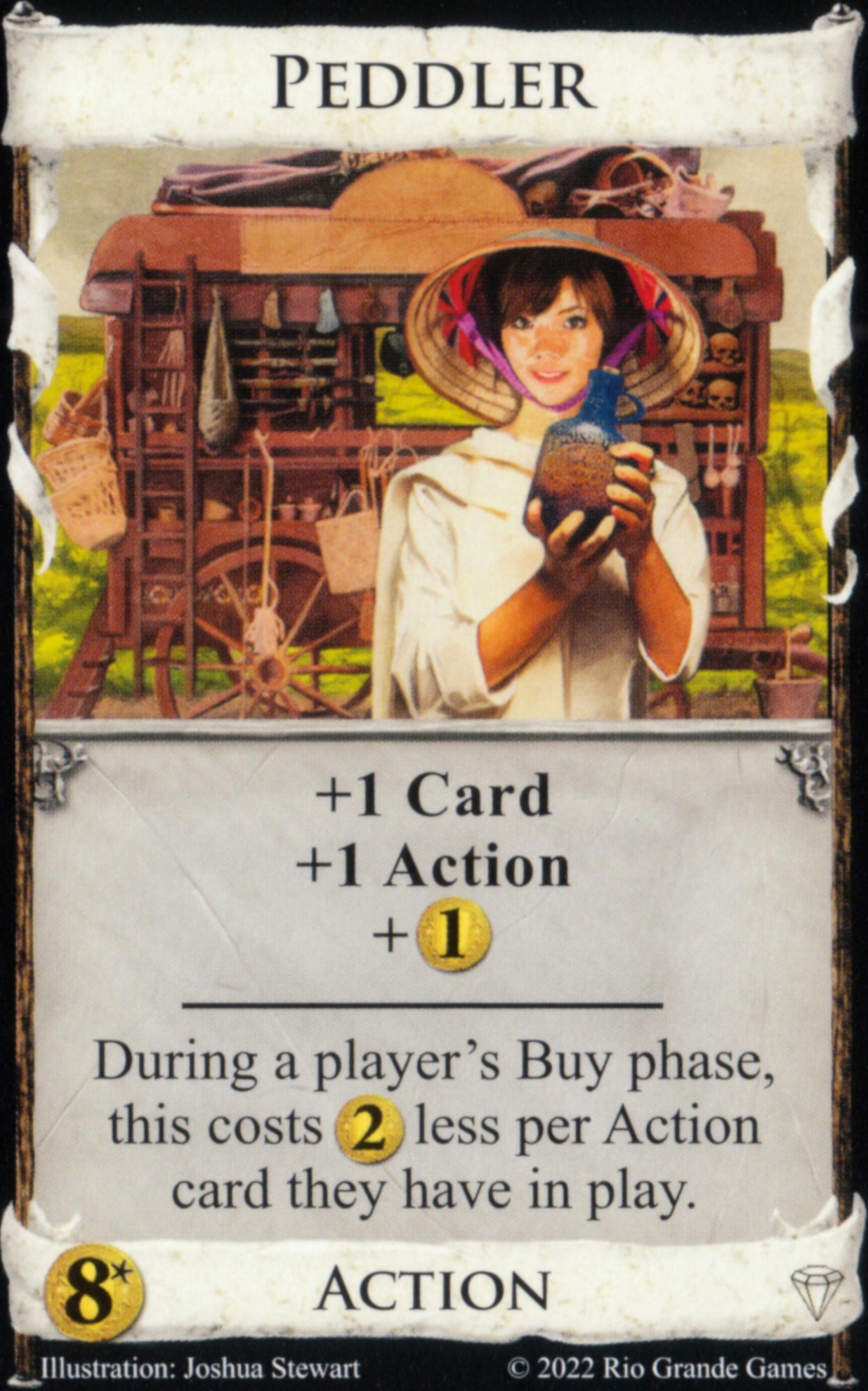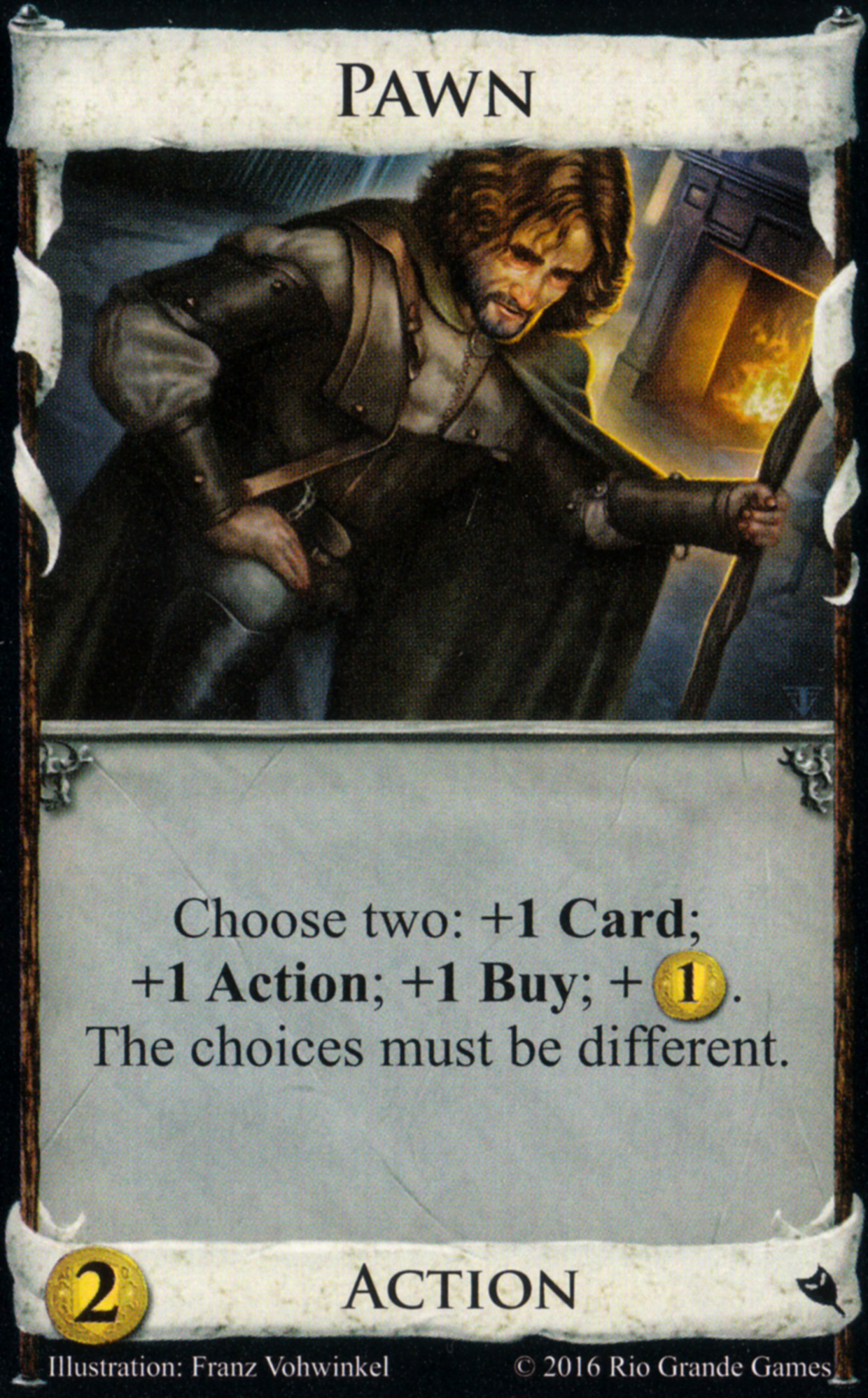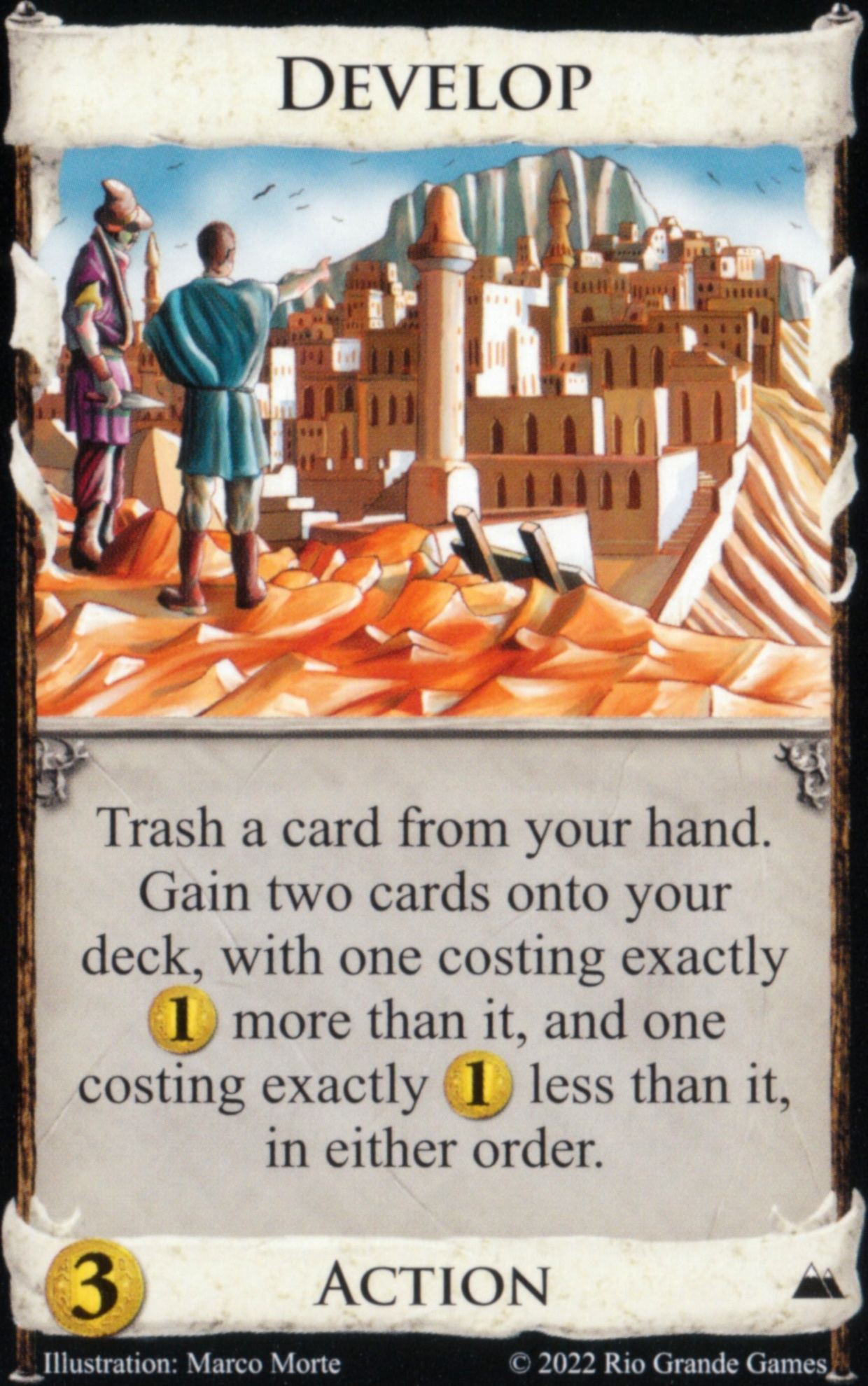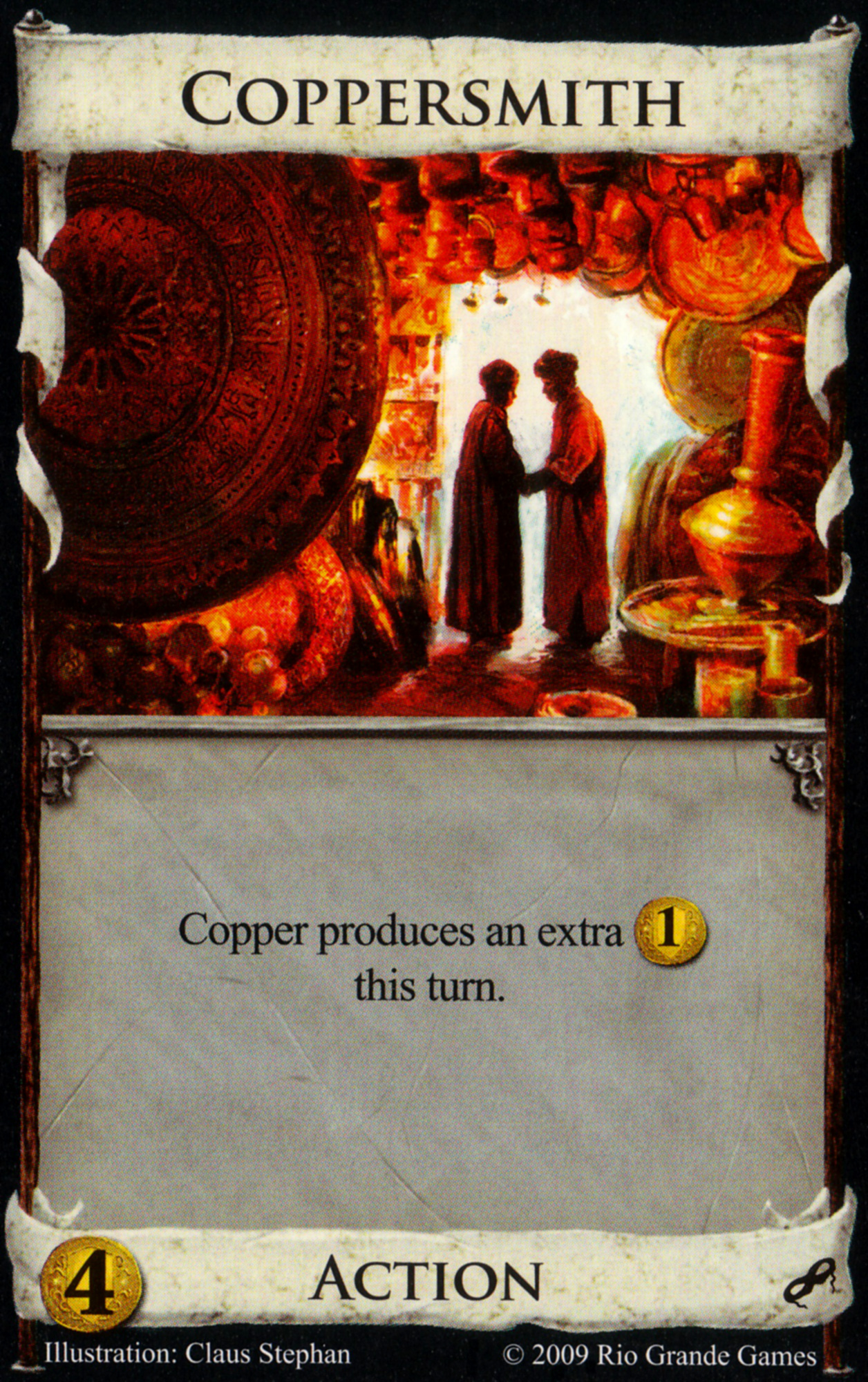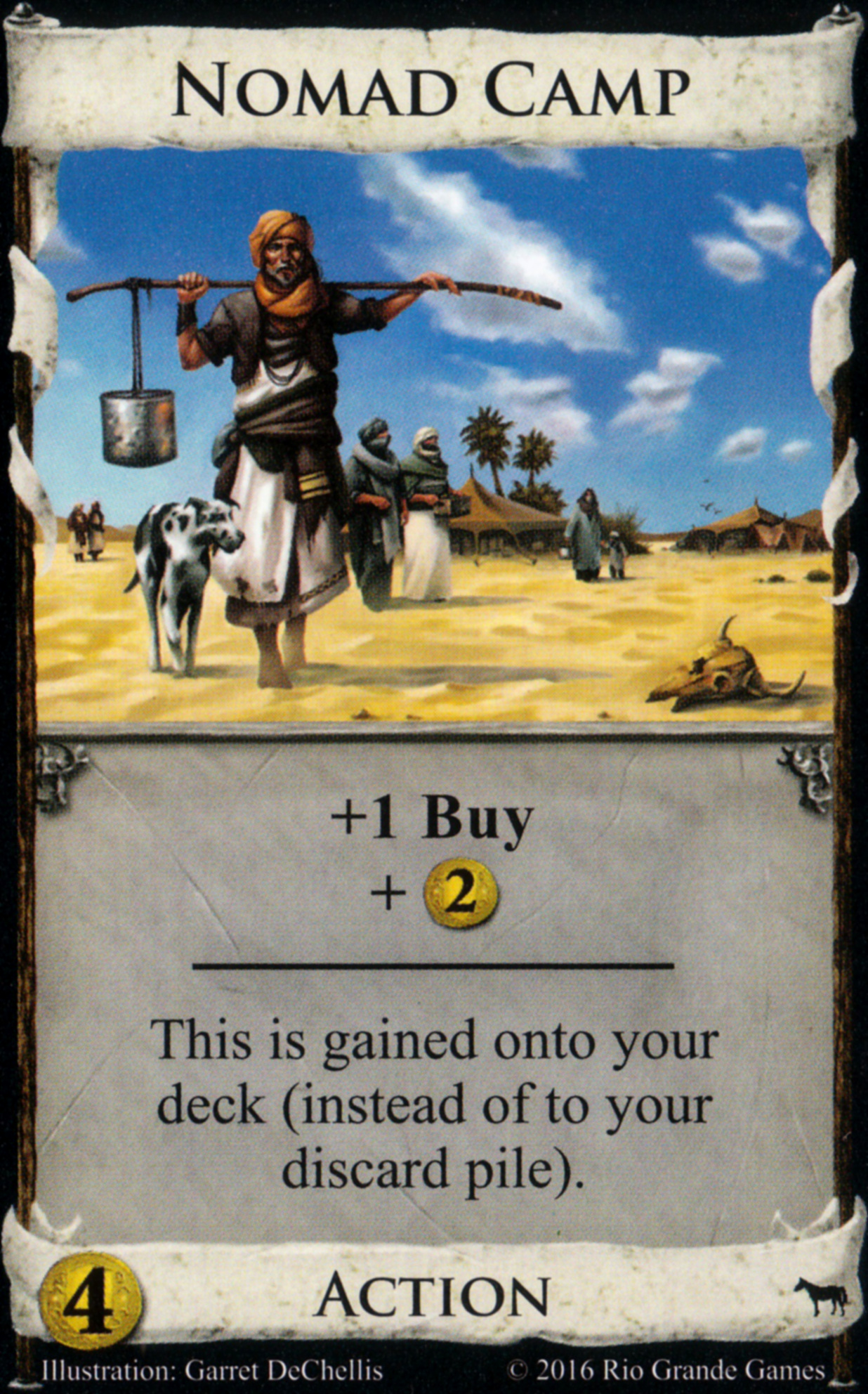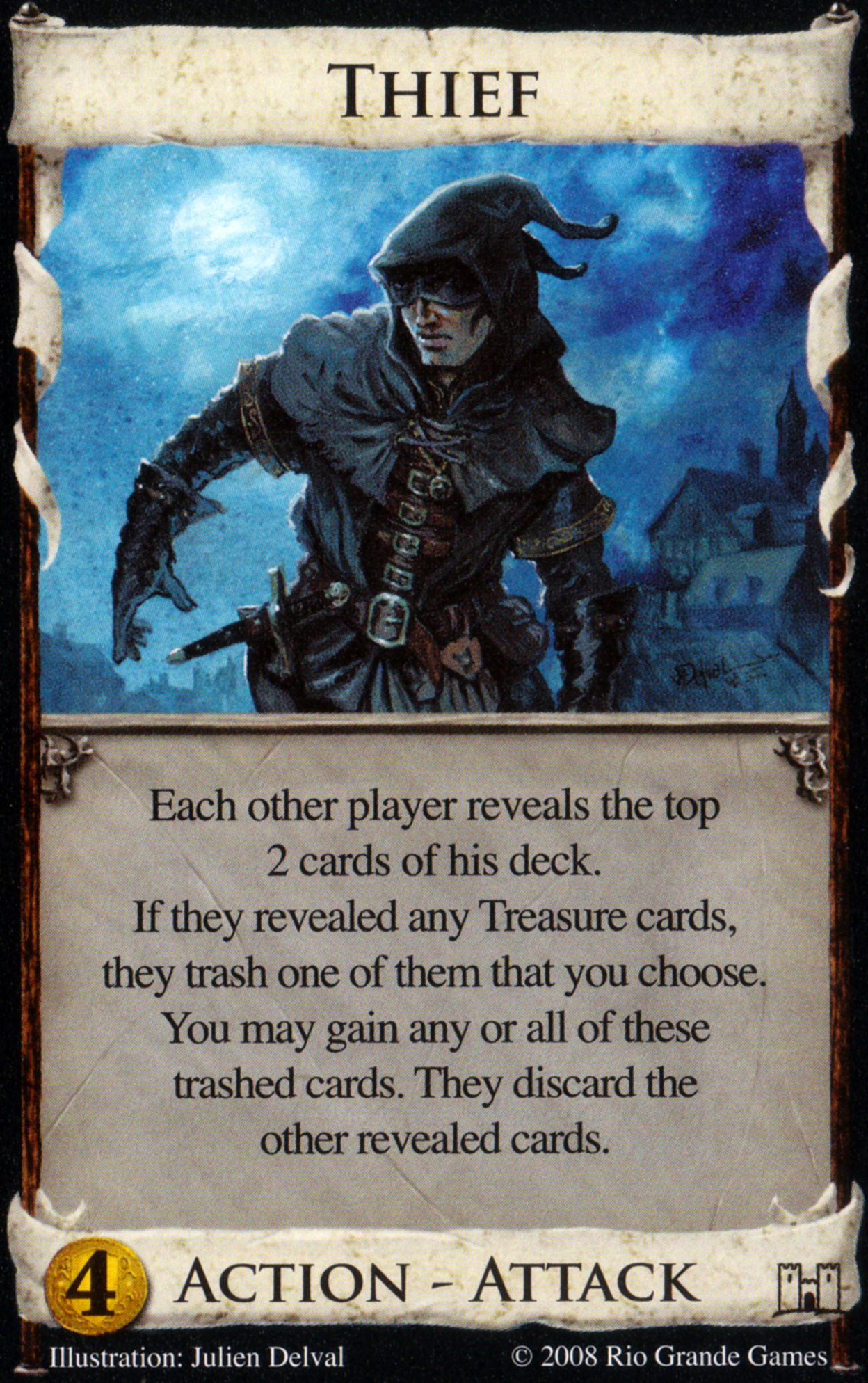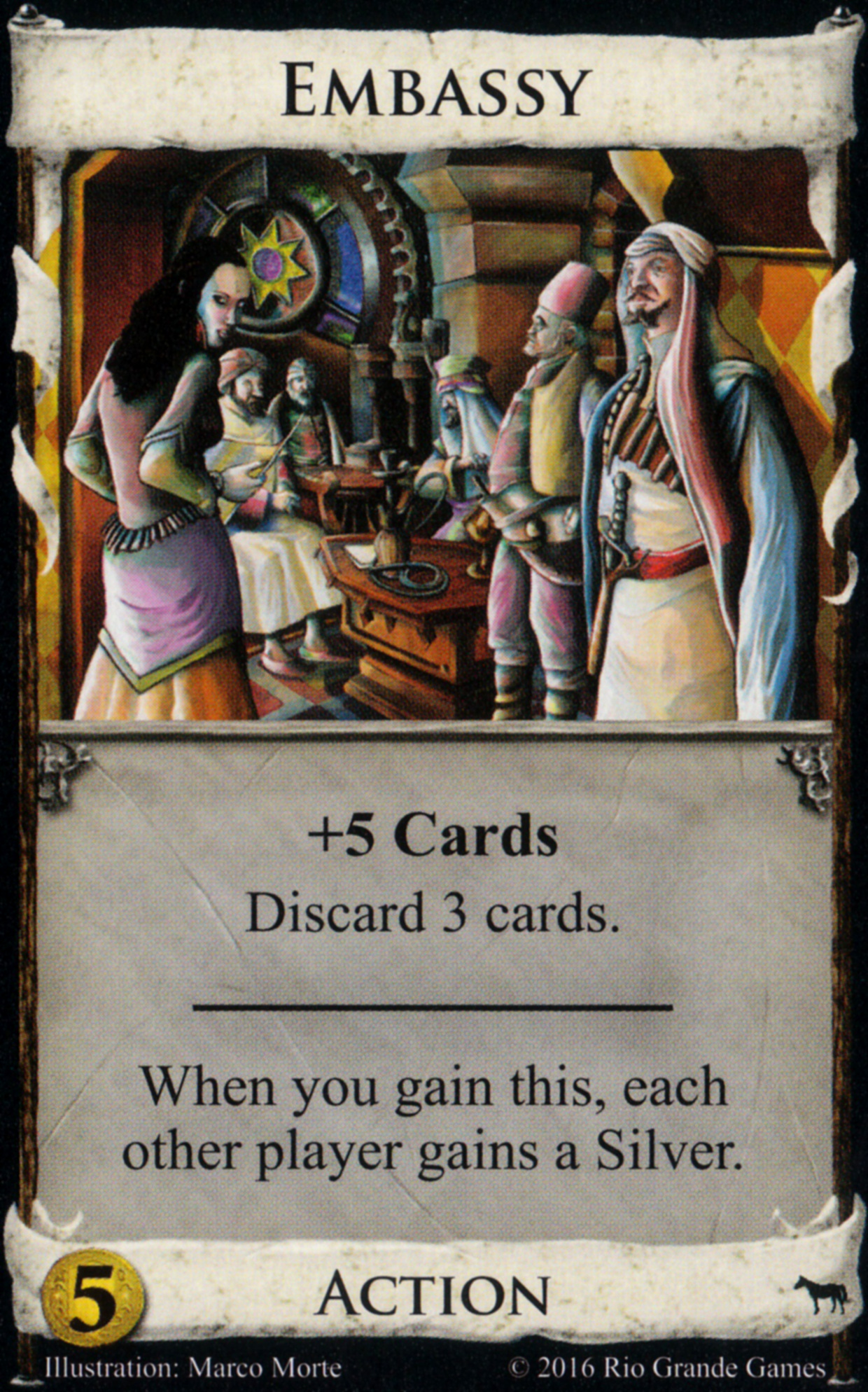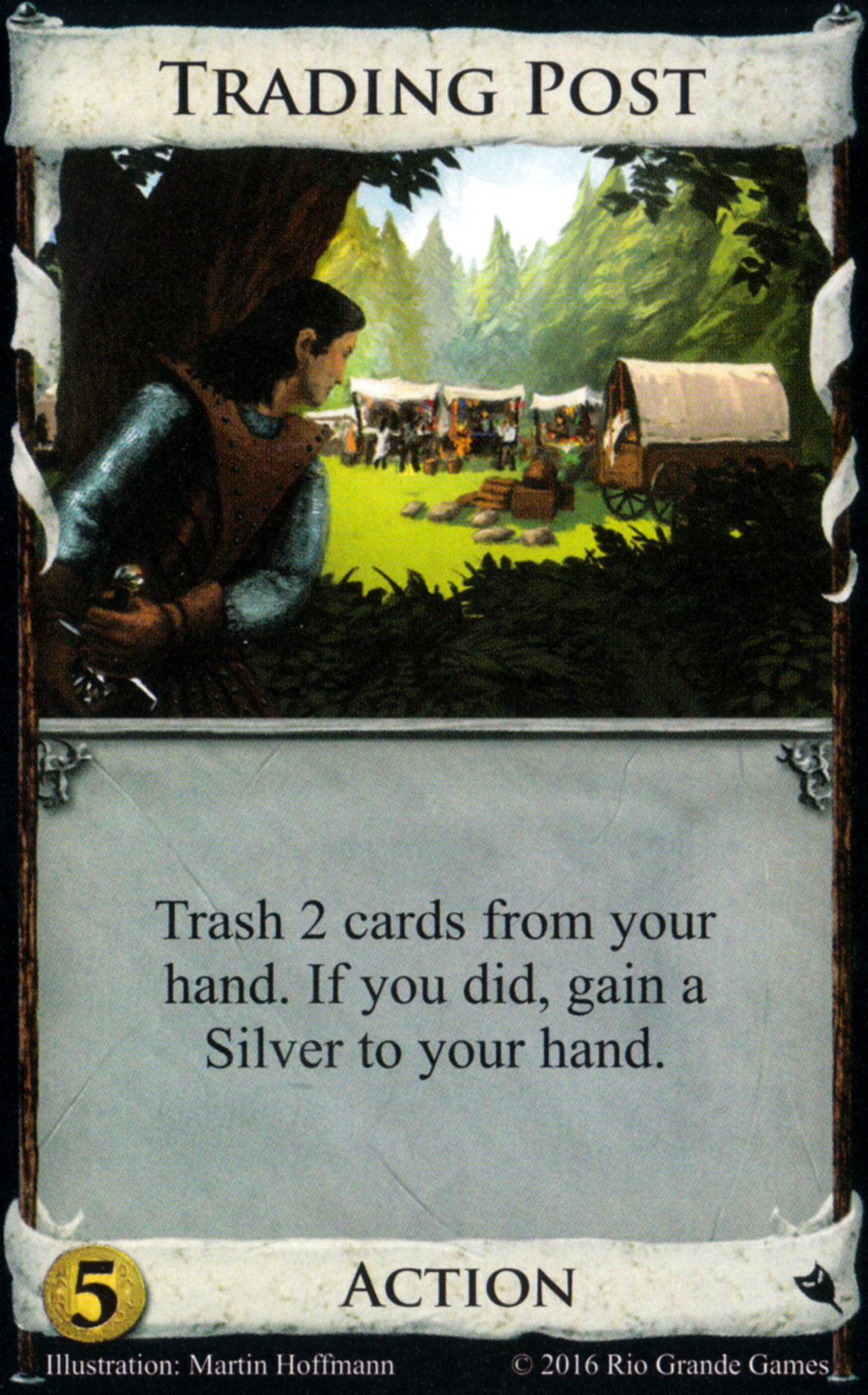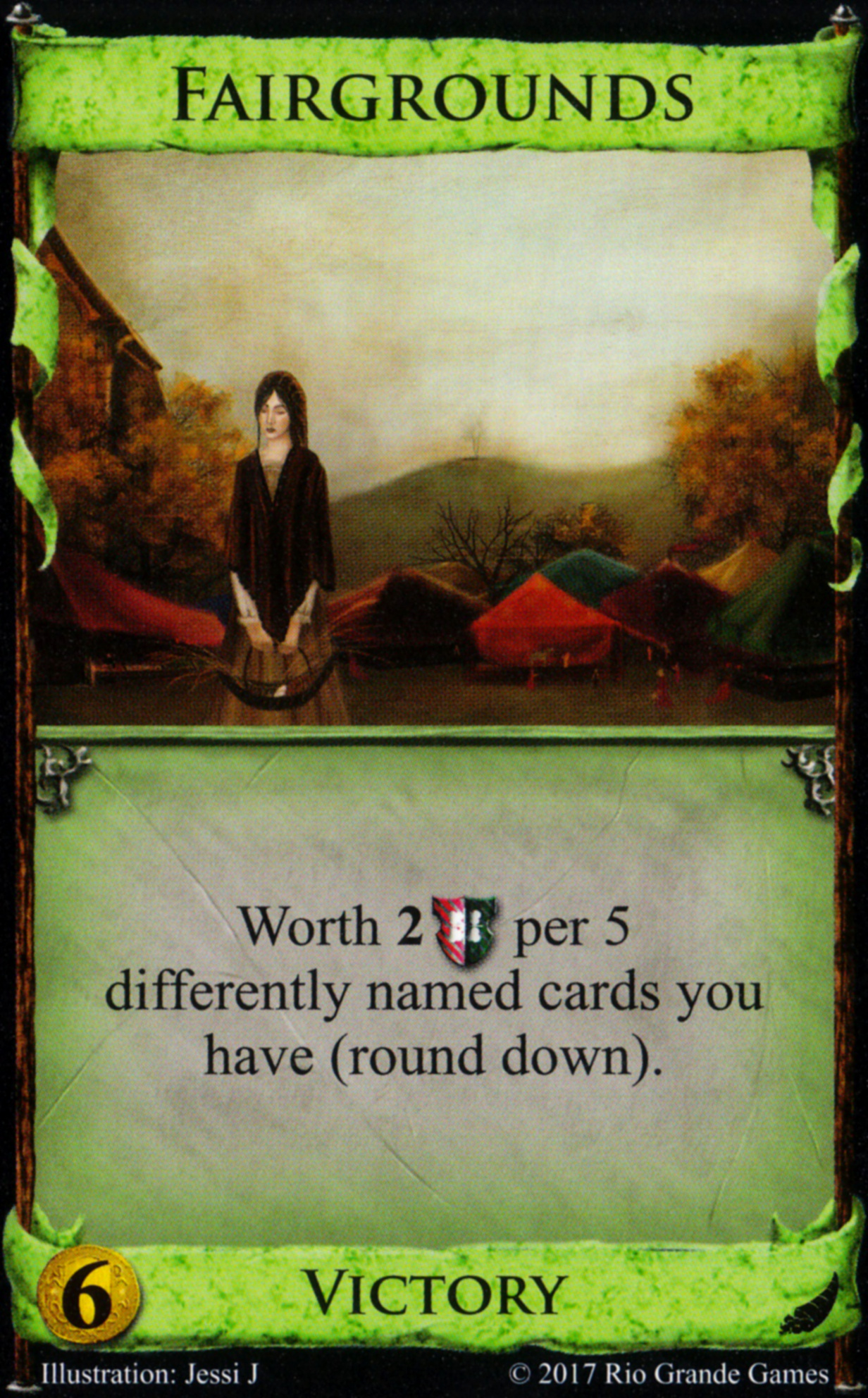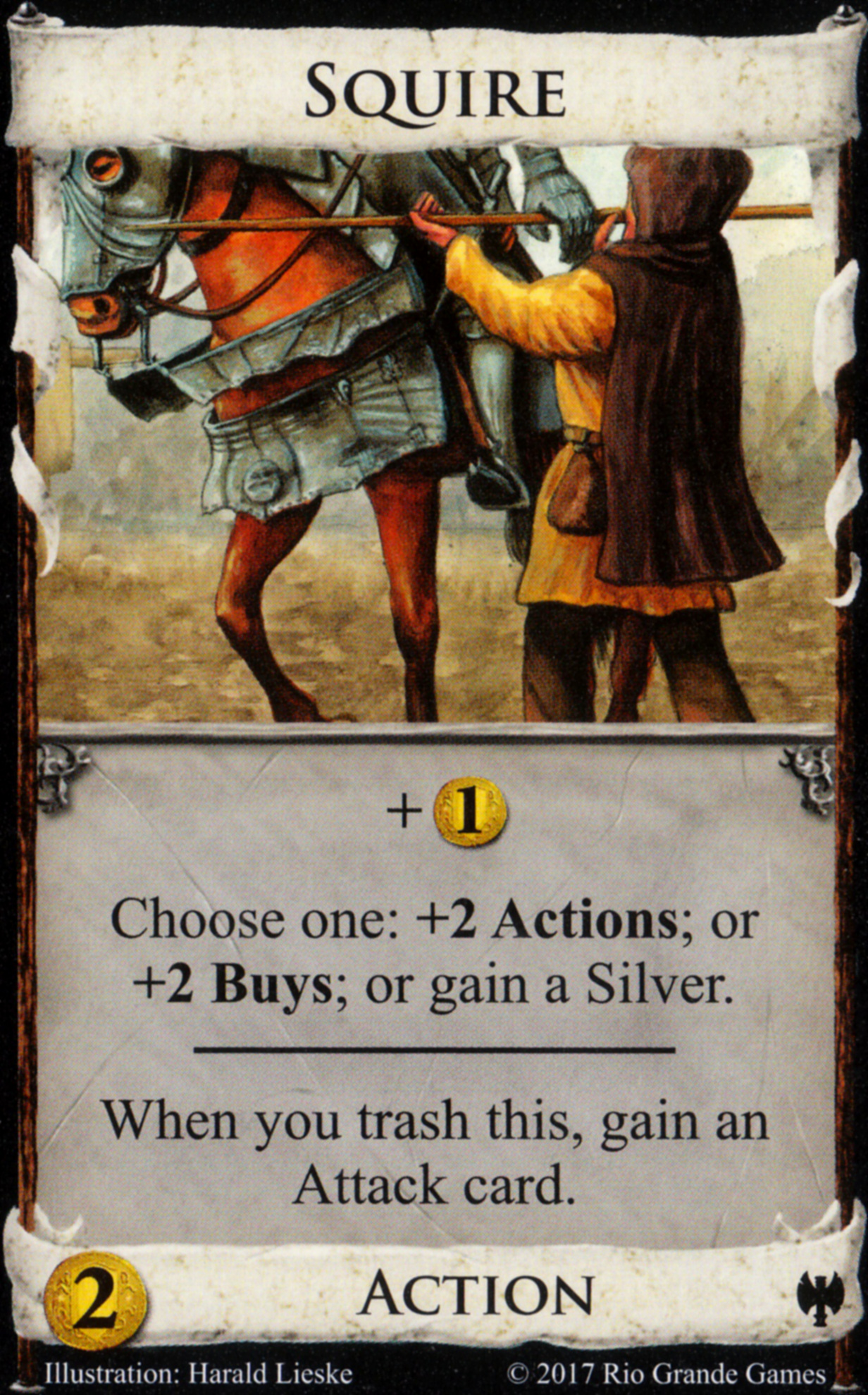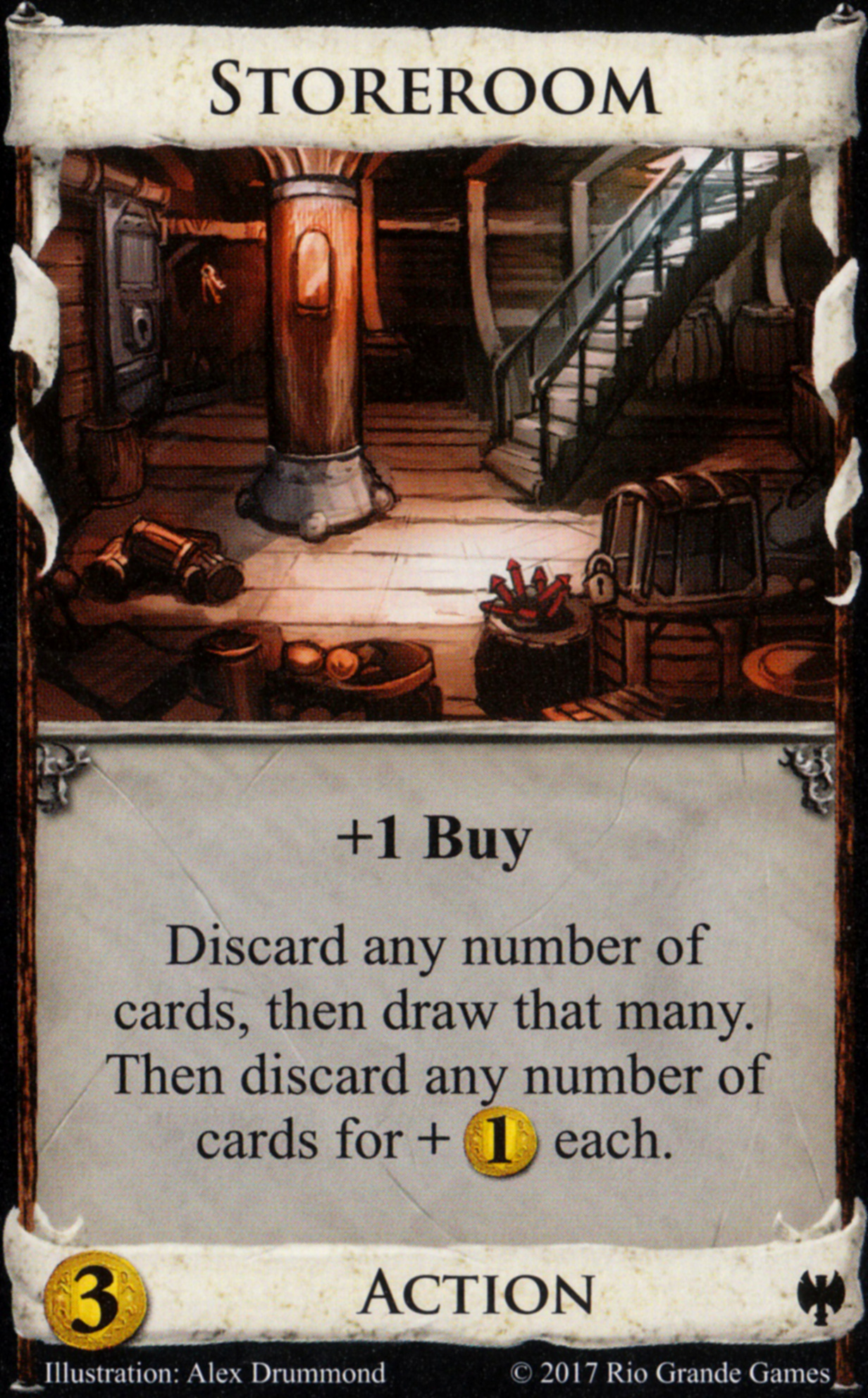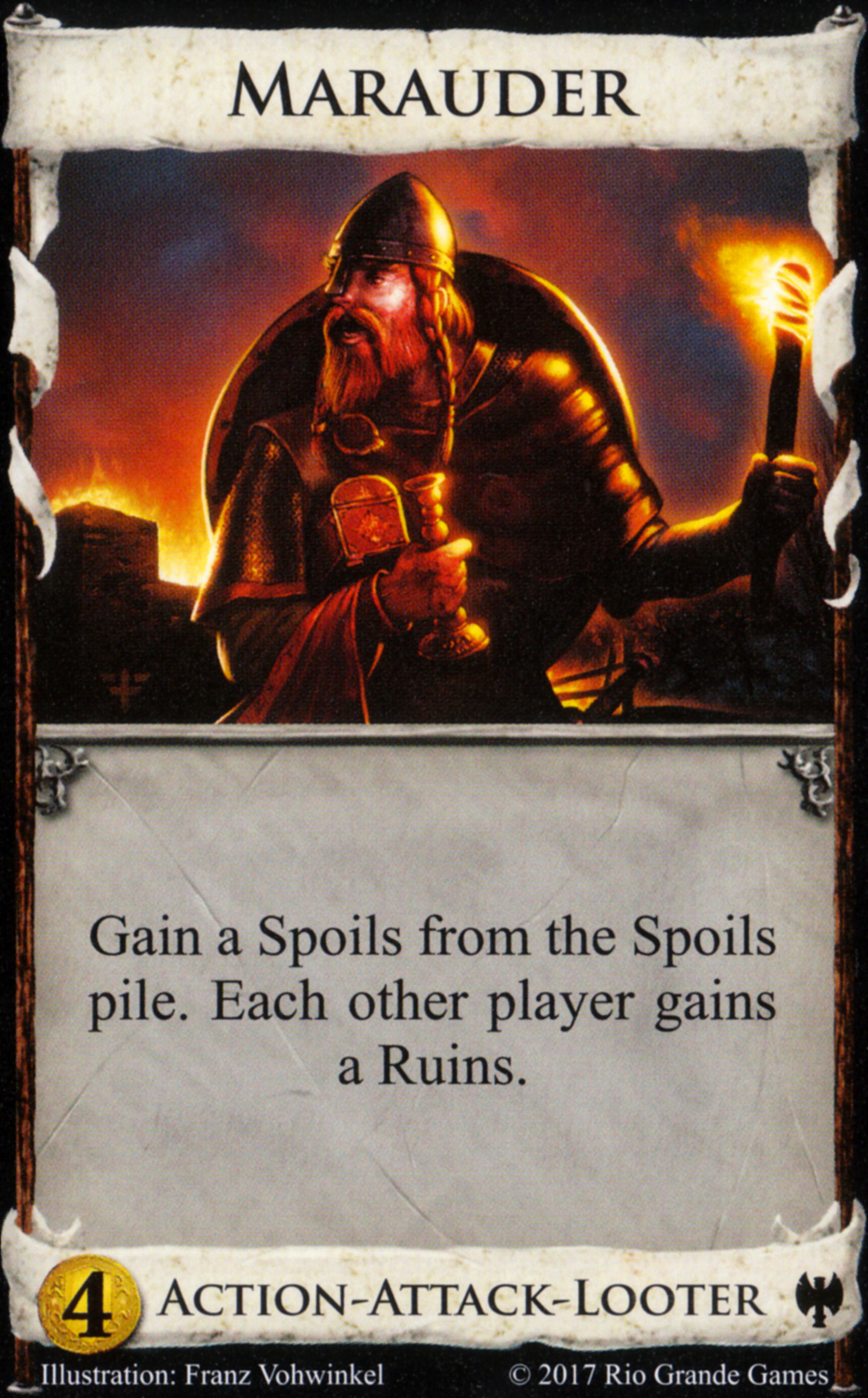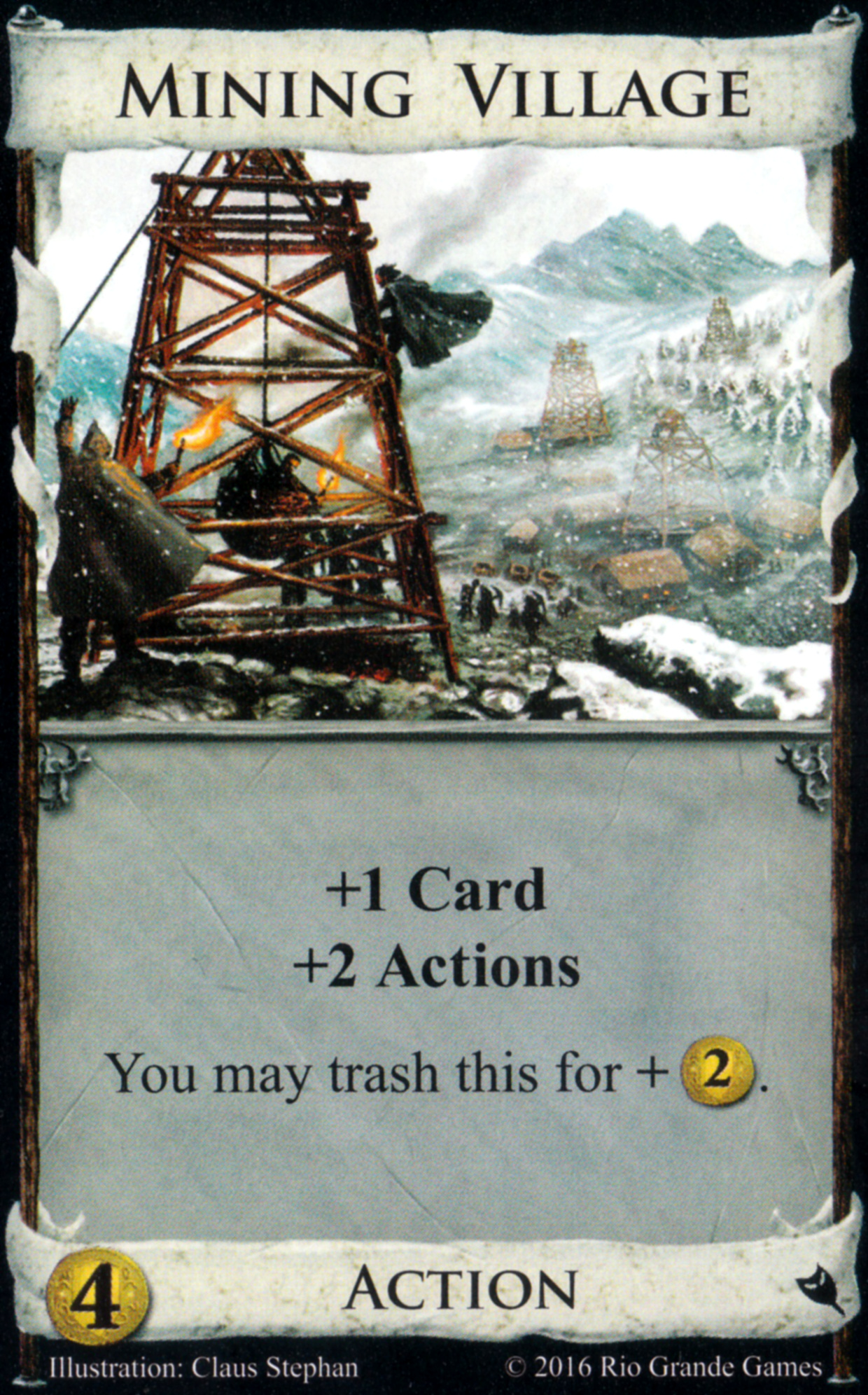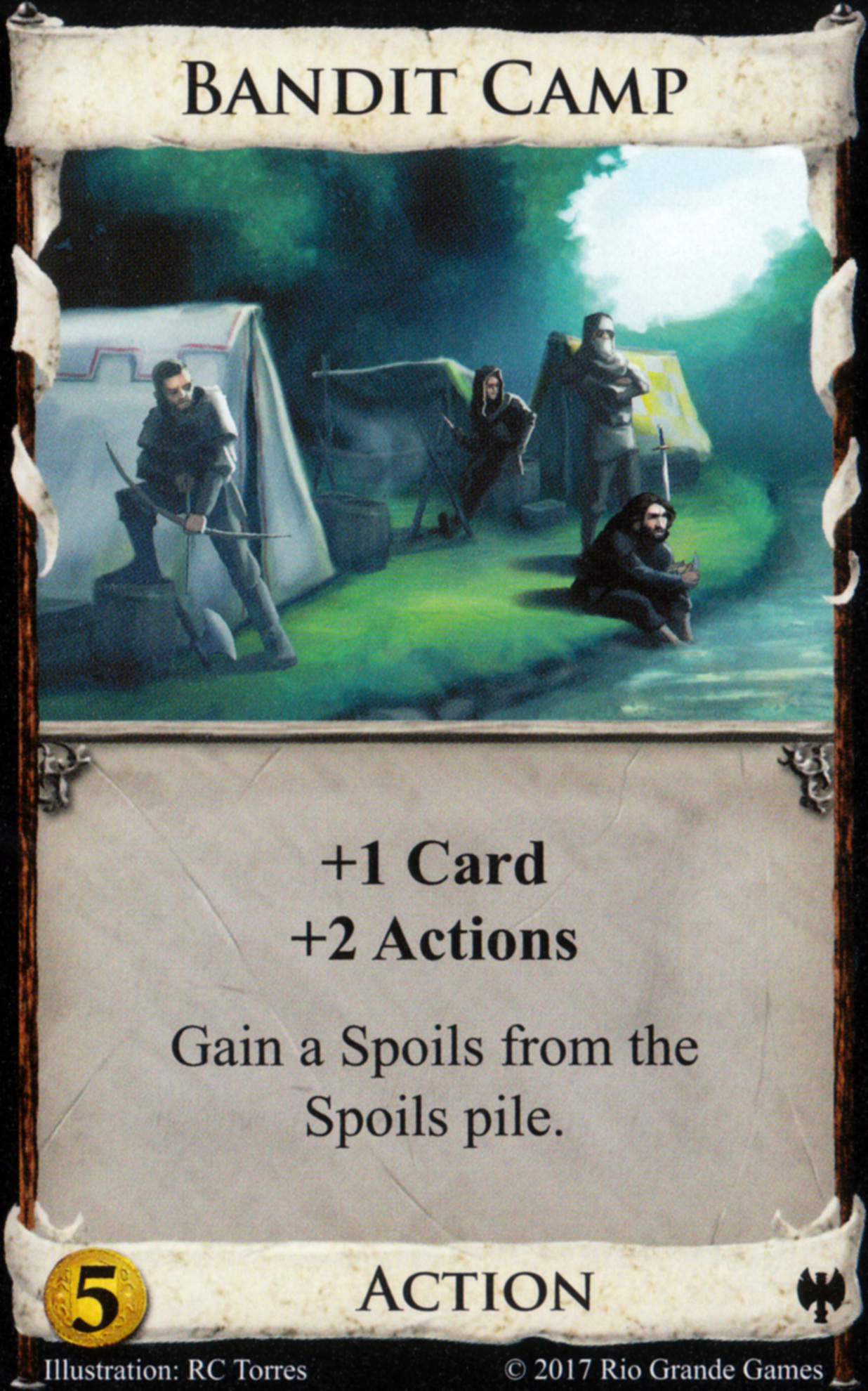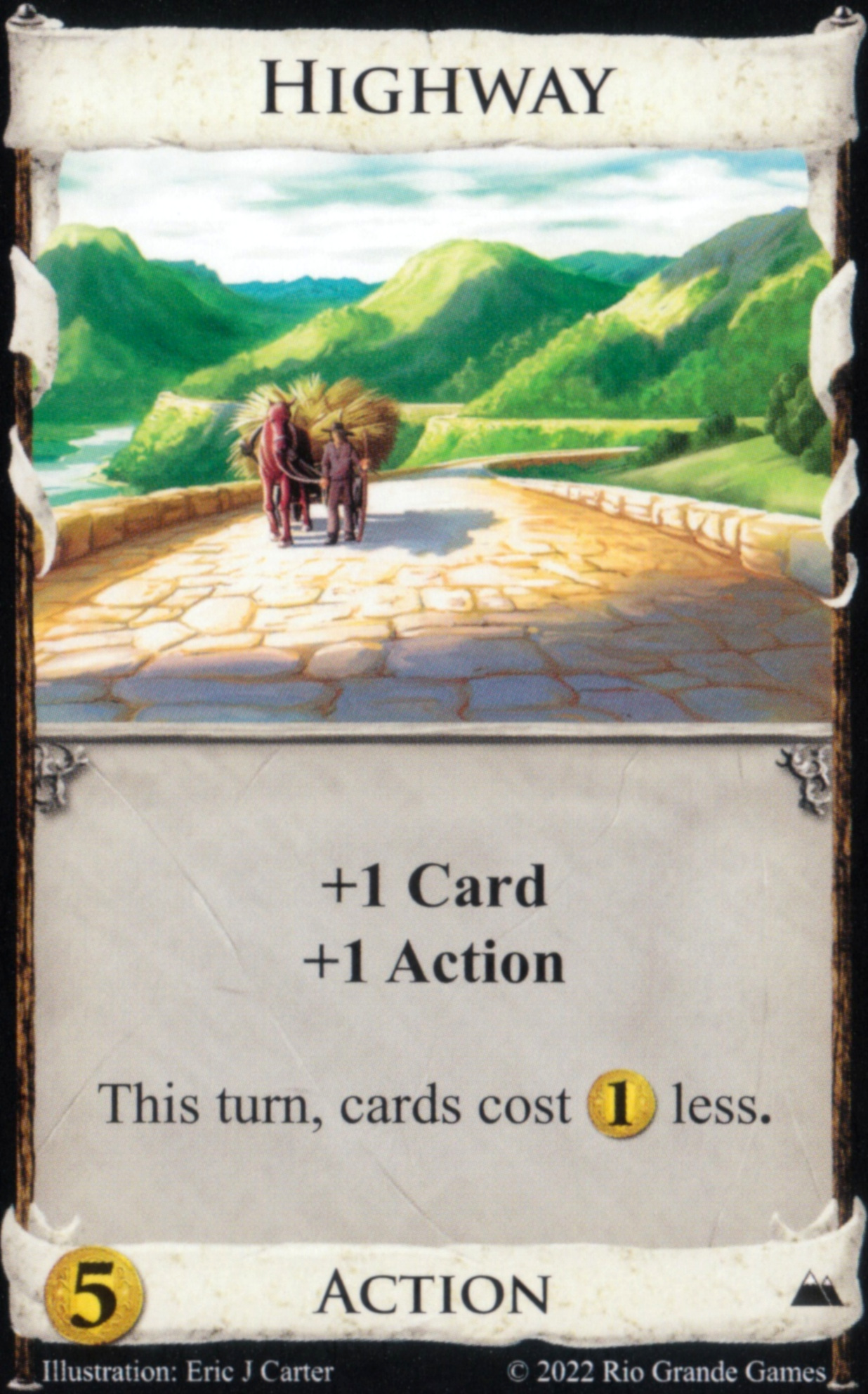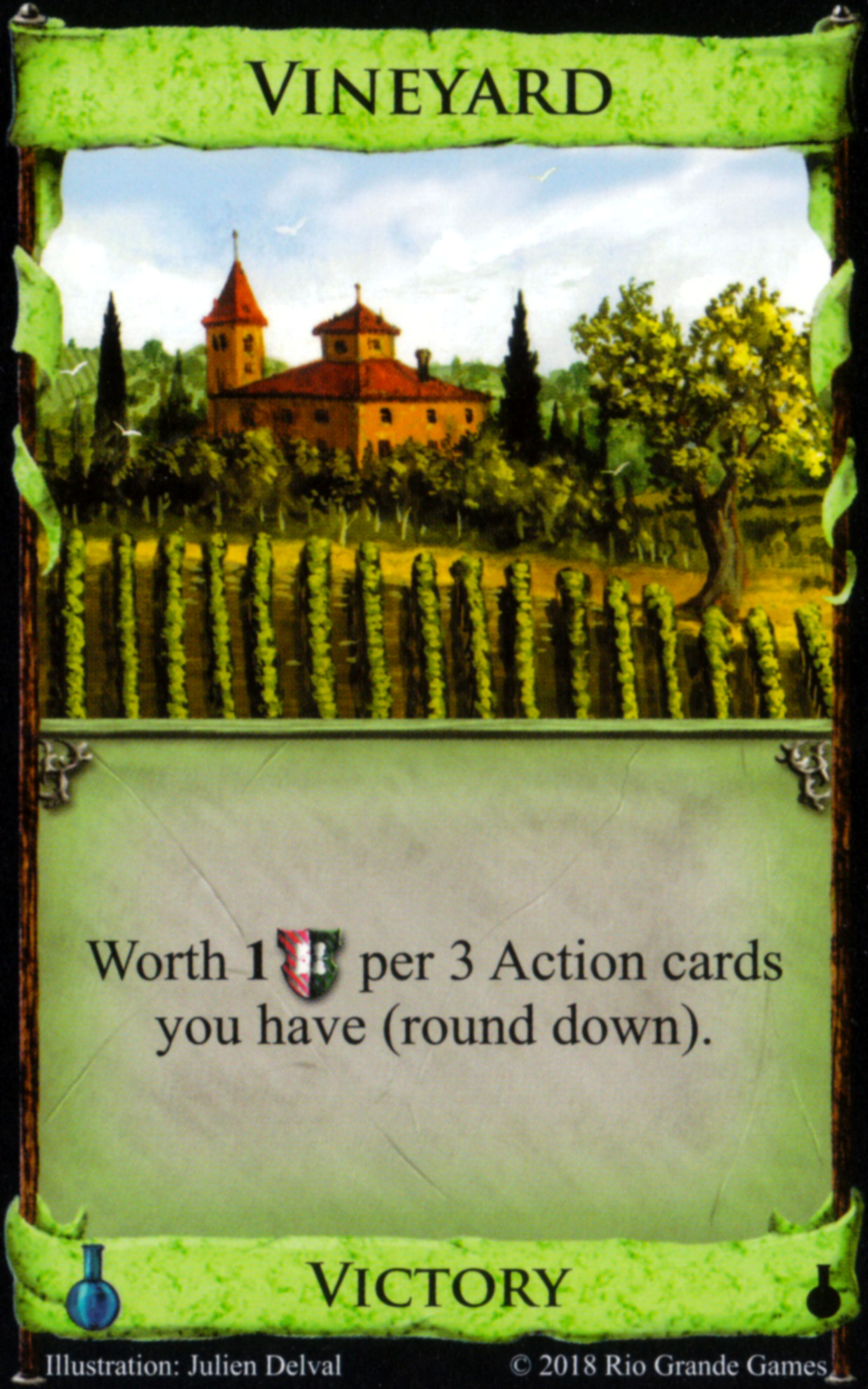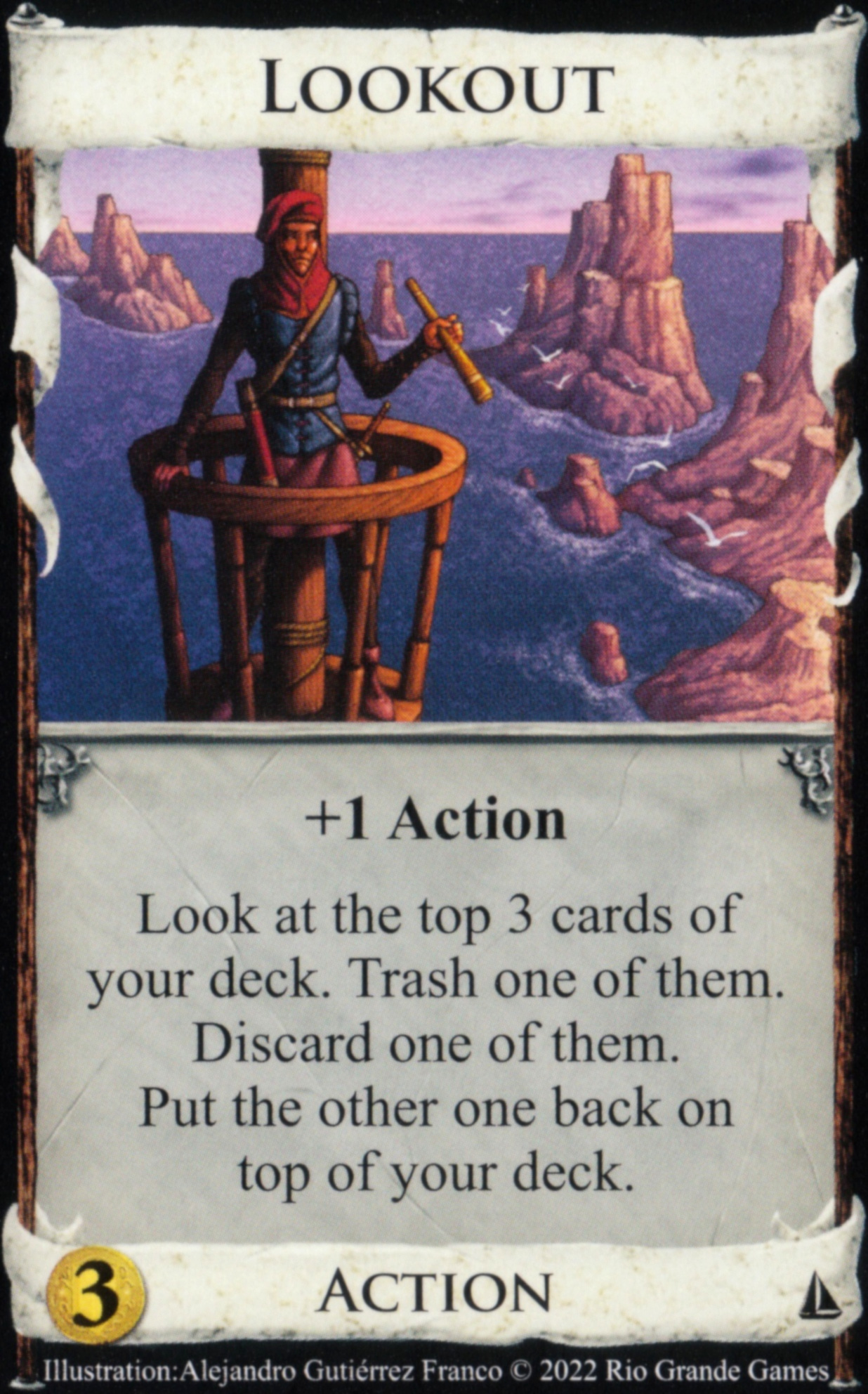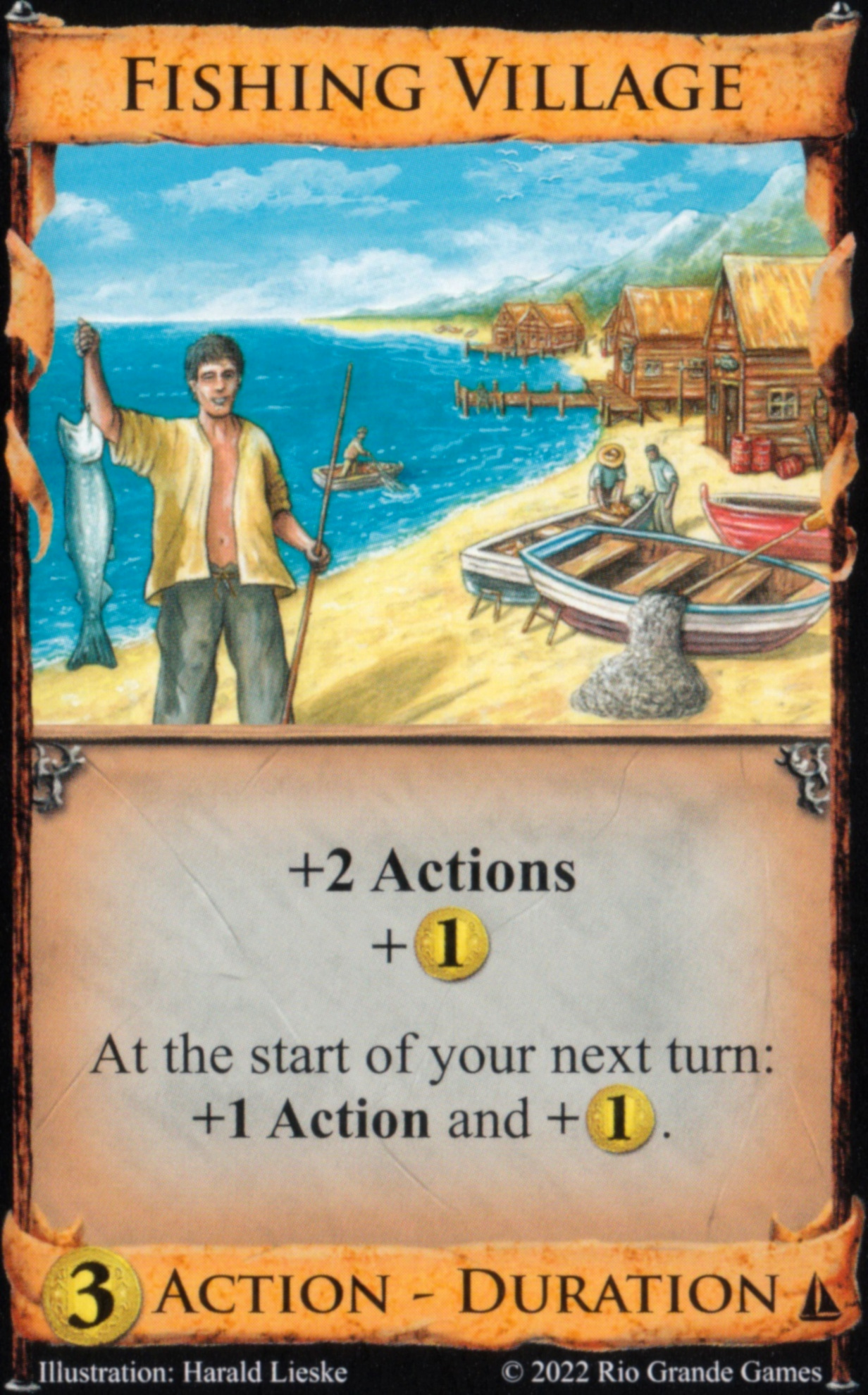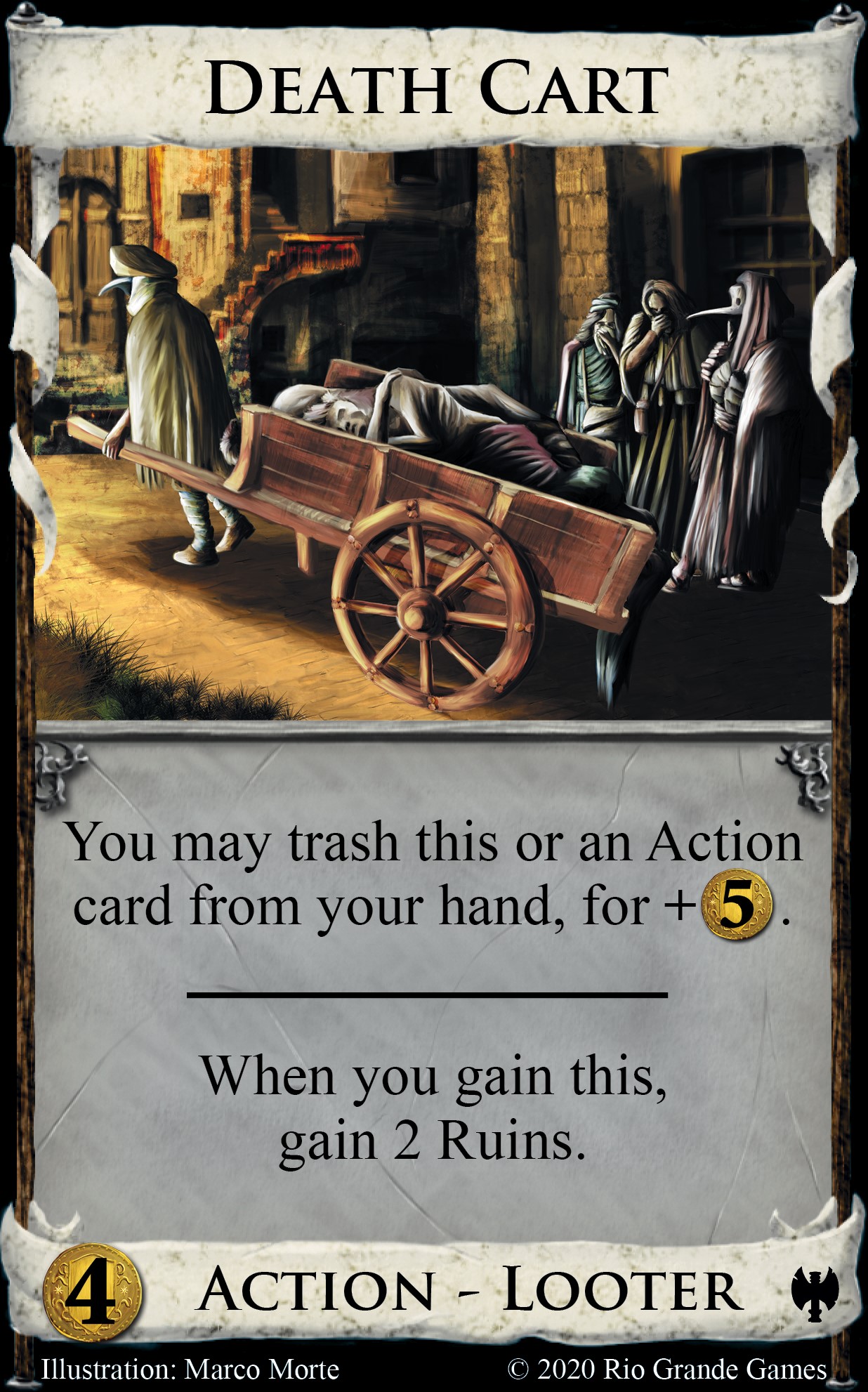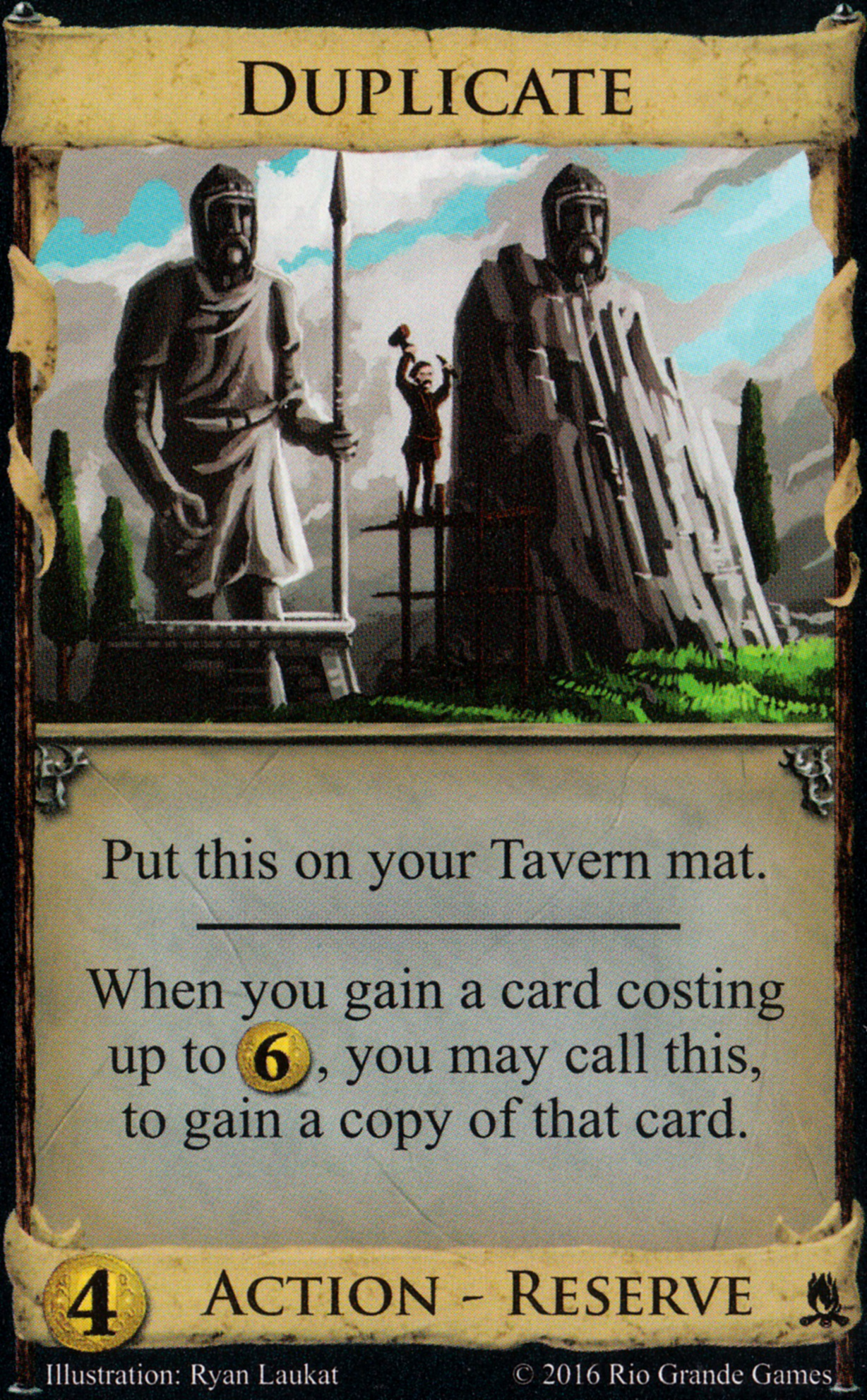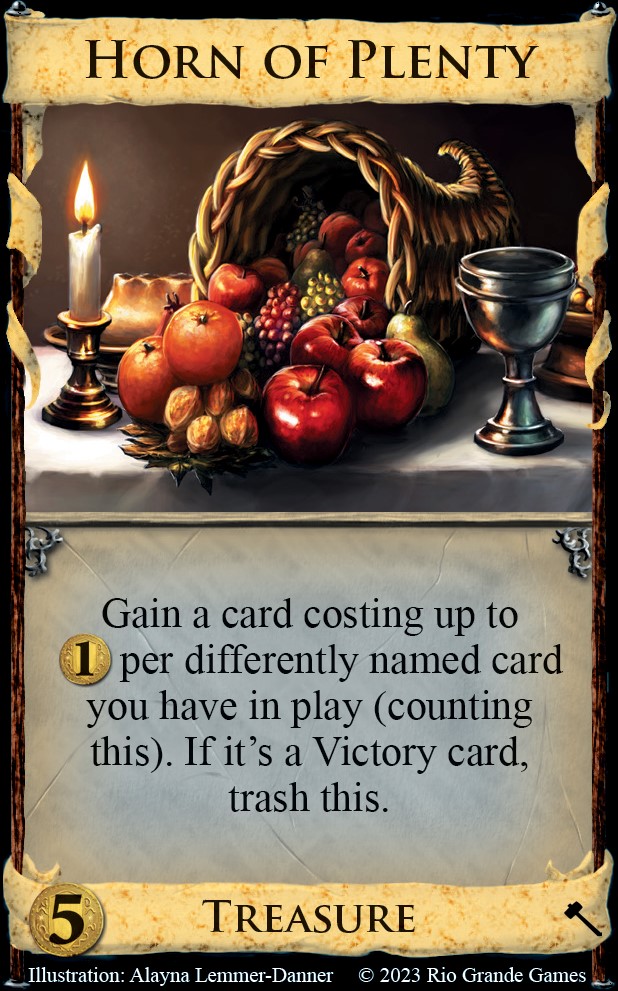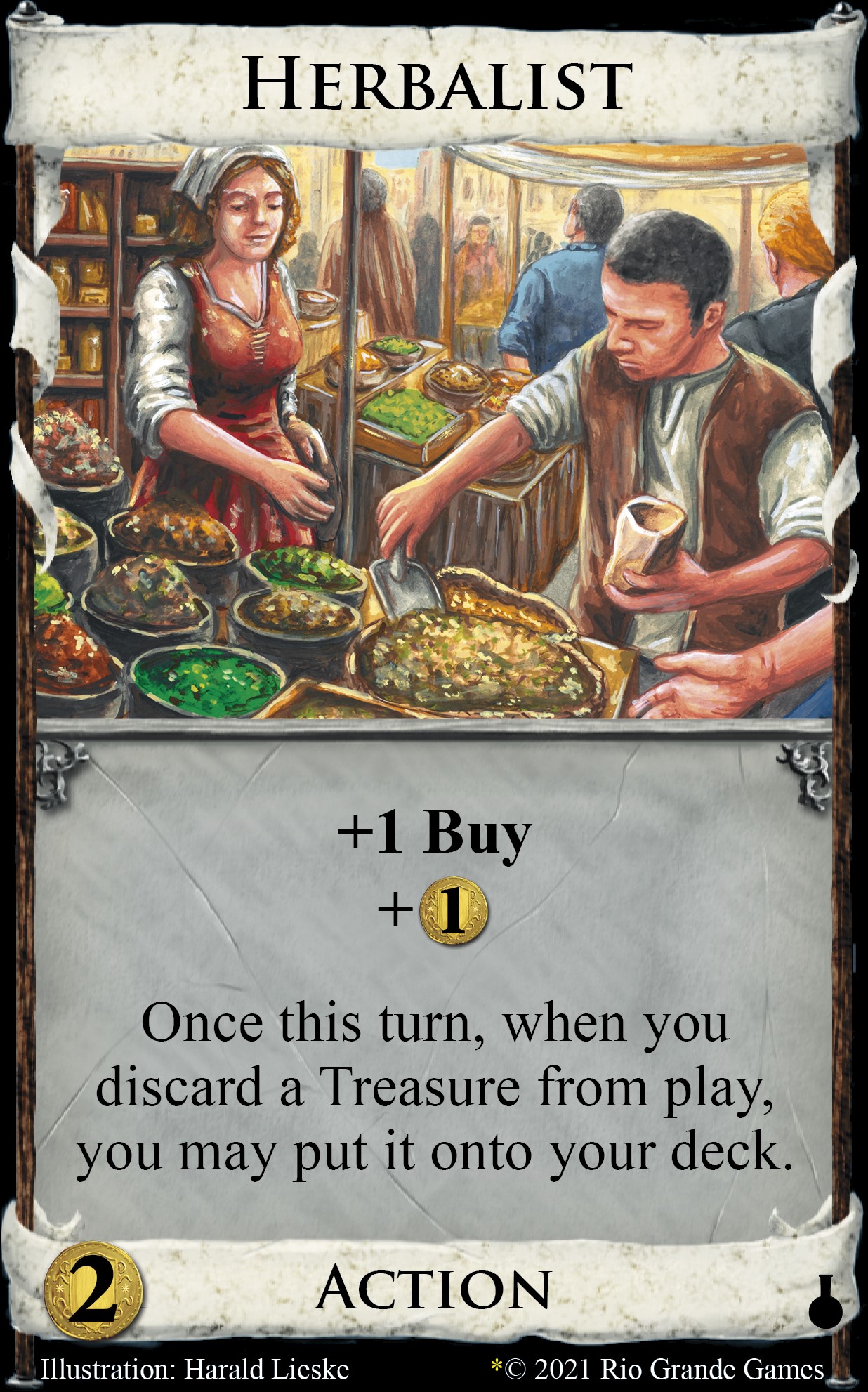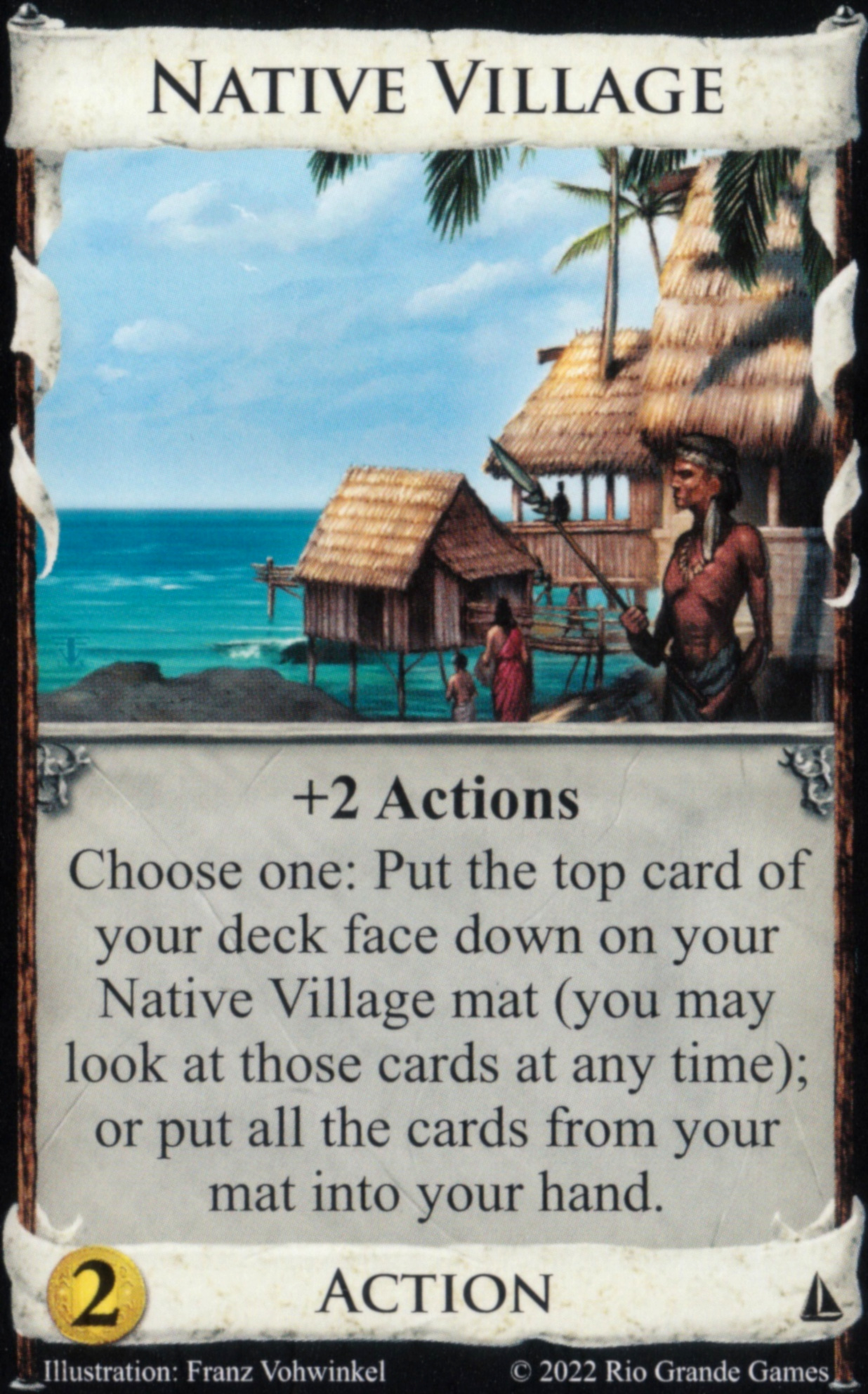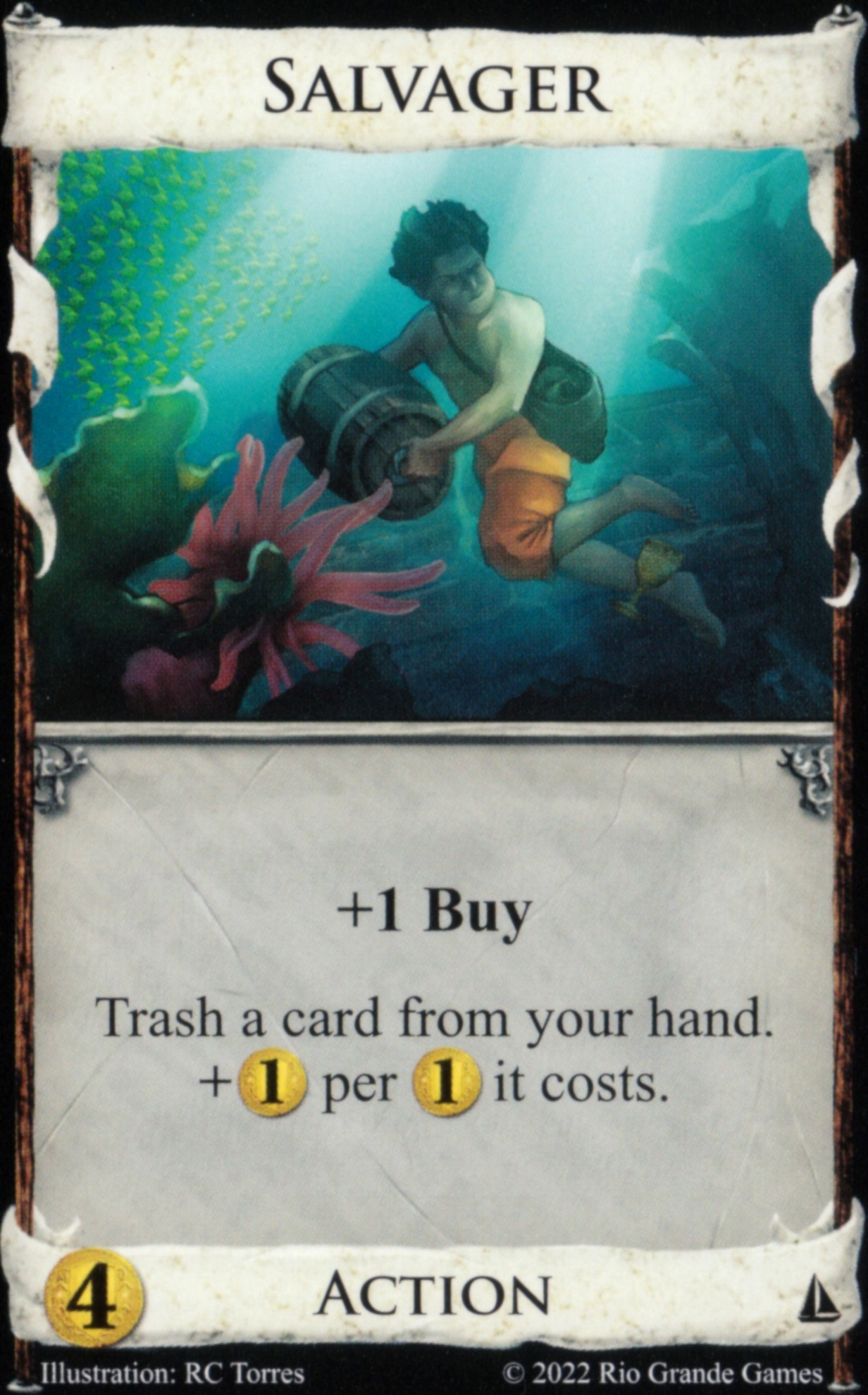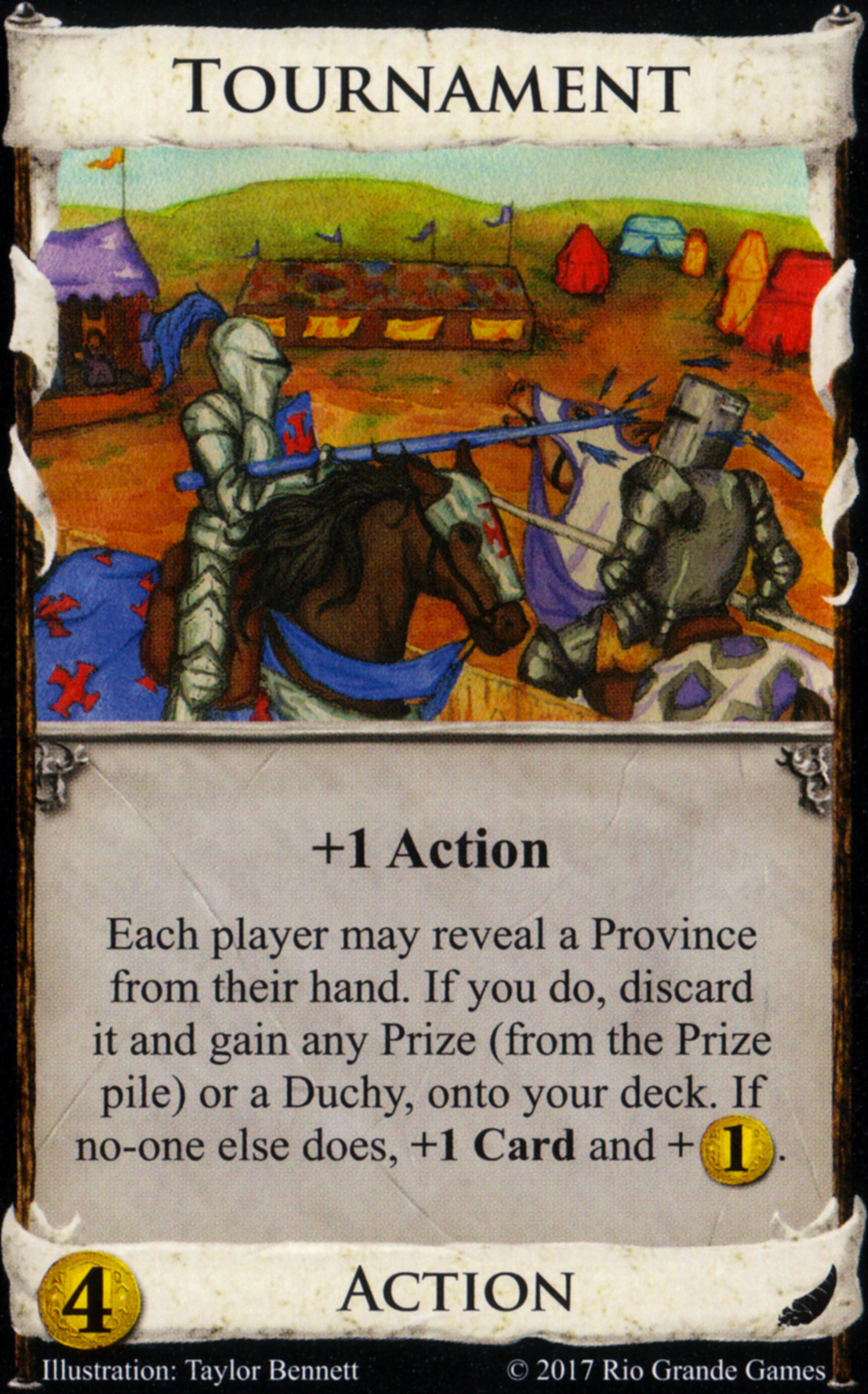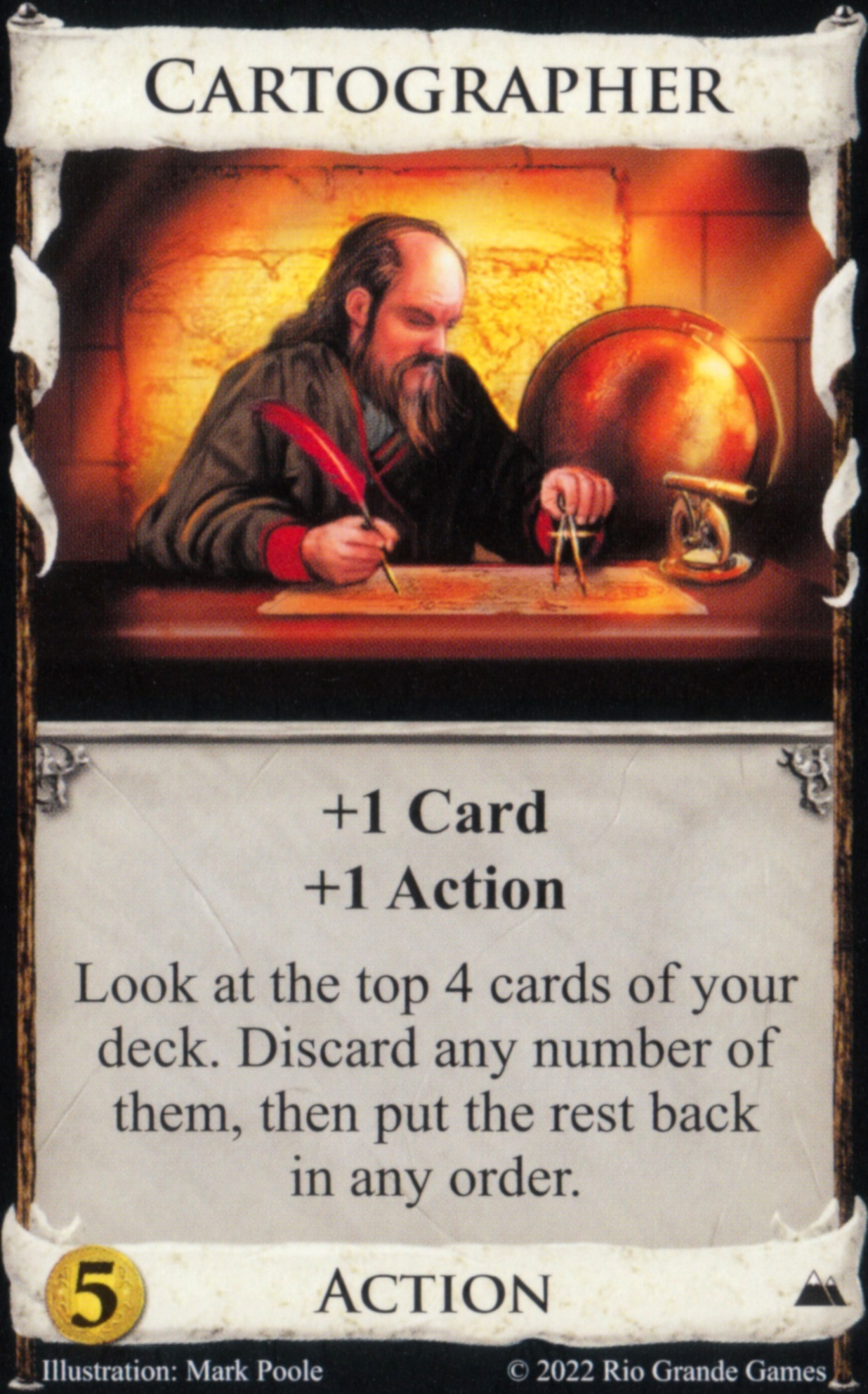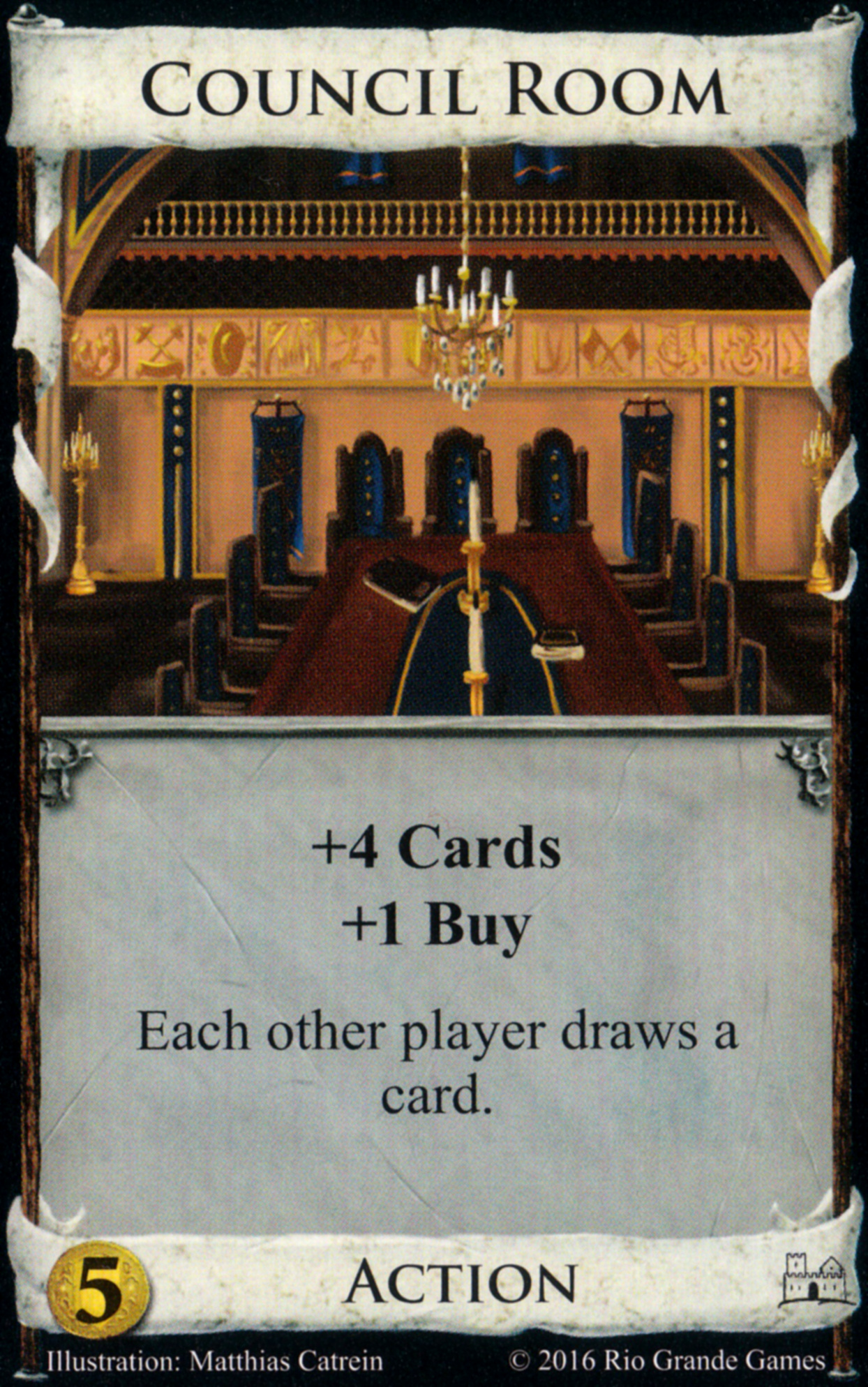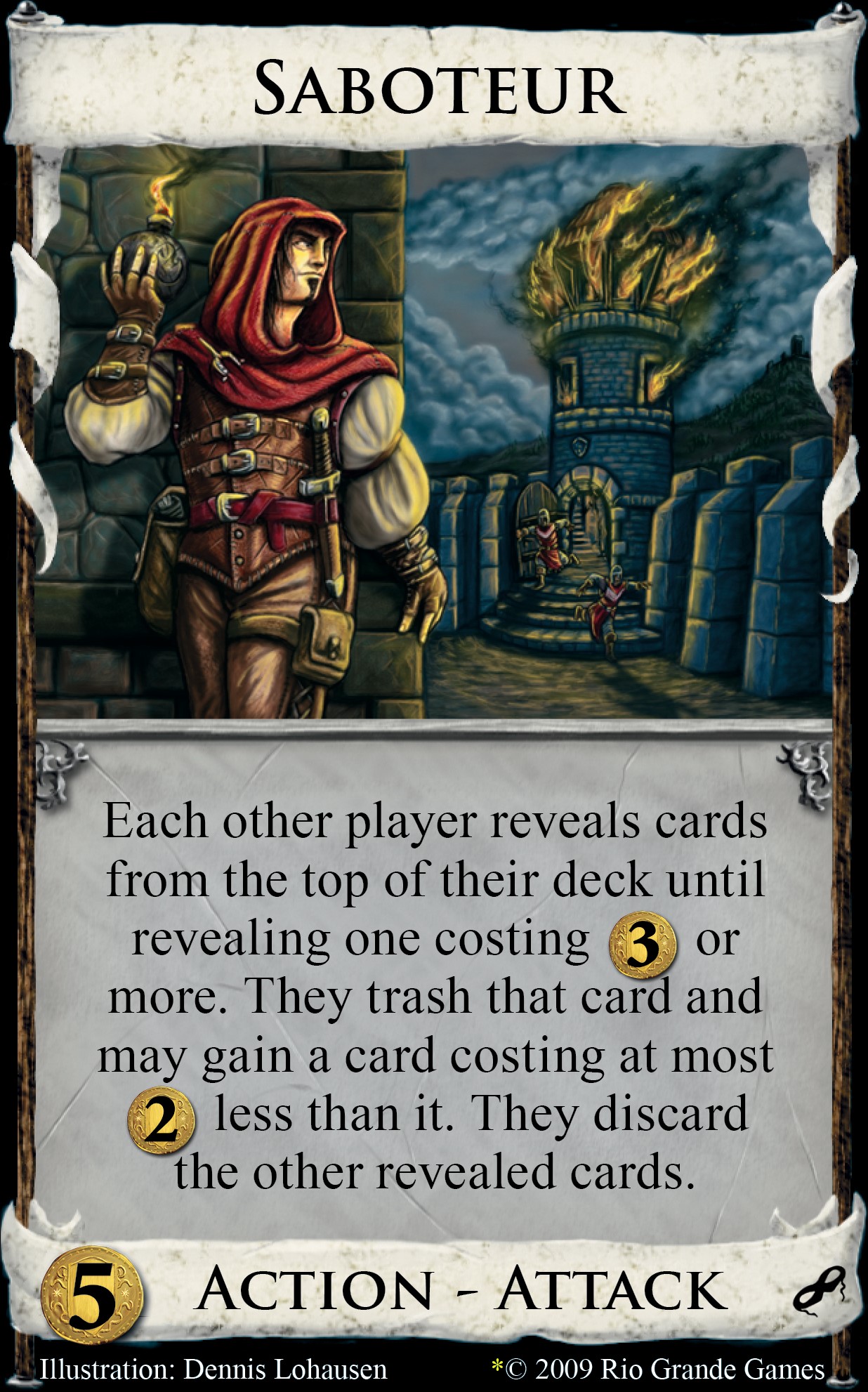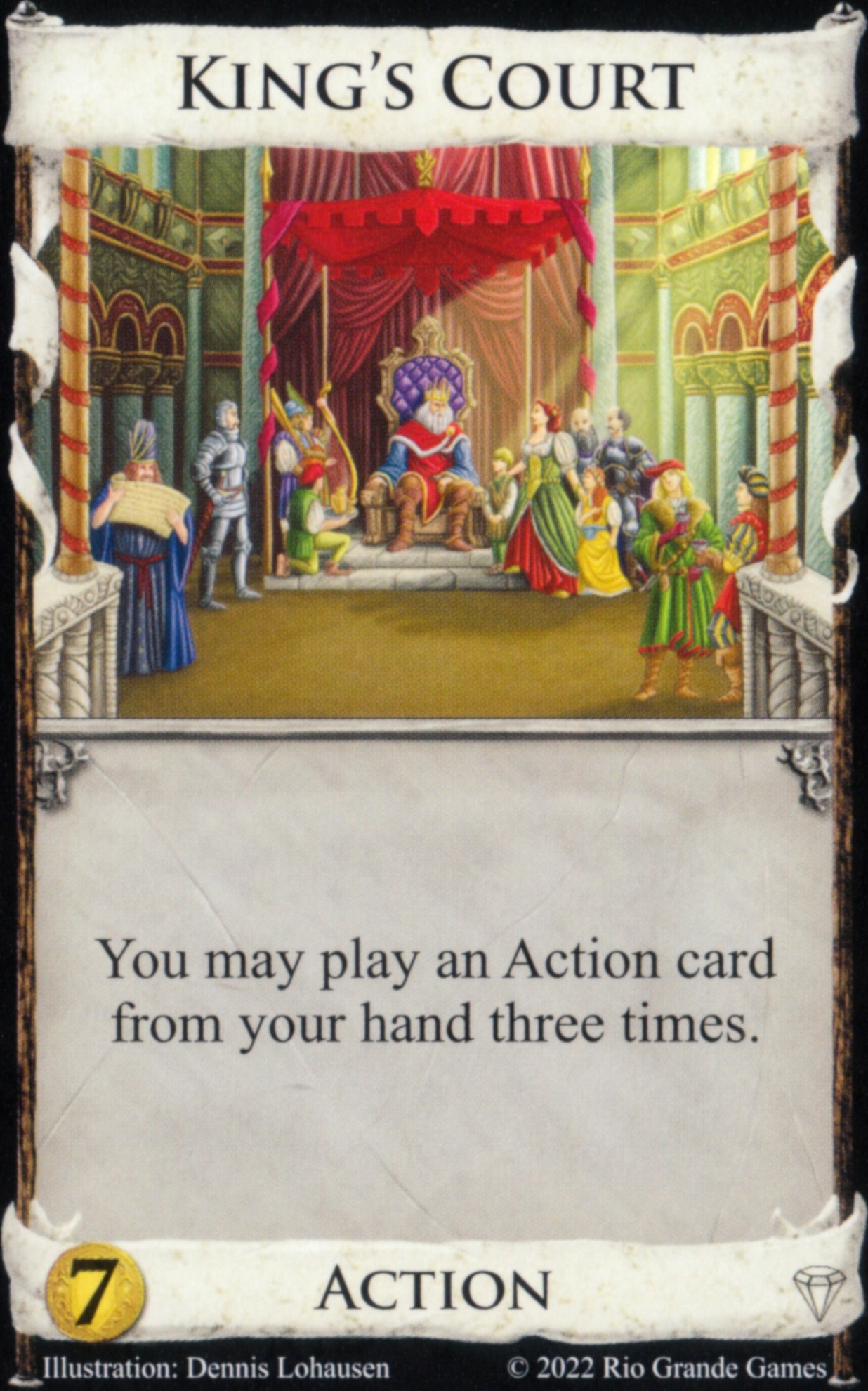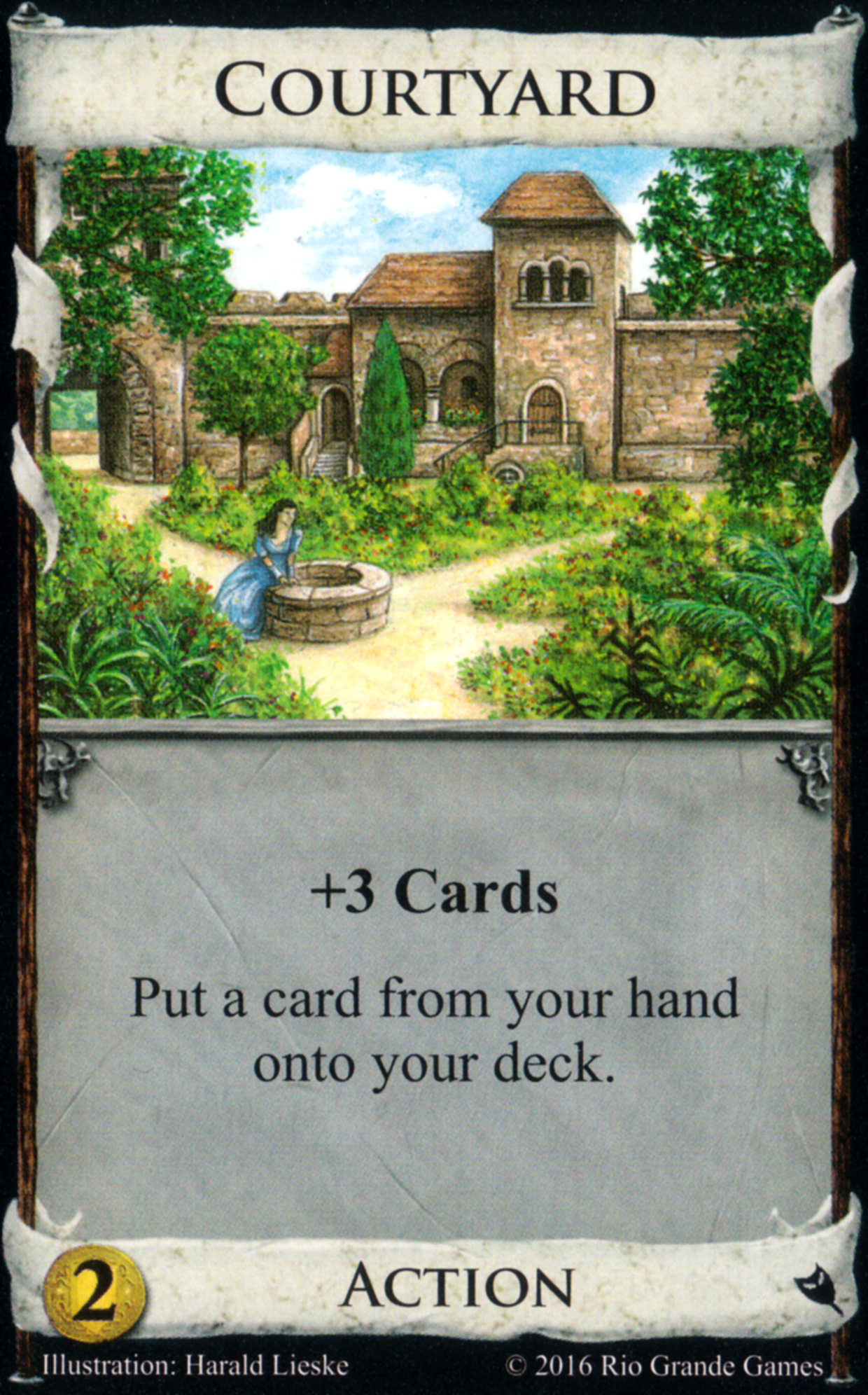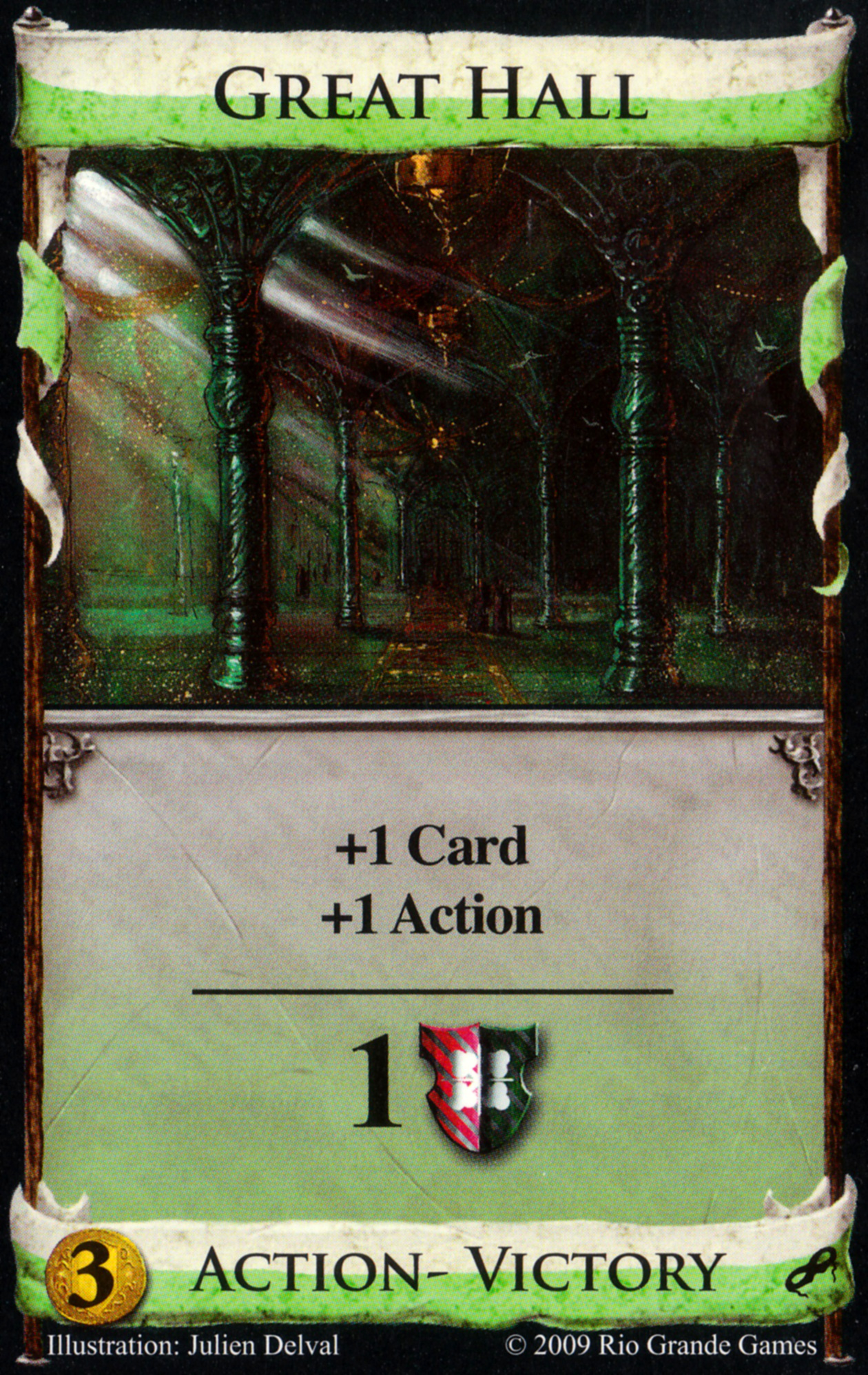
 Page
Page and
Peasant: the
Travellers. These unique $2 cards get exchanged up to four times - upgrading themselves each step of the way. The last steps in the chain,
Champion and
Teacher, are game-changing cards that you usually want as soon as possible. It's worth considering, then, what other kingdom cards and events help accelerate your Traveller exchange.
In what follows, I reflect on the best Traveller accelerators. The baseline card-to-beat is
Ironmonger. Ironmonger lets you look at two additional cards (rarely three) and play one (rarely two). This is pretty good, but all of the following can be more powerful Traveller accelerators. Sometimes, these cards are more limited than Ironmonger, or are otherwise inferior at helping your economy. Often, I will speak of turns 3 and 4 - assuming you purchase a Traveller and accelerator on turns 1 and 2. Know that the logic for turns 3 and 4 is also likely to apply to future turns, but in a less controlled way.
Play Traveller on Turn 2Playing a Traveller on turn 3 or 4 is the norm, but it is actually possible to play a Traveller on turn 2 with these two events. Great start!
Travelling FairIf you open with $4+, you can purchase Travelling Fair + Traveller and top-deck the Traveller. Then, you will have a
Treasure Hunter or
Soldier in your first reshuffle. Great deal! Subsequently, you can use Travelling Fair to top-deck additional Travellers. Consider top-decking a couple Pages before you play your
Warrior.
SummonIf you open with $5+, you can purchase Summon and gain a Traveller. It will be played on turn 2. This is especially useful with Peasant, because Soldier will make it into your first reshuffle. Summon is less good with Page.
Find Traveller in DeckOnce you have a Traveller, the best thing to do is find it in your deck (or discard pile) - wherever it is! There are a couple of cards that can do just that.
SageSage can't help you find your $2 Traveller, but it will help you reliably find your $3+ Travellers - as long as you have no other non-Sage cards that cost $3+. So, this is a very powerful, but very restrictive accelerator. It works well when there are other good $2- cards in the kingdom. Sage works especially well with Peasant. A deckful of Sages looks a lot less bad when they have a +1 card token from Teacher! Opening with Sage is a little risky. It's fantastic if you draw your Traveller on turn 3 and your Sage on turn 4, it's good if you draw both on turn 3 (playing Sage will discard your entire deck), but terrible if you draw Sage on turn 3 and your Traveller on turn 4.
Hunting PartyHunting Party can reliably find your Travellers - if you have a small amount of diversity in your deck. Opening Traveller + Hunting Party is fantastic. Otherwise, focusing on either buying just Silver or a single spammable $4- card might be ideal. Hunting Party is better with Peasant for a few reasons: (a) Peasant and Soldier are a little better at helping you reach $5, (b) Treasure Hunter and
Hero will add other cards to your deck, (c)
Disciple can gain more Hunting Parties, and (d) Teacher super-powers a Hunting Party stack with +card or +coin.
Draw More CardsSometimes you need to find your Traveller the traditional way: drawing more cards (which you may or may not keep).
WarehouseWarehouse is cheap and lets you draw 3 additional cards per play. It's a great Traveller accelerator.
DungeonLike most situations, Dungeon is comparable to Warehouse, but probably a little worse on net.
CellarAs a Traveller accelerator, Cellar is better than Warehouse! You can draw four cards with Cellar. You can also choose to draw fewer cards to avoid triggering undesirable shuffles.
StorytellerEven with just Copper, Storyteller can draw four new cards. With Silver or Gold (conveniently provided by Treasure Hunter and Hero), Storyteller can draw even more cards. Storyteller is a top-notch Traveller accelerator.
MinionLike Cellar, Minion can also draw four more cards. It stacks better and provides better economy, but it's more difficult to acquire. Slightly better with Peasant.
StablesStables draws three cards, so it's comparable to Warehouse as a Traveller accelerator. It is more costly, but it provides more economy.
Take More TurnsTaking additional turns is similar to drawing more cards, but better; you might get to exchange the same Traveller twice!
MissionWith Mission, you can exchange your Travellers twice as fast as usual. And... possibly do nothing else. So, it's tricky to decide how often to use Mission when Traveller is on the board. Mission is better when there are ways to gain cards other than buying them. It's better with the Page line, because Treasure Hunter and Hero will gain cards themselves. Disciple also gains a card, but only if you can pair it with an action - a challenge if you use Mission frequently.
OutpostOutpost will also provide another turn, but with only three cards. So, it's generally a little better than Warehouse and Stables as it concerns Traveller acceleration (but it isn't stackable and misses more shuffles). Outpost works better with the non-terminal Travellers, of course, but it's not obvious which line that favors.
Skip Past Non-Traveller CardsThese cards aren't much help getting a Traveller into your hand when you play them, but they let you see your Travellers more often by sifting through non-Traveller cards.
Scouting PartyFor just $2 (no additional buy needed), you can discard three non-Traveller cards. You should buy Scouting Party often when you're trying to upgrade a Traveller.
NavigatorEach play, Navigator can discard five non-Traveller cards! But, if the next five cards contains a Traveller, you don't get much benefit. Navigator is better with Page, because it and Treasure Hunter are non-terminal.
Messenger/ChancellorIf, when you play Messenger/Chancellor, your deck doesn't contain a Traveller, you can discard all of those cards. Great! Better with Page, because it and Treasure Hunter are non-terminal. Consider opening Page + Messenger/Chancellor. If you get them both on turn 3, it's fantastic. In any other case, Messenger/Chancellor is, at best, only slightly more useful than a terminal Silver. Messenger has additional synergy by making it easy to acquire additional Travellers - either with its on-buy ability or +buy on play. Scavenger can be used like Messenger/Chancellor, but it has additional utility, and so is mentioned in a separate entry later.
TacticianAt its best, Tactician is discarding non-Traveller cards and drawing five additional cards for the next turn. If your Traveller is non-terminal, you aren't even concered about collisions.
GuideWhen Guide is on your tavern mat, you can skip the next five-card hand that doesn't include a Traveller. Huge acceleration! Guide is non-terminal, so it never gets in the way of playing your Travellers.
Wandering MinstrelWhat do all of the Travellers have in common? They are all action cards. So, Wandering Minstrel will never discard them. Instead it discards ~2 other cards you don't care about. It's non-terminal and easily chainable. Better with Peasant, because Champion has no need for villages.
CartographerThe most flexible sifter. It replaces itself and can discard up to four non-Travellers. It never conflicts with Travellers.
ApothecaryUnlike the other cards in this category, Apothecary skips past non-Traveller cards by drawing them to hand. Without trashing, Apothecary is likely to draw approximately three additional cards. Apothecary is difficult to acquire, but boosts one's economy. Slightly better with Peasant.
Bring a Traveller from Discard to DeckThese cards don't help much when your Traveller is in your deck, but it can place a recently exchanged Traveller on or in your deck, to let it be exchanged again.
ScavengerAlmost strictly more useful than Messenger/Chancellor. It's great if you draw both Traveller + Scavenger on turn 3, but it's also great if you draw Traveller on turn 3 and Scavenger on turn 4; you can ensure another exchange on turn 5. Works better with Page, because it and Treasure Hunter are non-terminal.
HeraldThe overbuy effect is the real attraction. If your have a Traveller in the discard pile and $5+ coins, you can exchange it again next turn. Otherwise, Herald synergizes better with the Peasant line.
InnThe on-gain effect is very helpful, but the on-play effect is also helpful to dig for your Travellers. Shuffling Inn and Traveller into a deck of fewer than ten cards provides pretty good odds of playing the Traveller next turn. Inn synergizes better with the Peasant line; Champion has no need for villages.
Trash Non-Traveller CardsLast, but not least, we can exchange Travellers faster by thinning our deck of non-Traveller cards. Some of these cards share qualities with the other categories of Traveller enablers, but also thin one's deck.
RazeRaze will remove an Estate (or itself) and let you look at two additional cards. If one of them is your Traveller, you can play it that turn. Fantastic.
Spice MerchantTrash a Copper and draw two cards. If one of them is your Traveller, you can play it that turn. Also fantastic.
LookoutLook at three additional cards. Trash one and discard another. Definitely helps you get to your Travellers faster. It's non-terminal, so it doesn't conflict with terminal Travellers in hand.
ApprenticeApprentice can trash Estates and draws two cards non-terminally. However, if you don't collide with an Estate you'll need to find something else to trash. Apprentice works well with the Page line, because Treasure Hunter and Hero provide good fuel for Apprentice.
DoctorIf you open with a Doctor overbuy on turn 2, you can guarantee that your Traveller is drawn on your third turn. The on-play effect is also useful. You're likely to be able to trash two cards from your deck, and if a Traveller is revealed, it will be placed safely back on top of your deck. Because Doctor is terminal, it conflicts with Peasant and Soldier, but Peasant works slightly better with a Doctor overbuy on turn 2 (trash exactly one card and you can immediately shuffle the Soldier in after turn 3).
StewardSteward trashes two cards from hand. It works a lot better with Page for a few reasons: (a) Page and Treasure Hunter are non-terminal, (b) gaining extra Pages after a Steward trash is helpful, (c) Treasure Hunter and Hero gain treasures to replace lost Copper, and (d) post-Champion, Steward becomes a Laboratory.
ChapelNothing fancy. Just trash four cards from hand. Needless to say, this speeds up your Traveller exchange. Chapel is significantly better with Page for most of the same reasons as Steward.
MintBuying Mint lets you trash five Coppers. If you open with Mint + Traveller, you have 71.4% chance of seeing your Traveller on turn 3. Even with a $3/$4 opening, it might be valuable to buy Mint on turn 3/4 if you can trash 4-5 Coppers. Missing 5 Coppers from the get-go definitely hurts one's economy, but thankfully Treasure Hunter and Soldier provide economy that can get you out of the 2 Copper hole of an early Mint. Before you play Treasure Hunter and Soldier, you will likely have turns when you can buy additional Peasants or Pages. The Page-line has additional synergy with Mint, because Mint can duplicate the treasure gained with Hero.
There you have it: 32 cards and events that are, at least situationally, very good Traveller accelerators. If any of these kingdom cards are present in conjunction with a Traveller, you should strongly consider purchasing them. If a Traveller is in the kingdom, the conditional probability that one of these accelerators is also in the kingdom is ~67%.
Edit 1: Added Storyteller and Apprentice. How could I forget!?
Edit 2: Added Mint. Seems strong enough. I'm on the fence about Bonfire; the trashing is valuable, but the opportunity cost is multiple additional Travellers (at the very least).

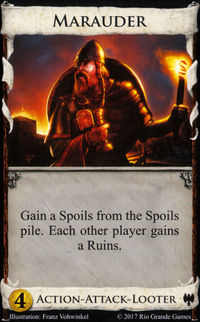
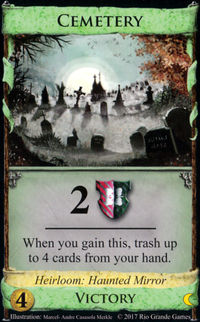
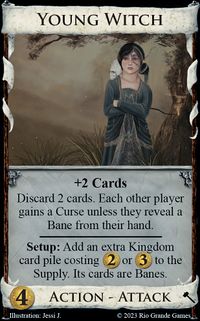
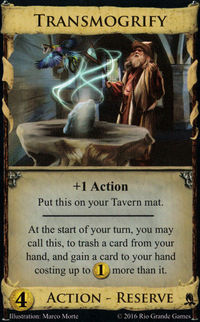
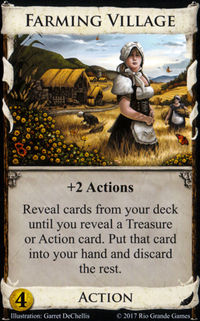
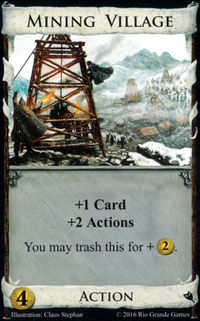
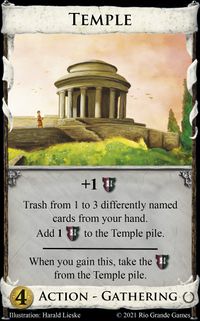
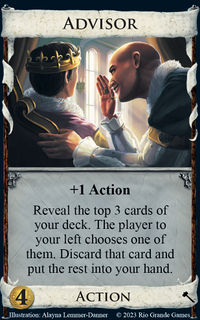
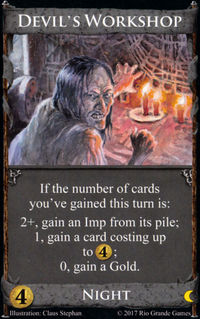
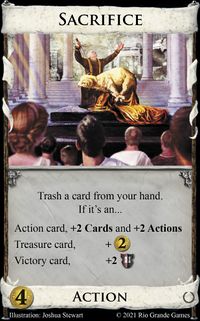
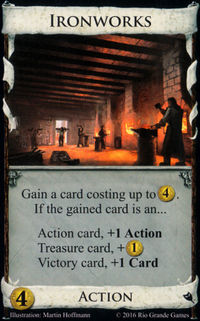
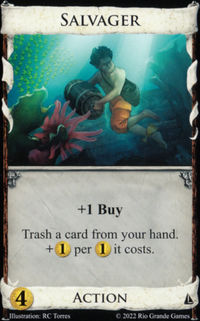
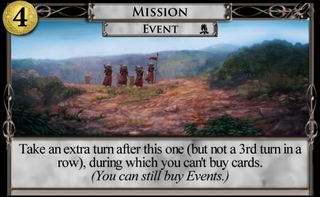
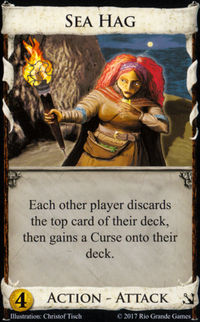
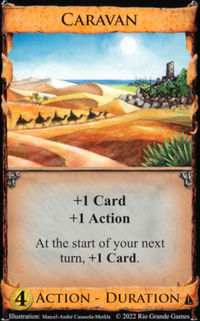
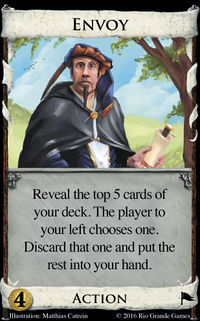
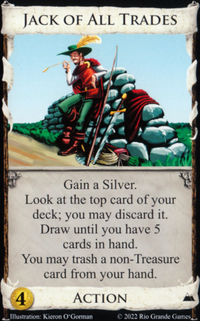
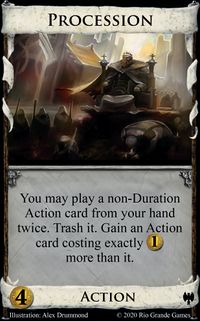
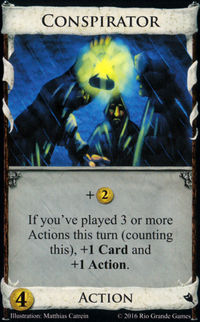
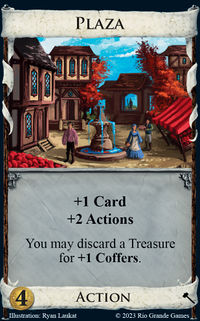
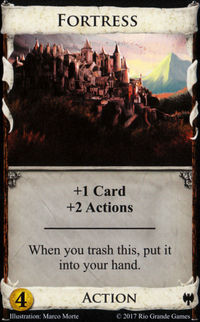
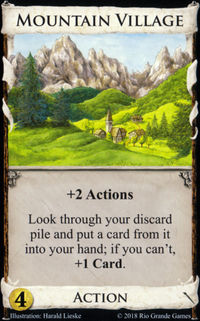
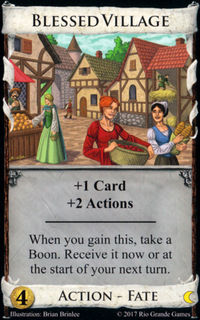
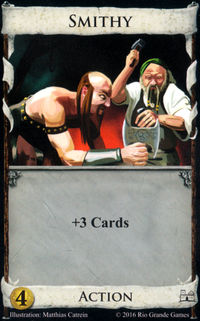
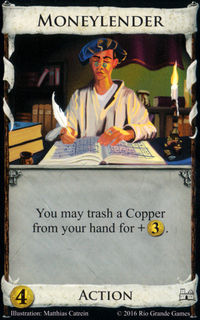
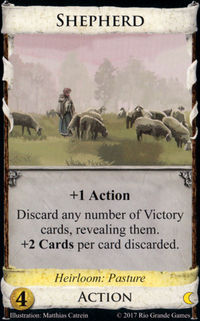
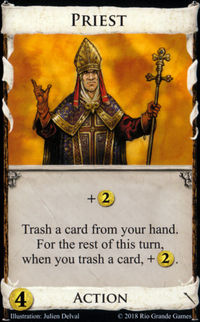
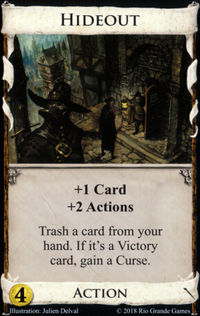
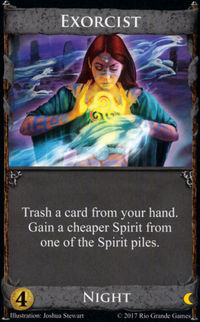
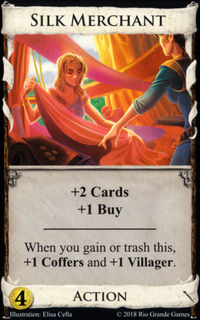
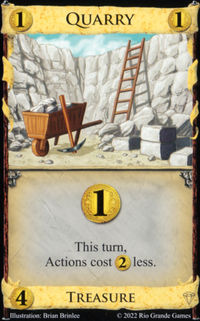
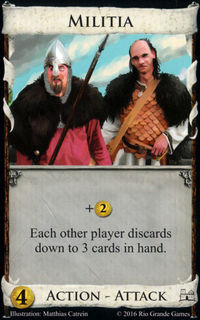
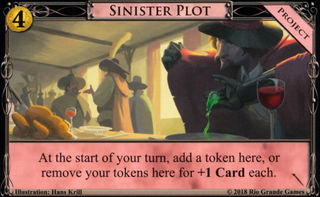
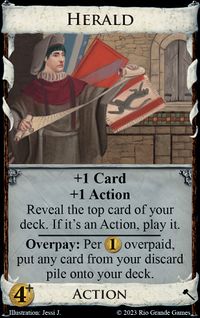
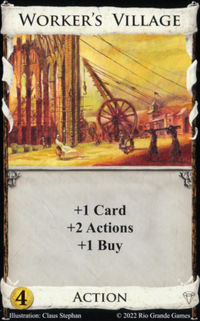
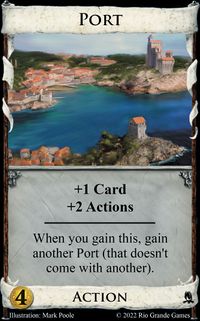
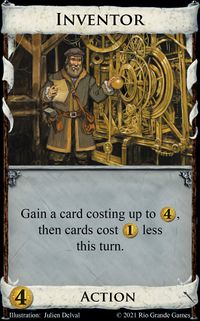
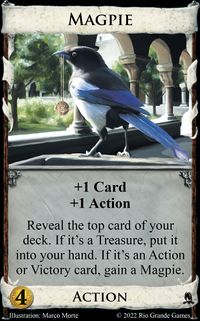
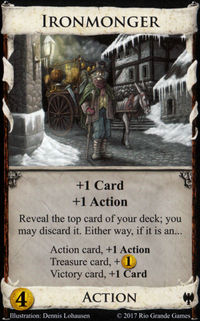
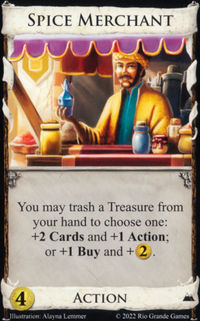
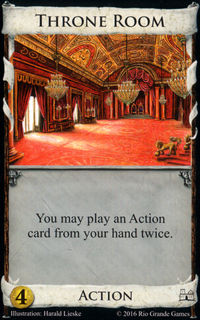
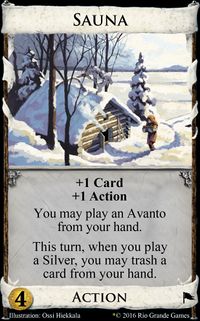
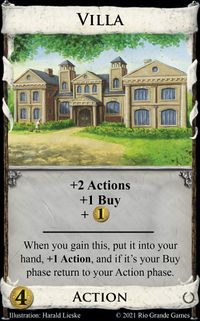
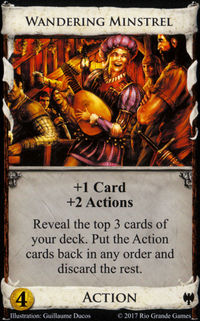
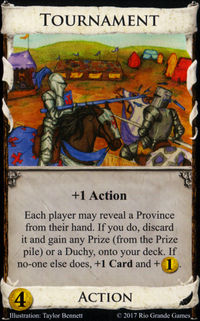
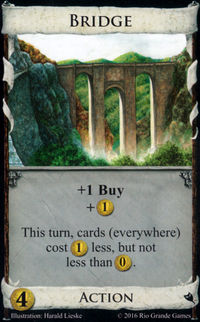
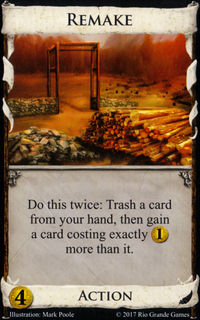
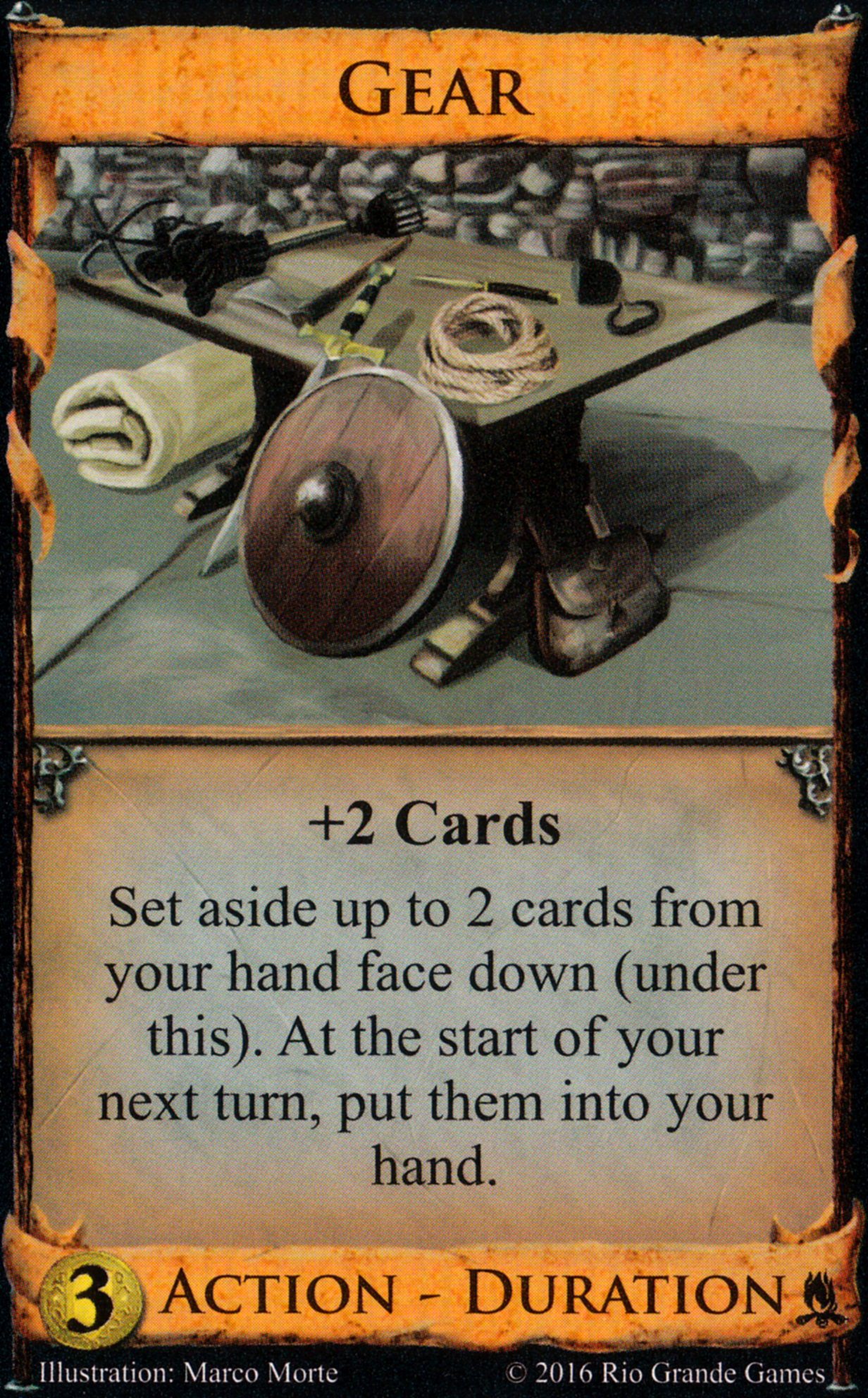
 hand into a
hand into a  hand in order to hit
hand in order to hit  on the next turn. Later in the game, you can save money exceeding
on the next turn. Later in the game, you can save money exceeding  so you can buy Provinces more consistently.
so you can buy Provinces more consistently. -
- on turn 3 or 4.
on turn 3 or 4. on turn 4 for Gold (or something better). If you don't see any Gears on turn 3, you can buy Silver and have a great chance to hit
on turn 4 for Gold (or something better). If you don't see any Gears on turn 3, you can buy Silver and have a great chance to hit 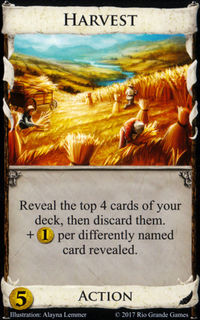
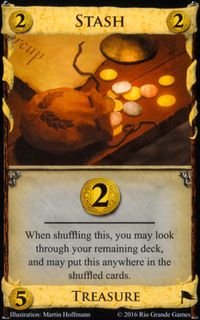
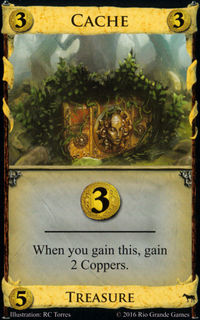
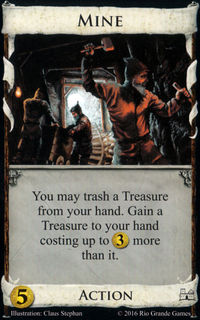
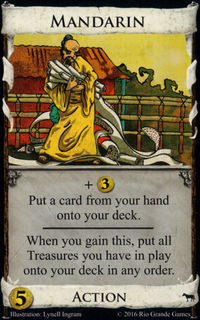
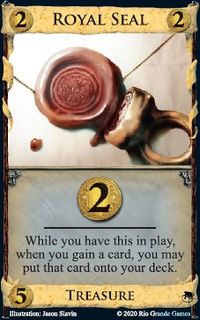
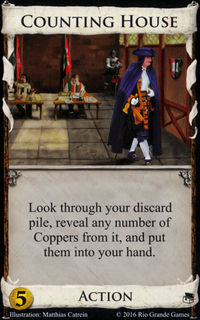
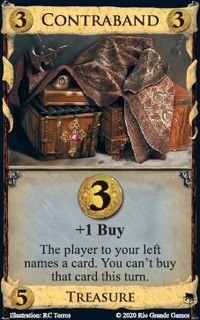
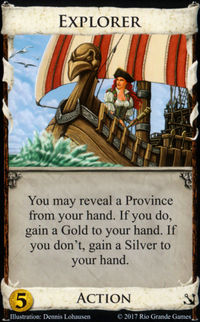
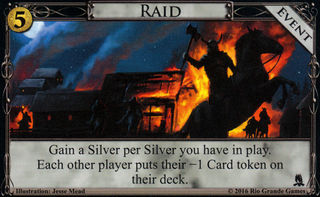
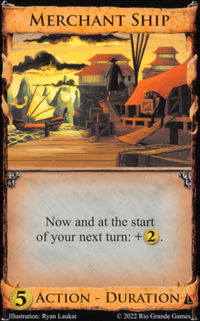
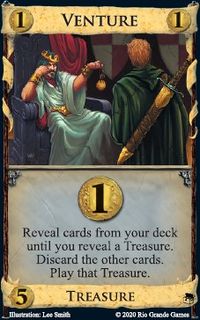
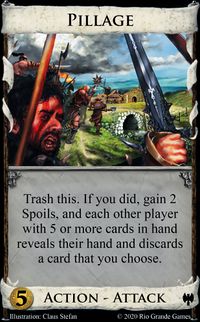
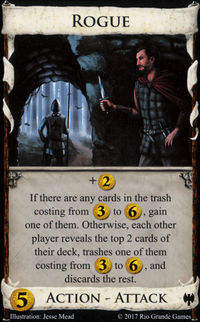
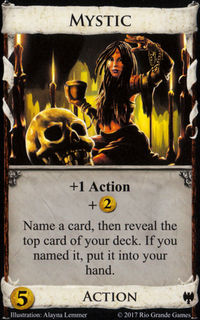
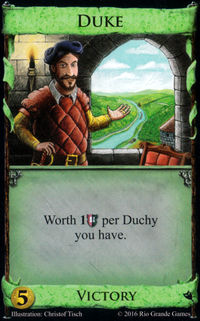
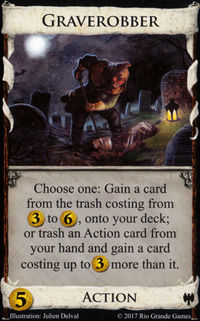
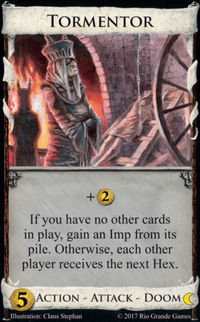
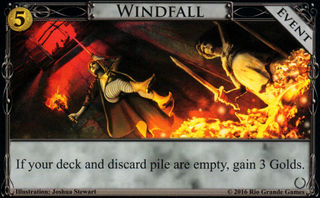
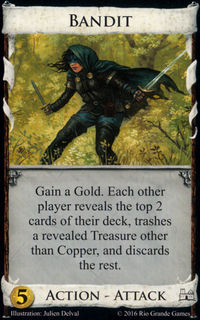
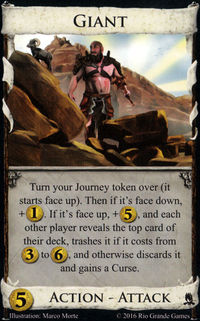
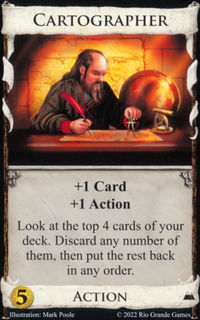
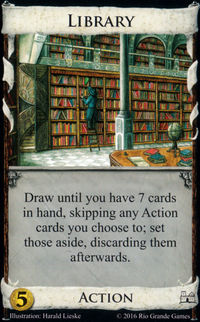
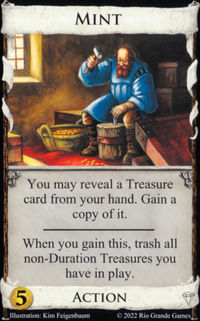
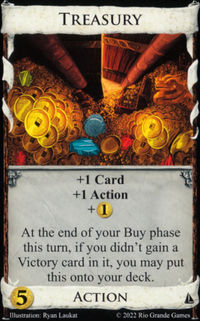
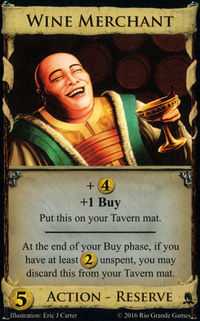
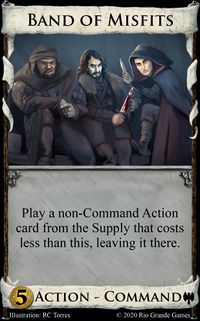
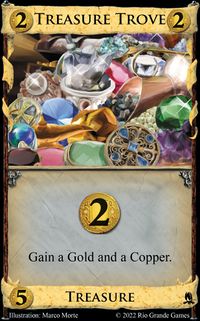
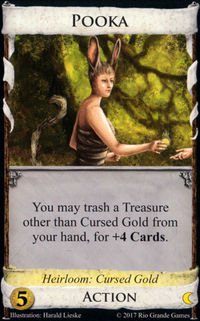
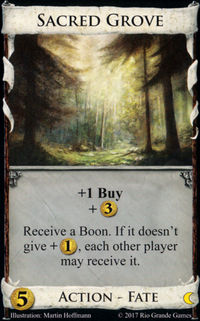
 boon is great.
boon is great.